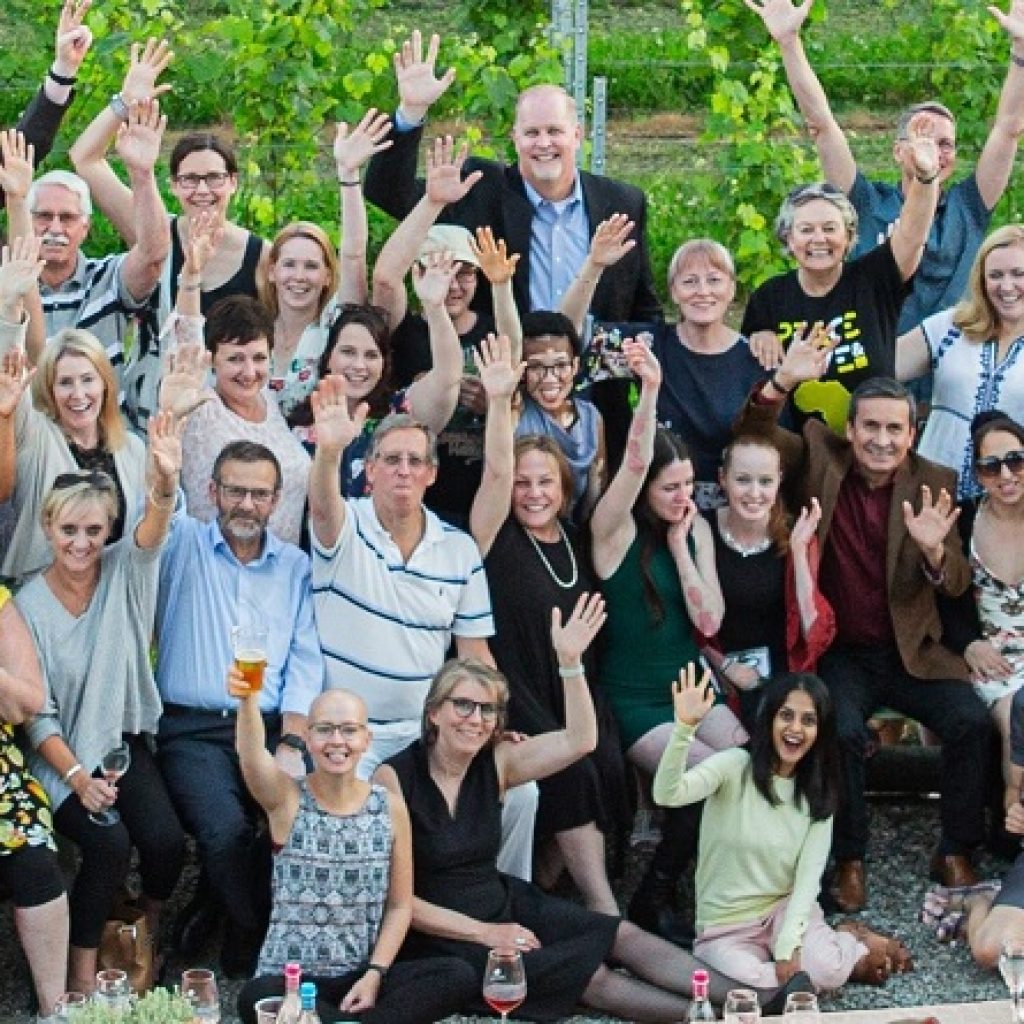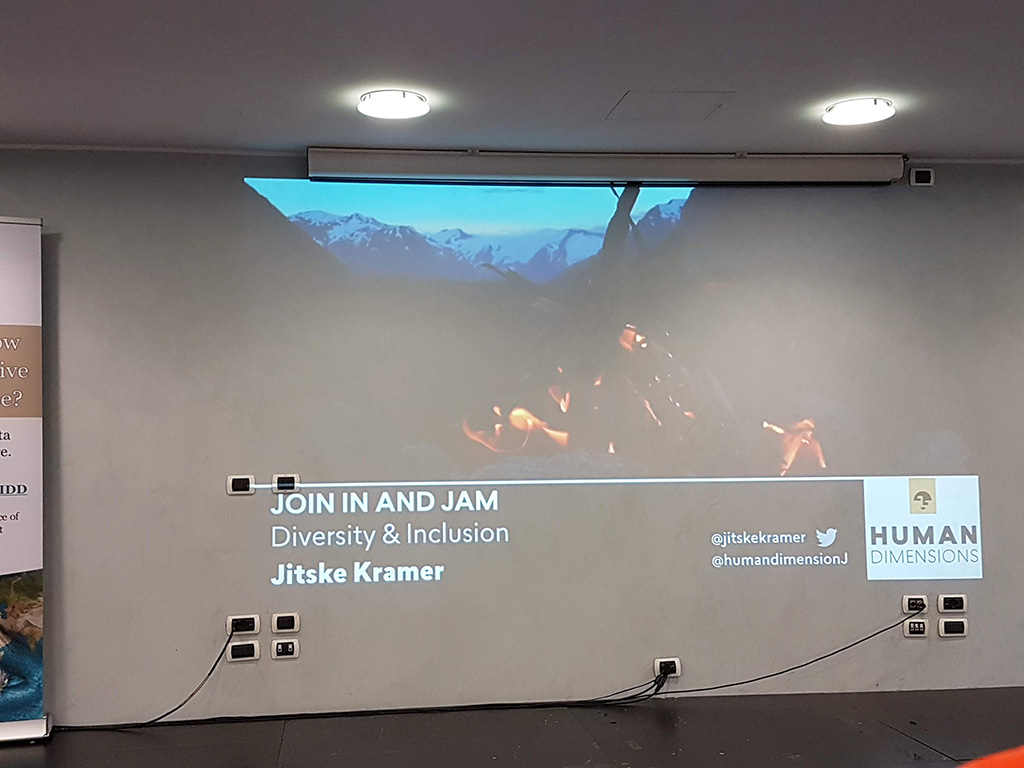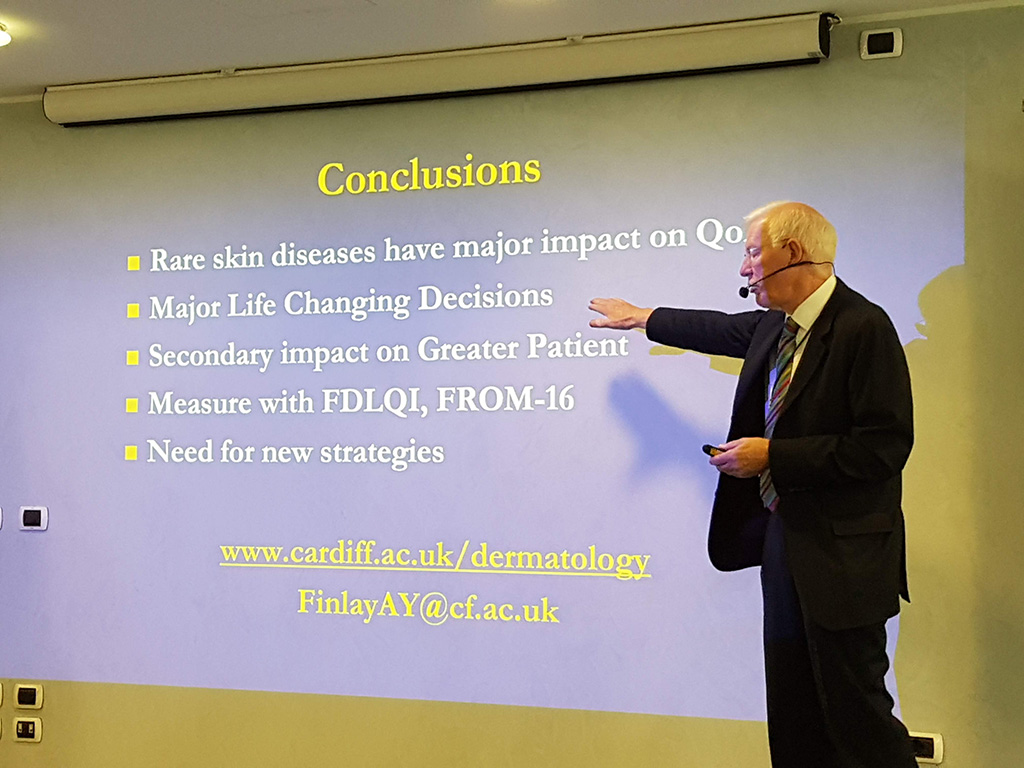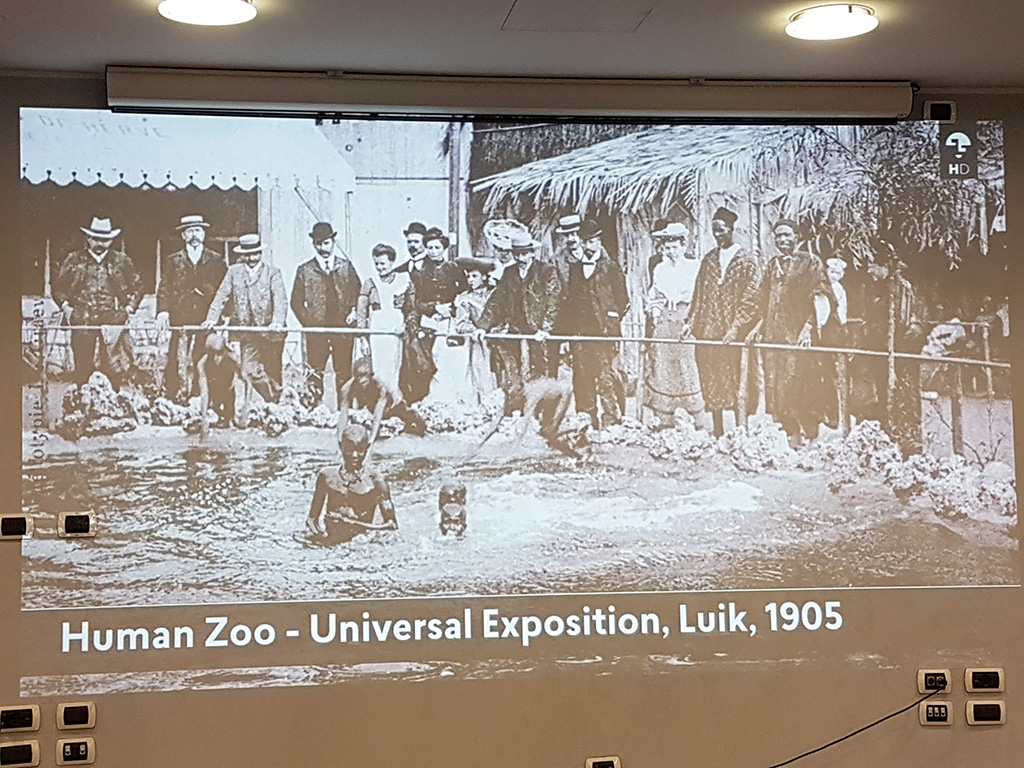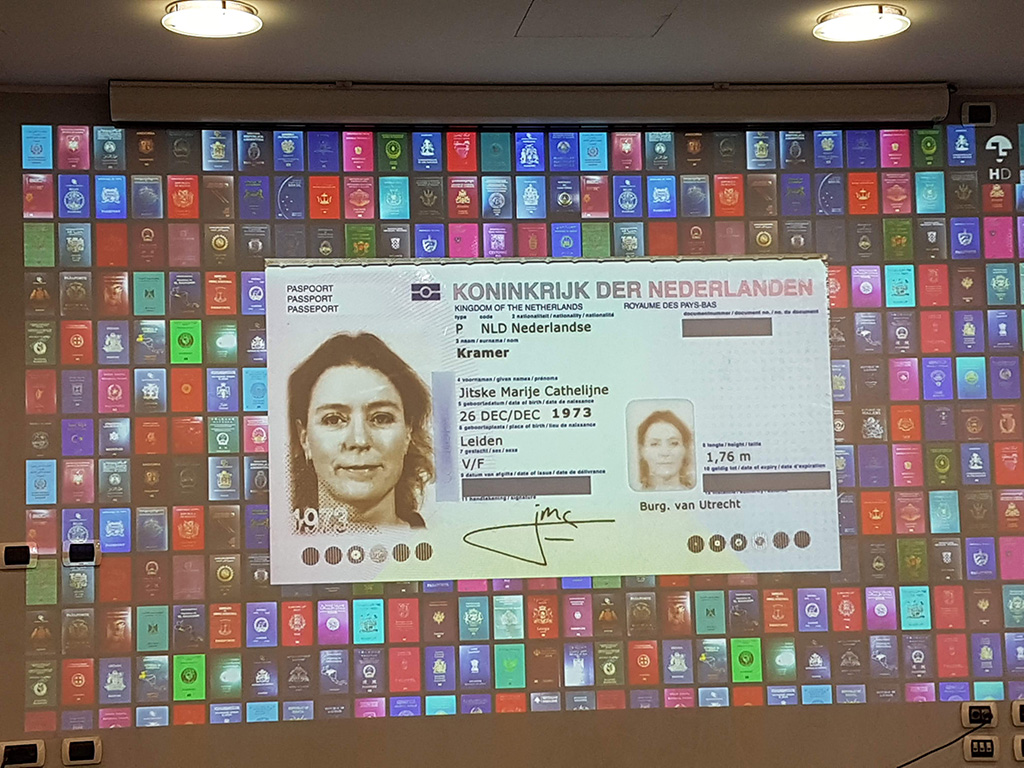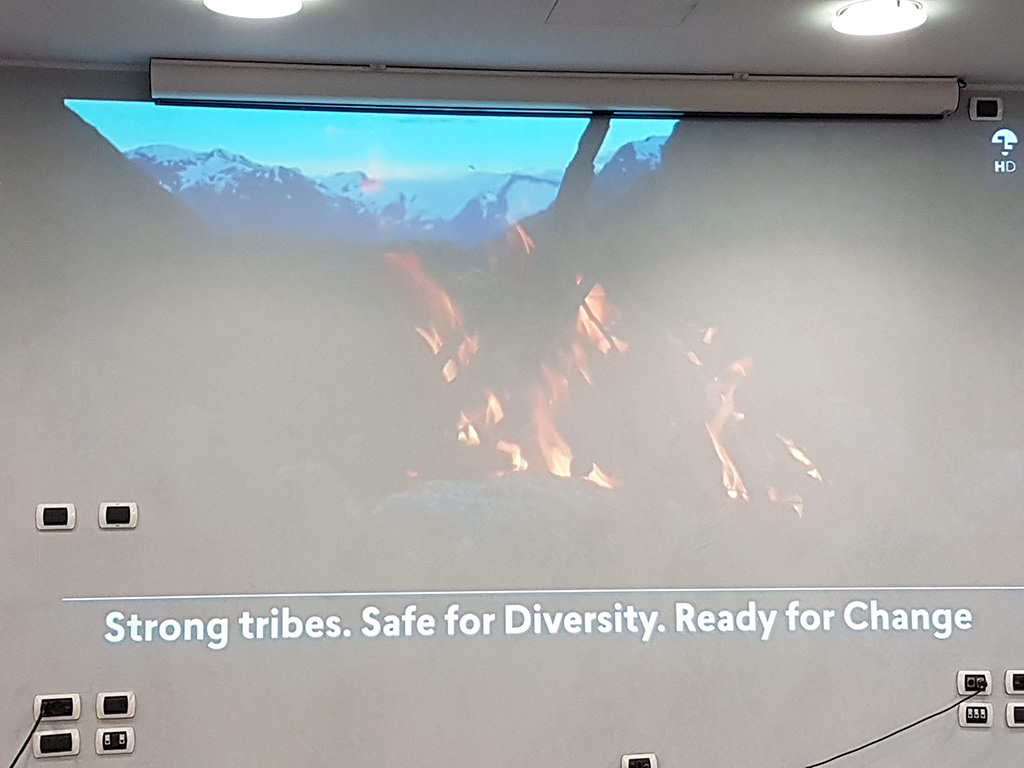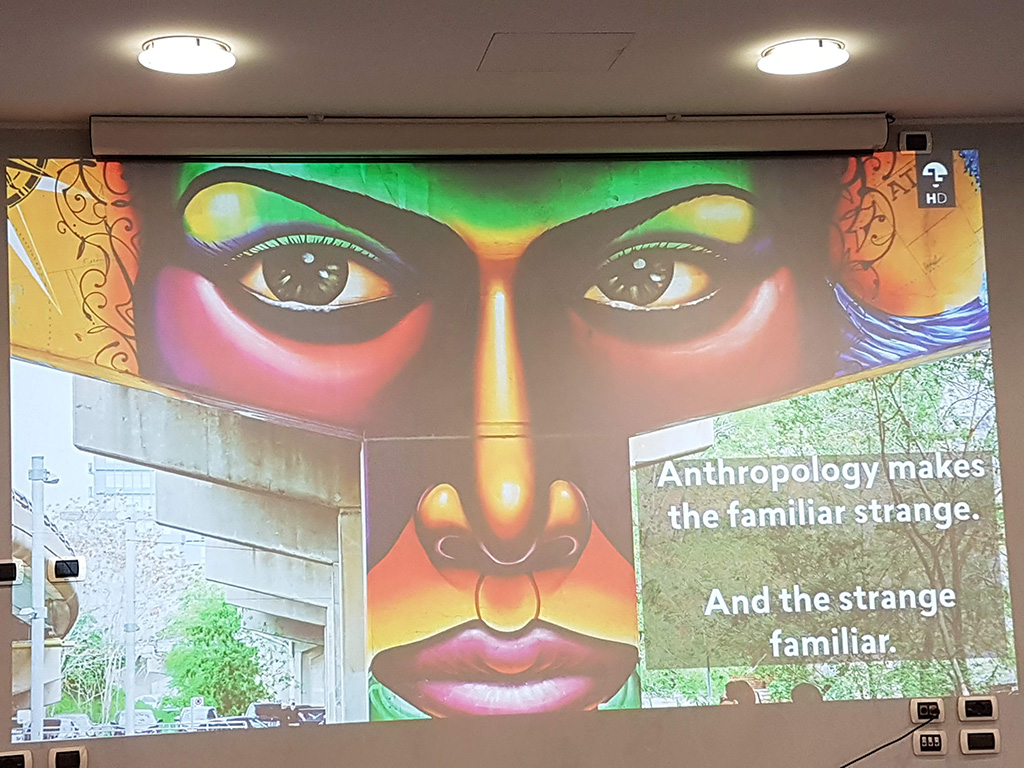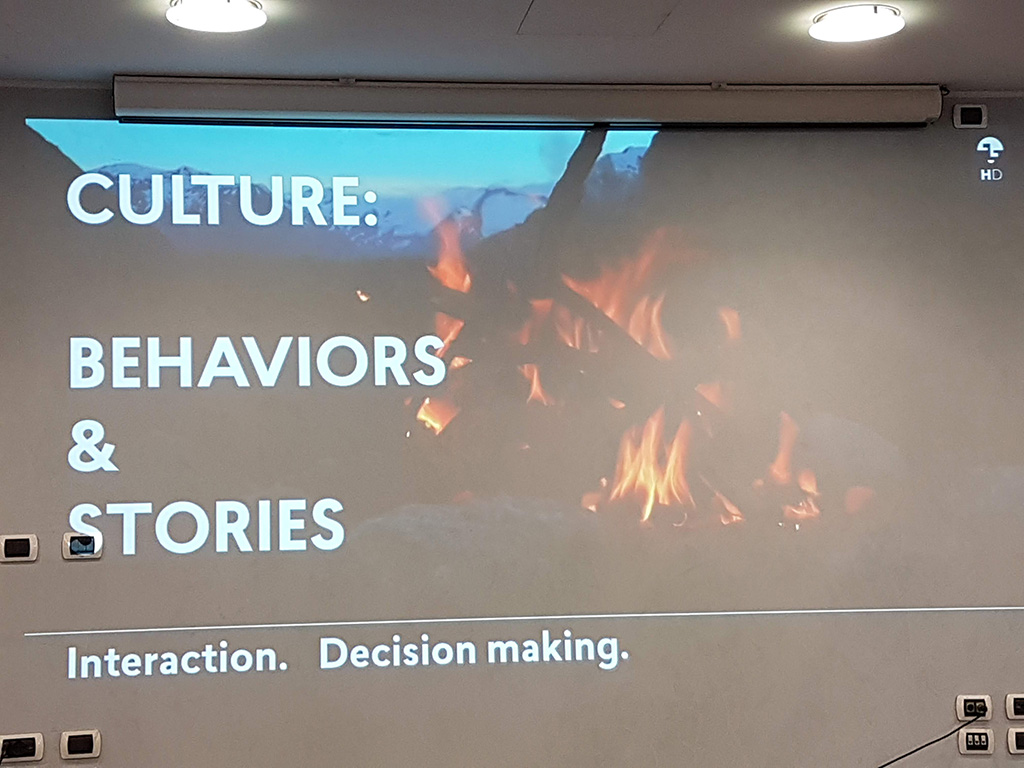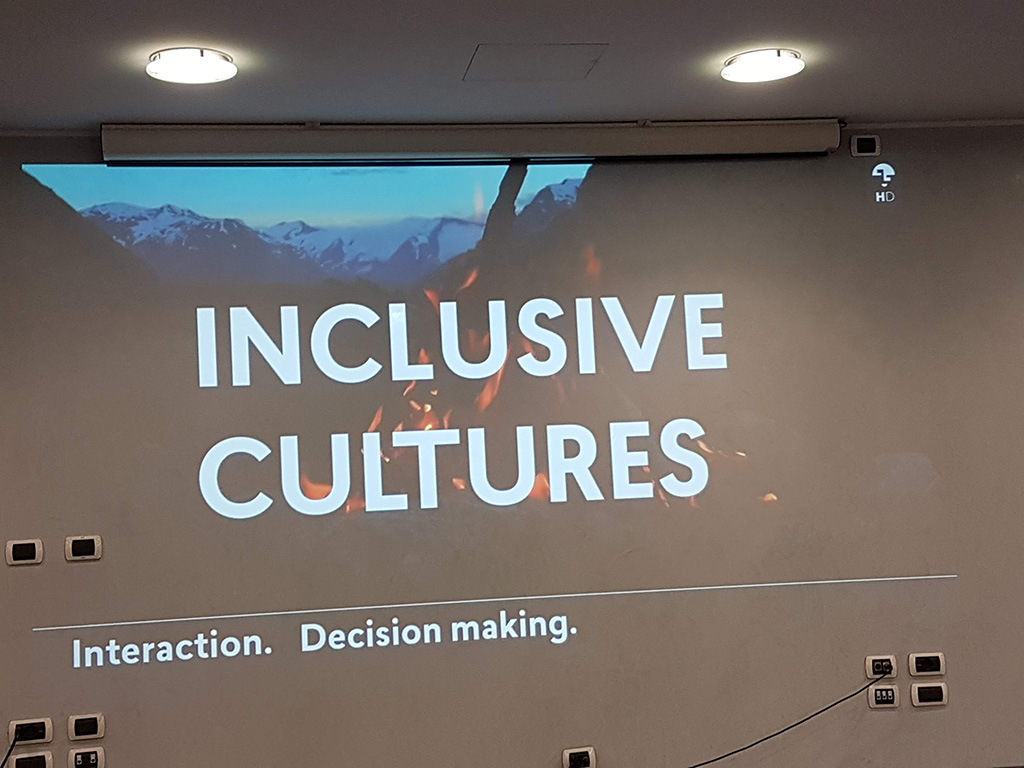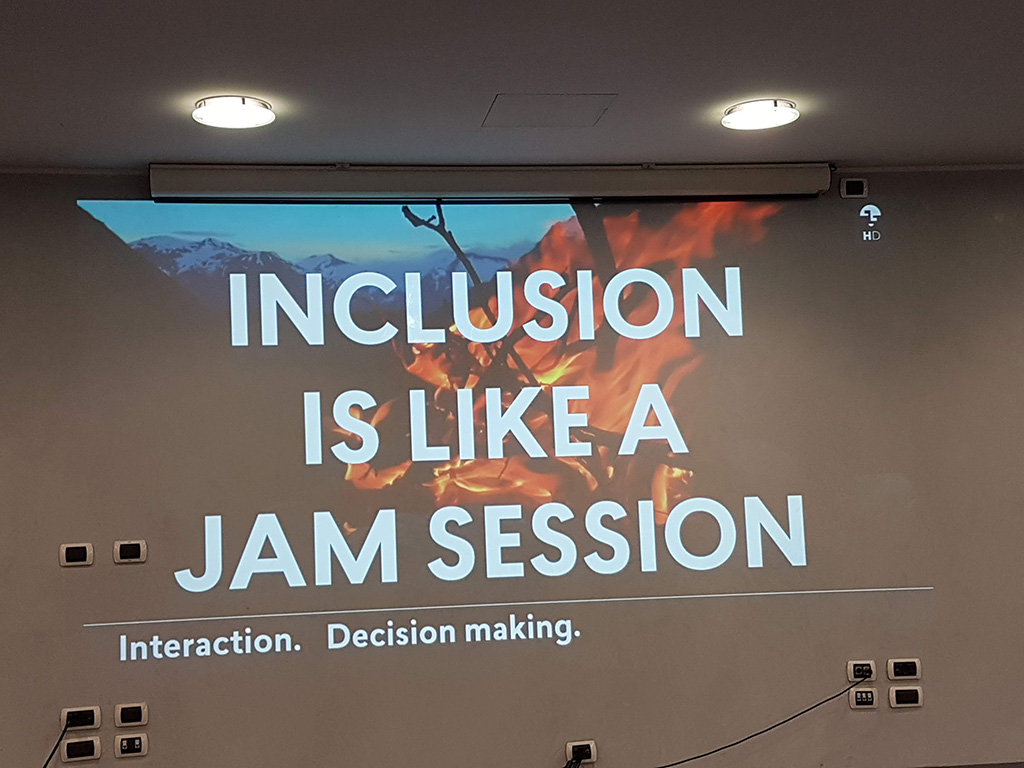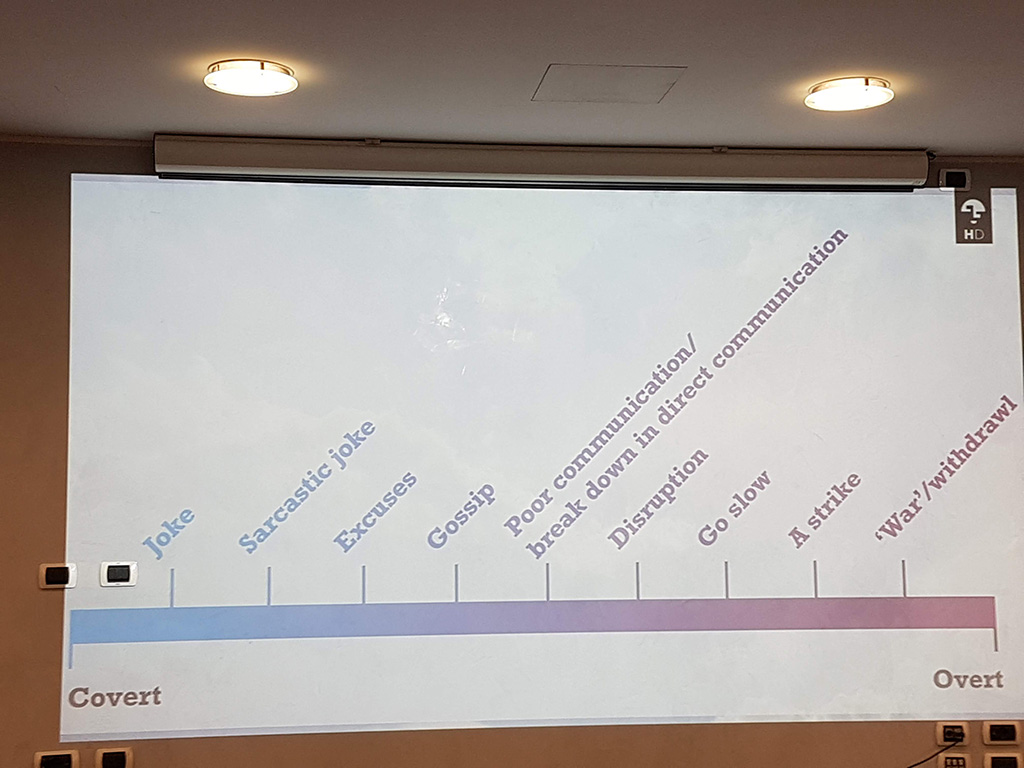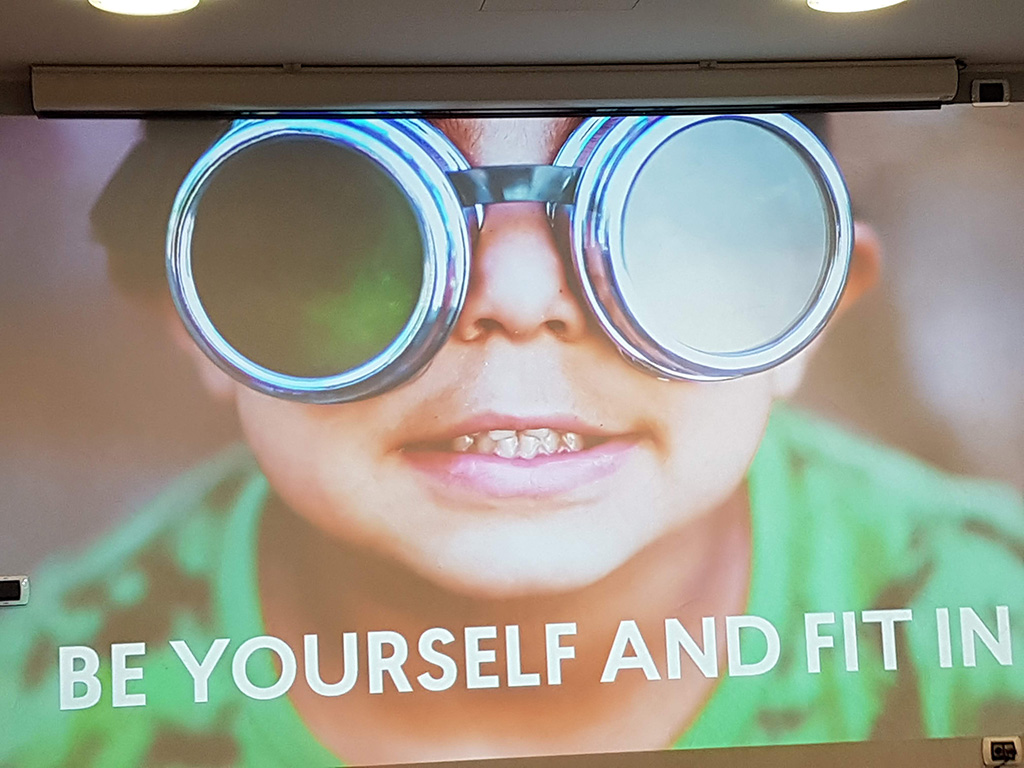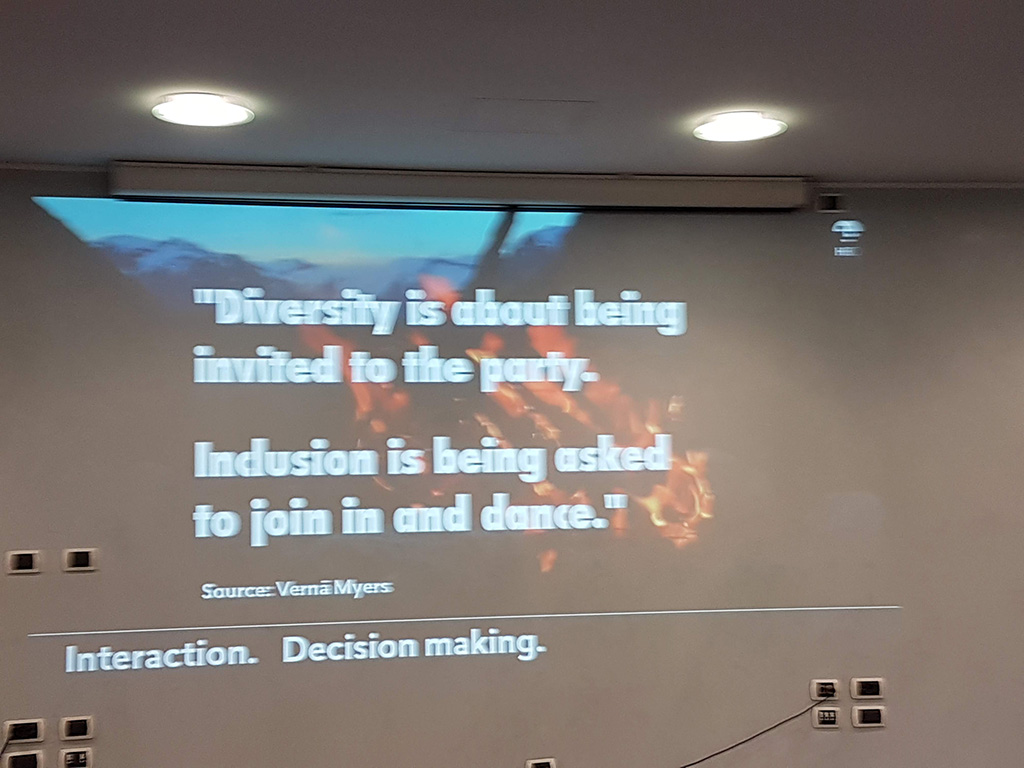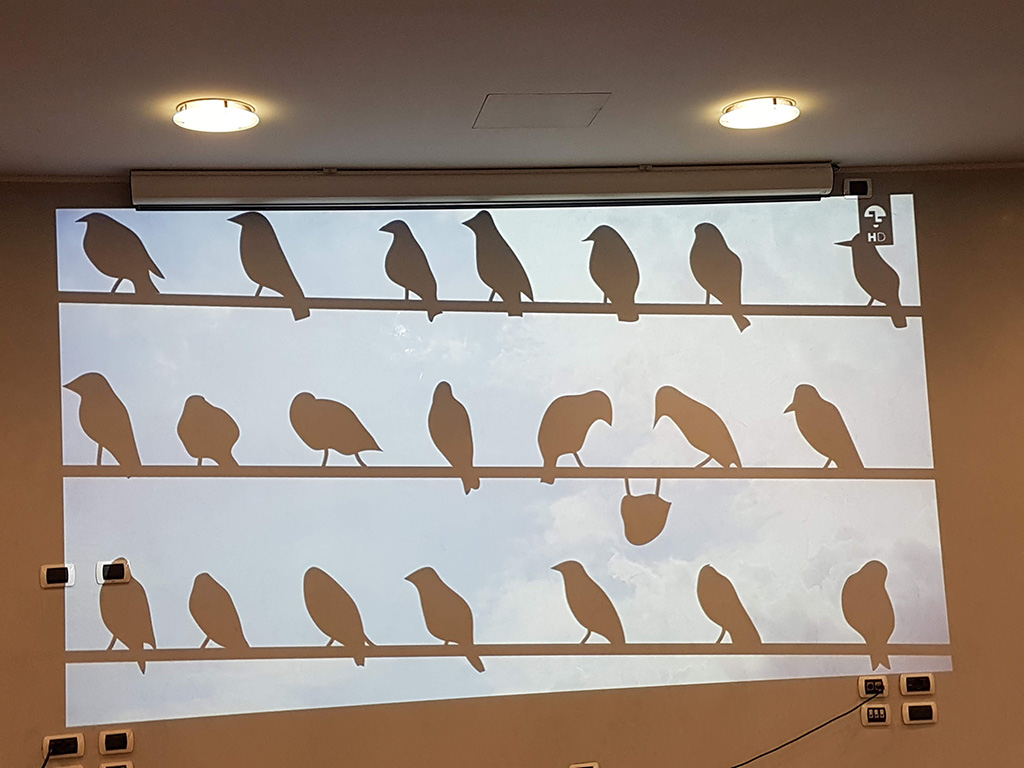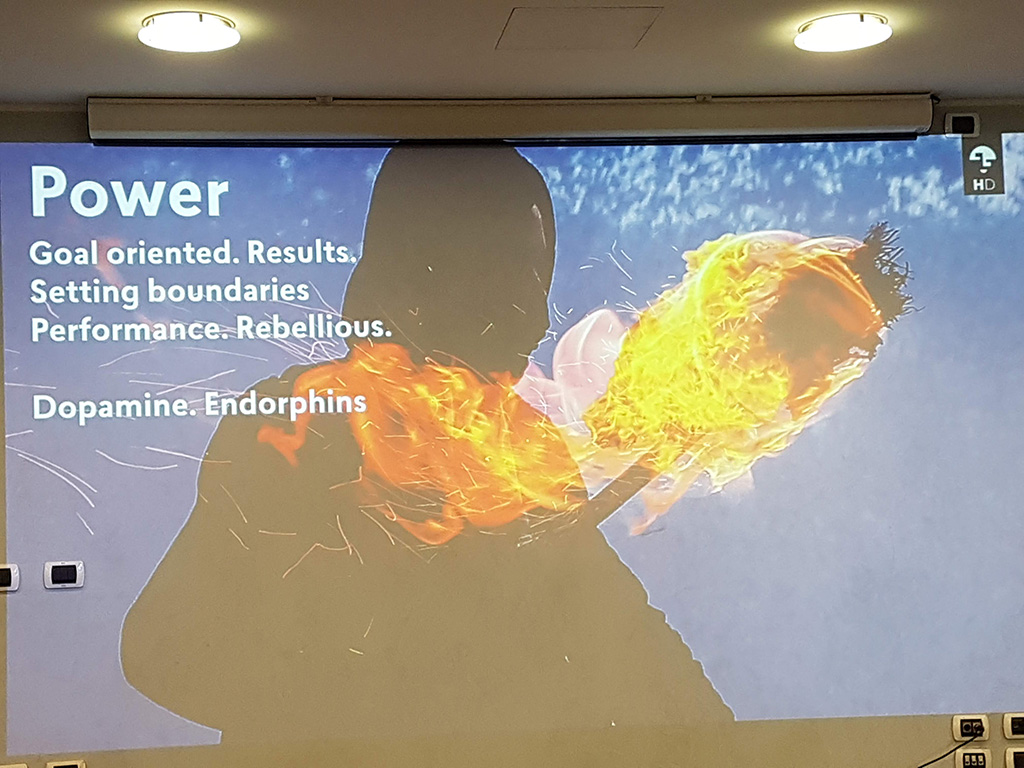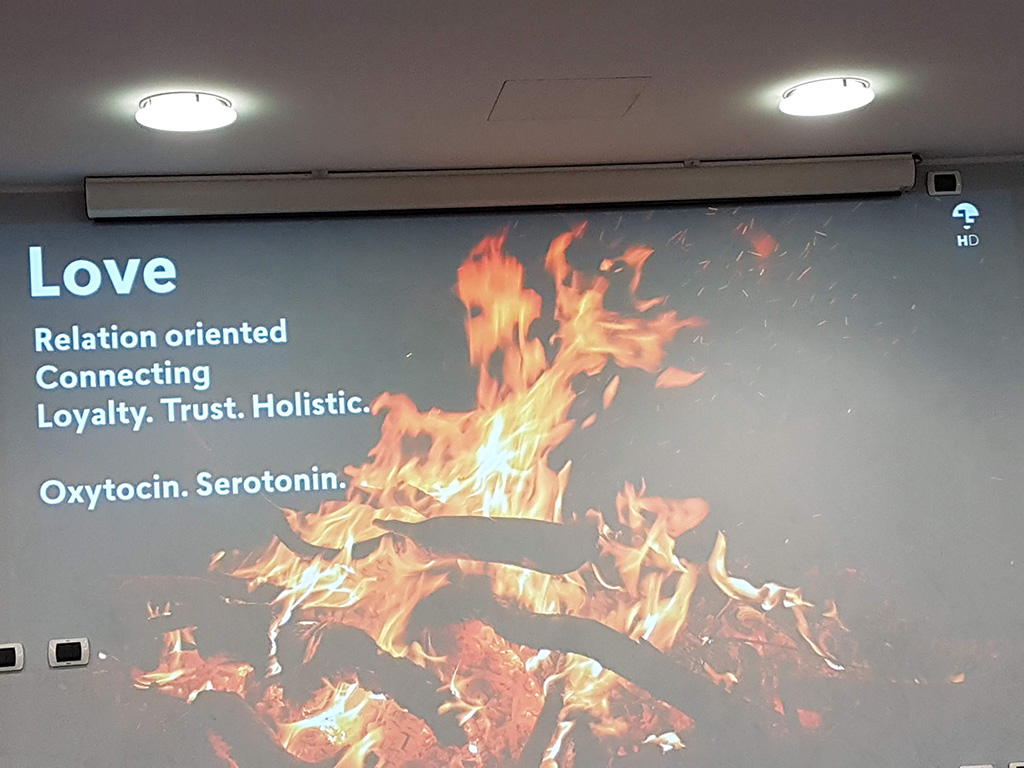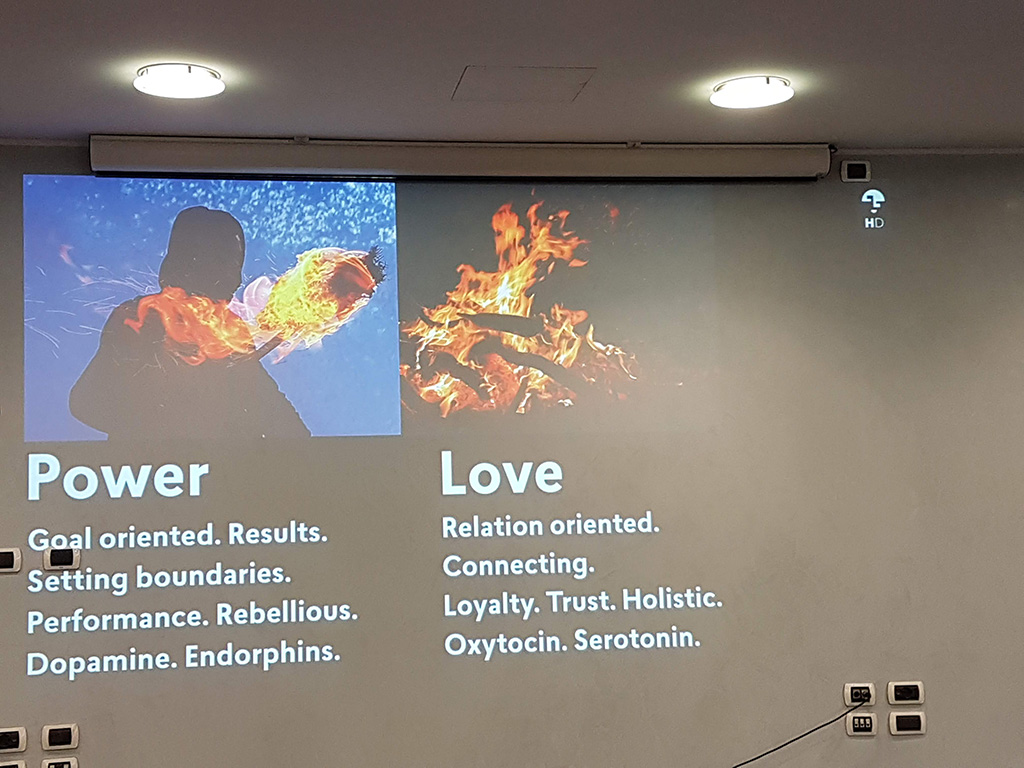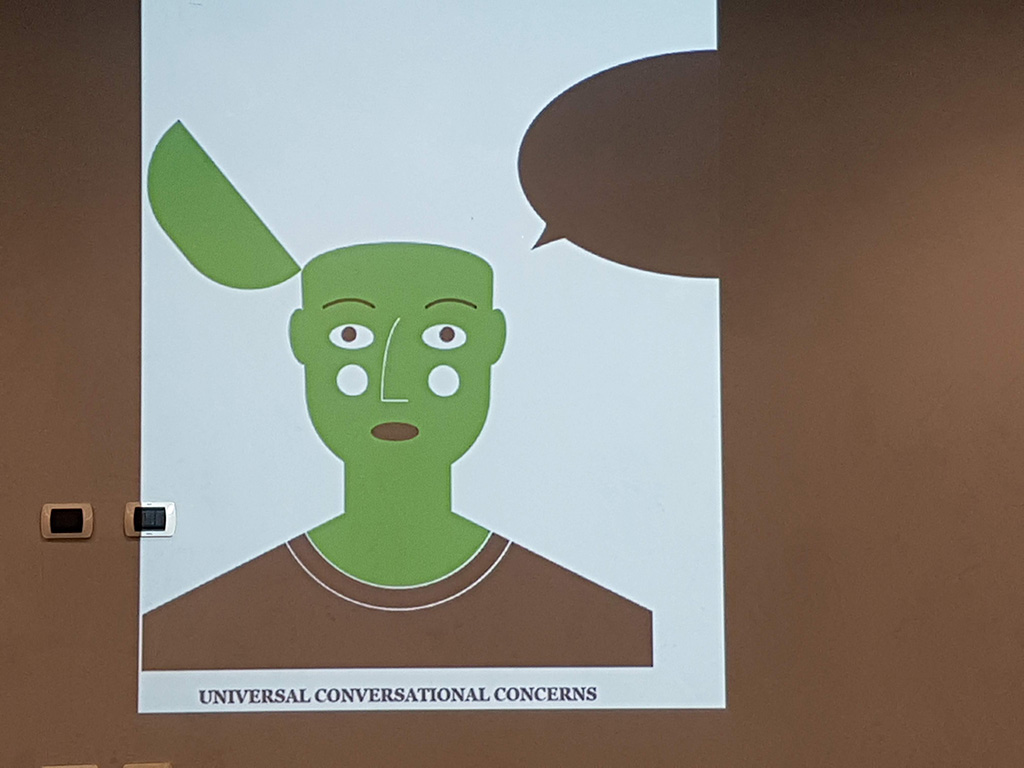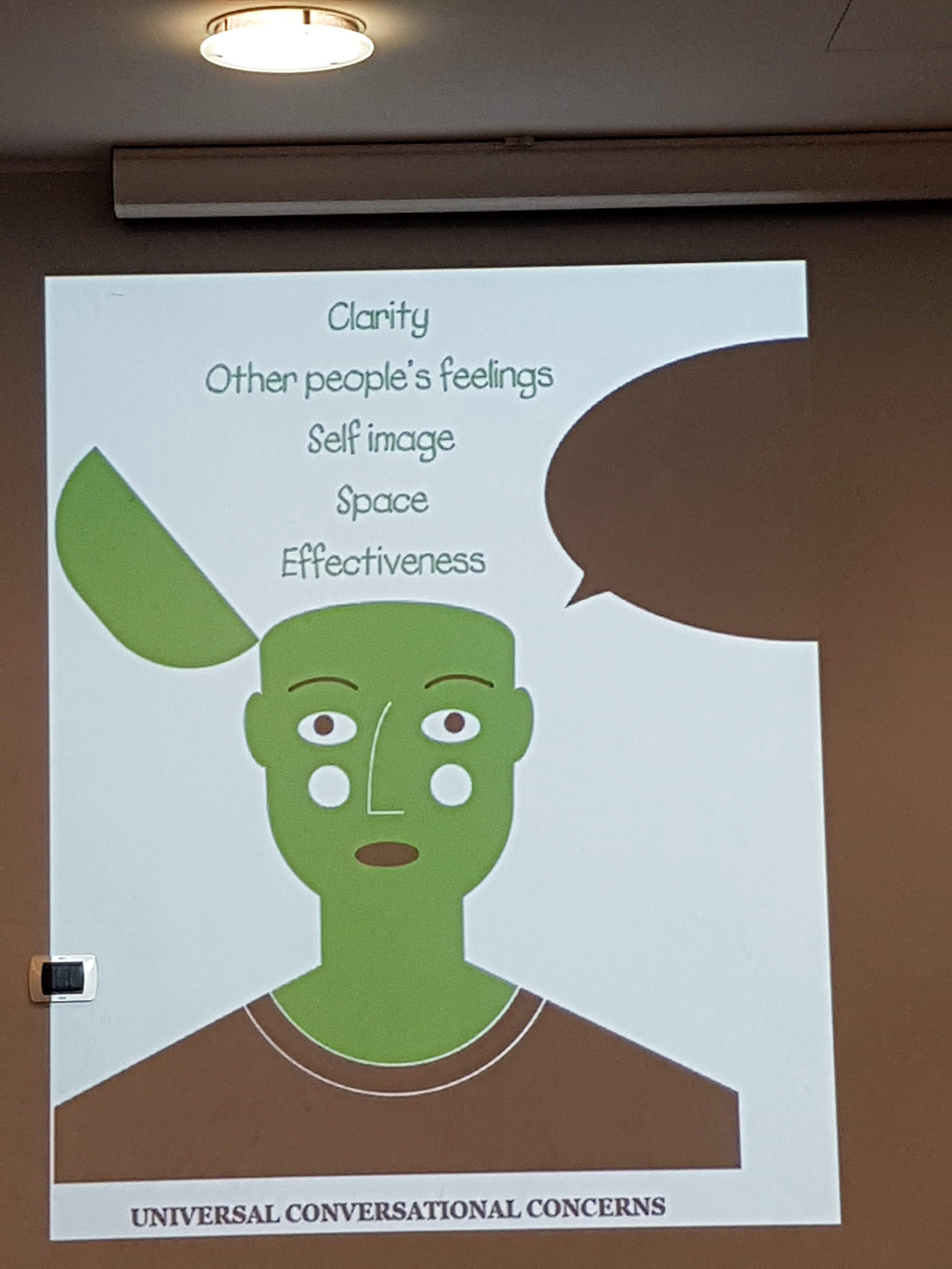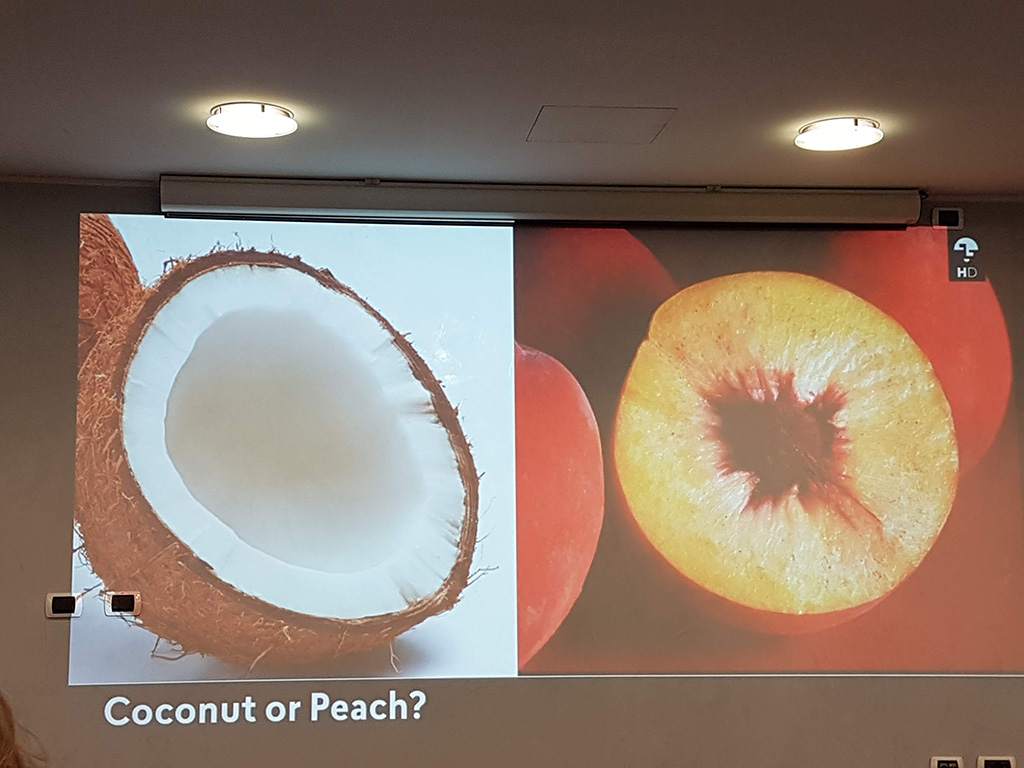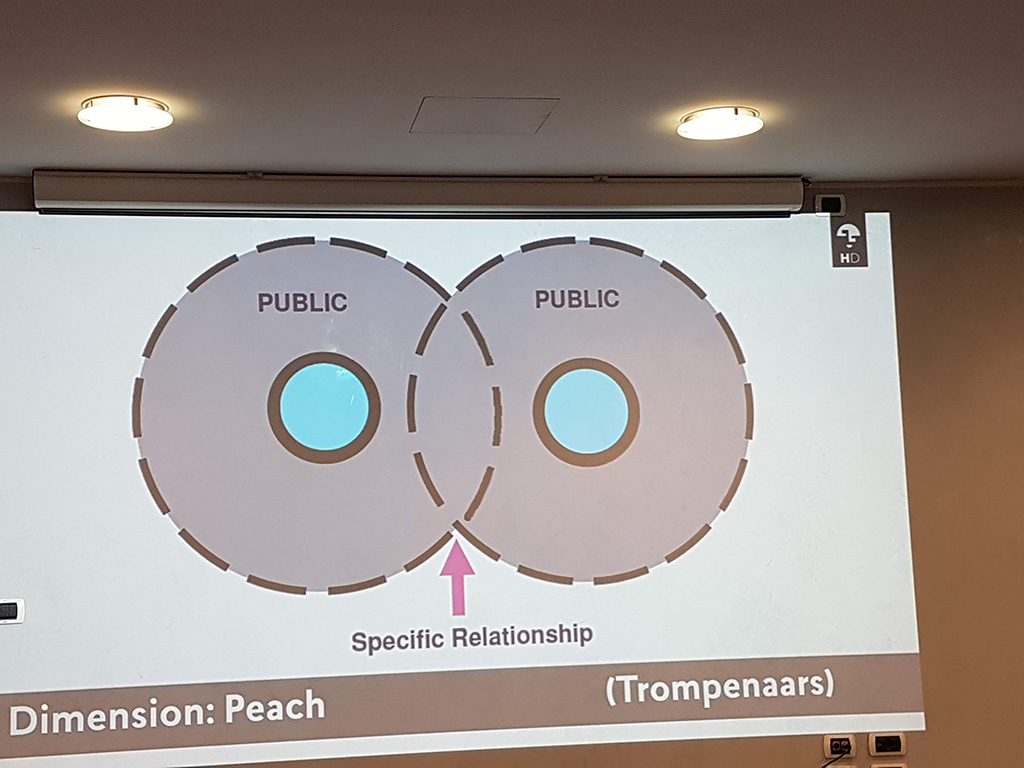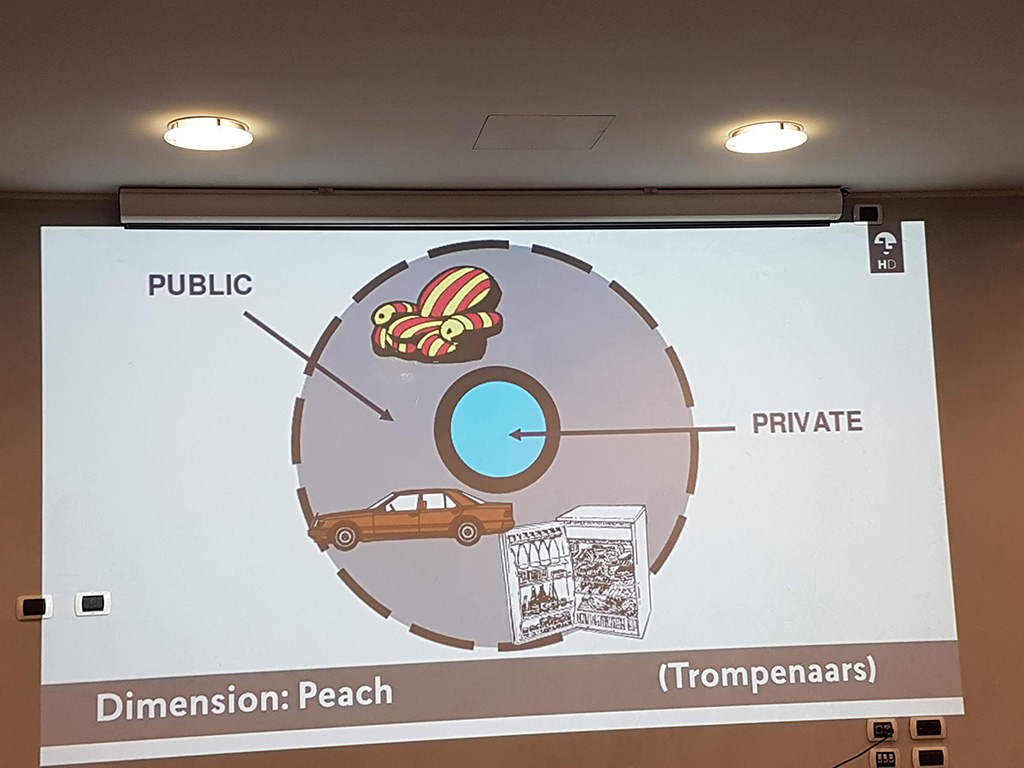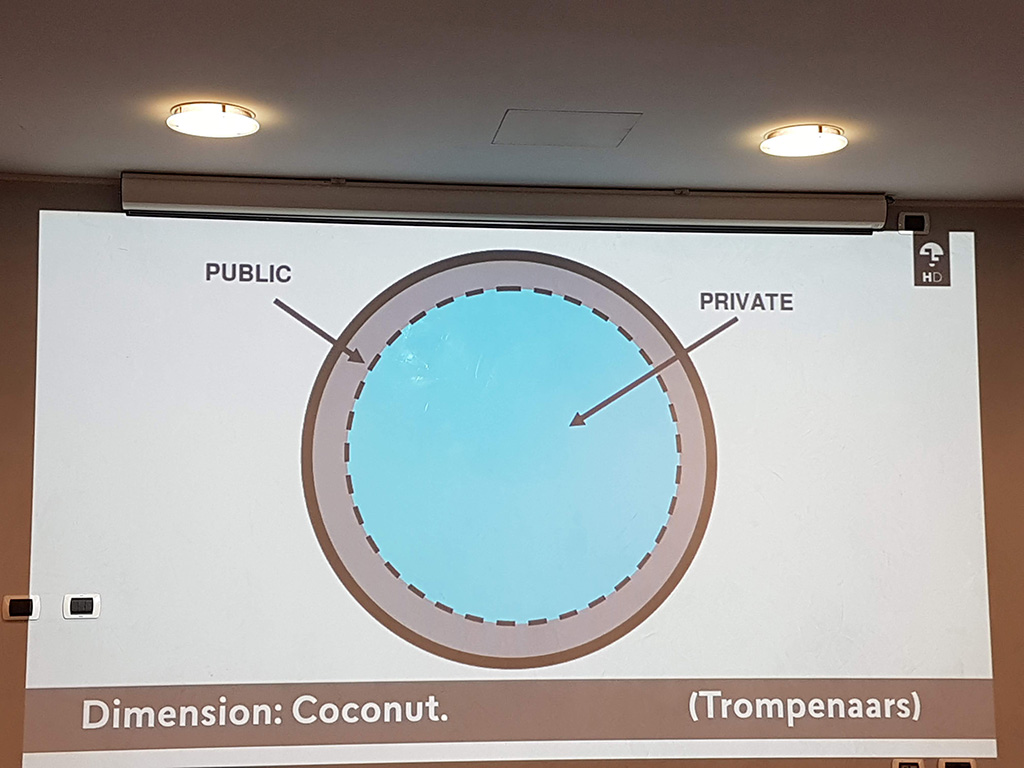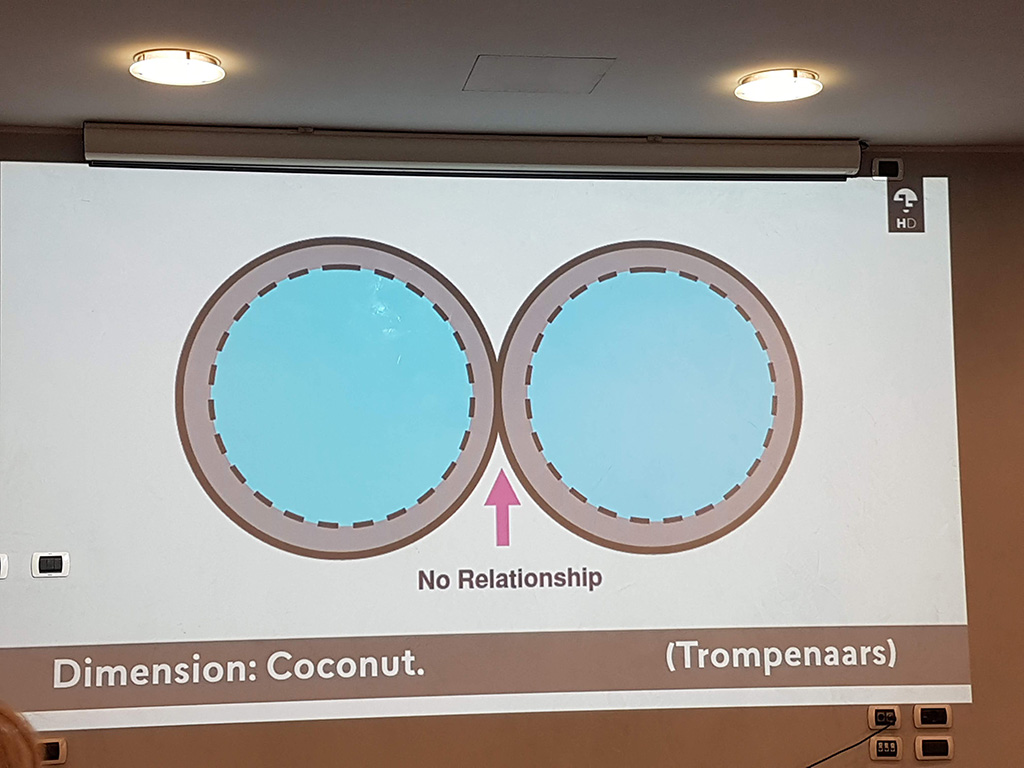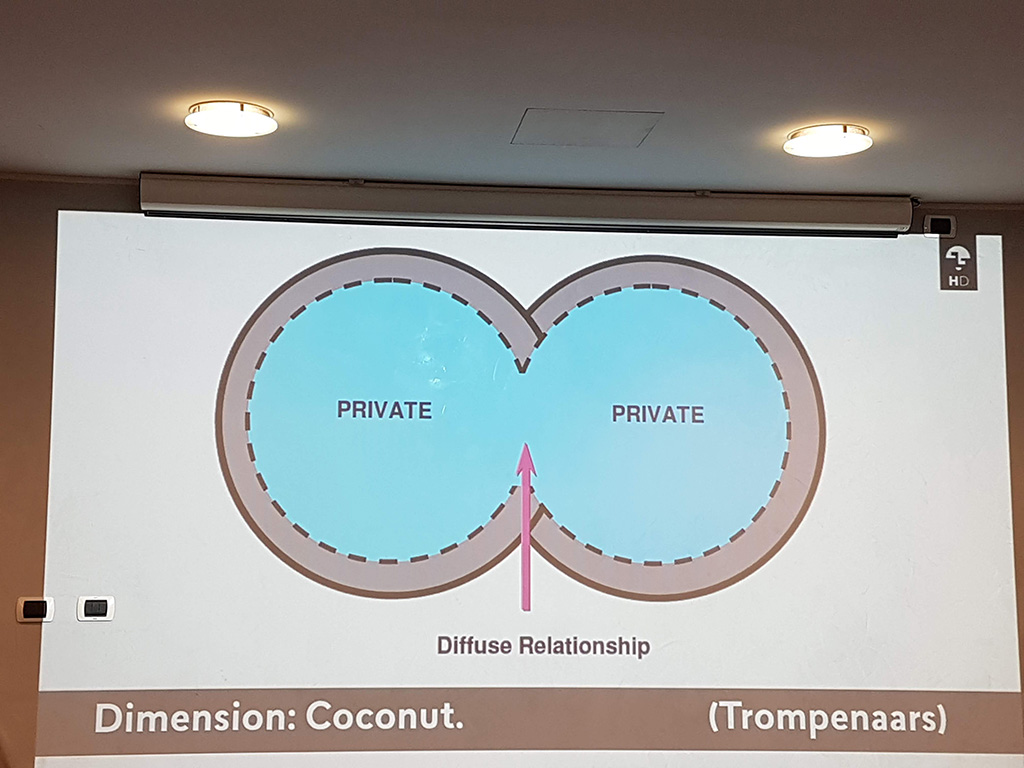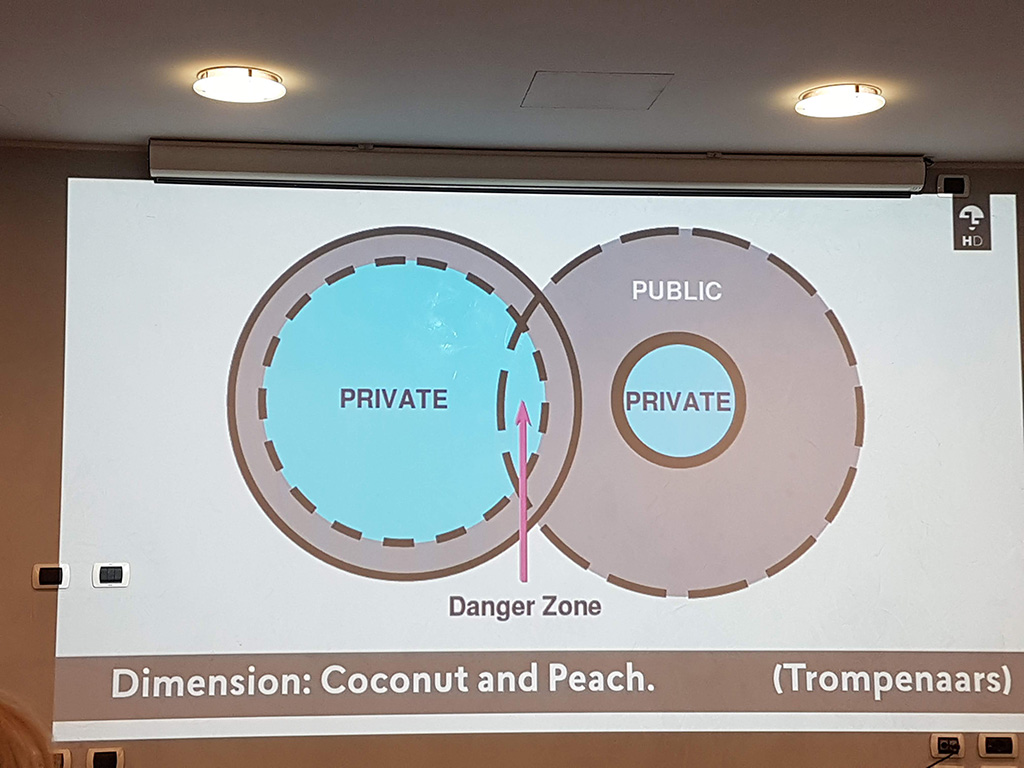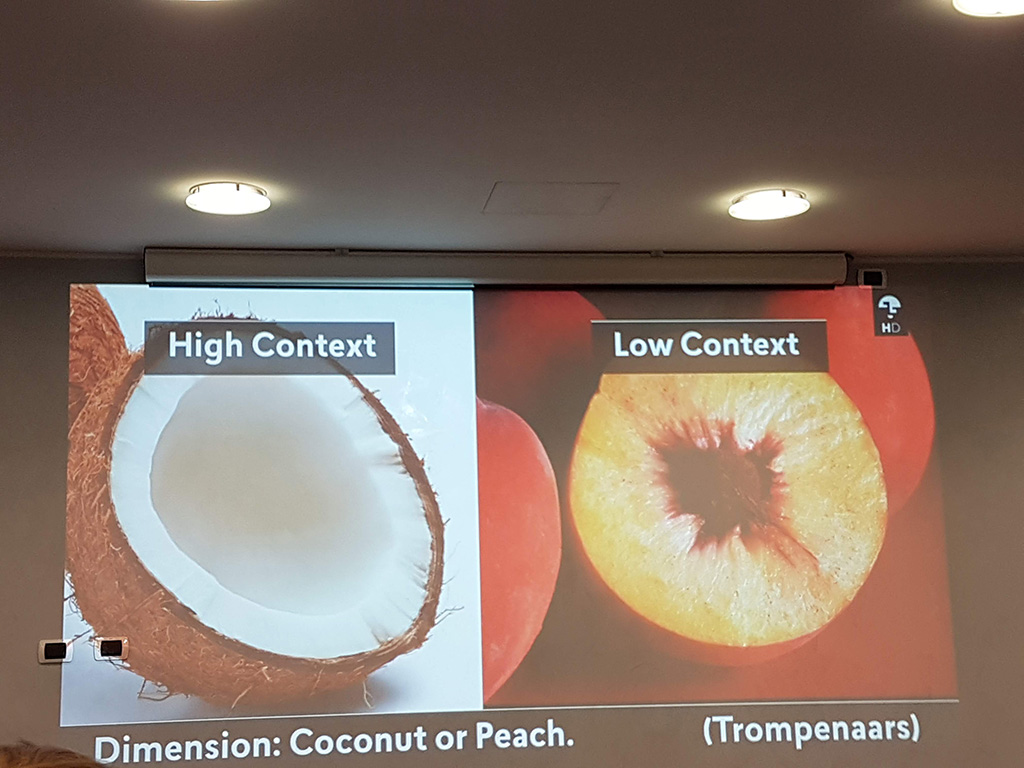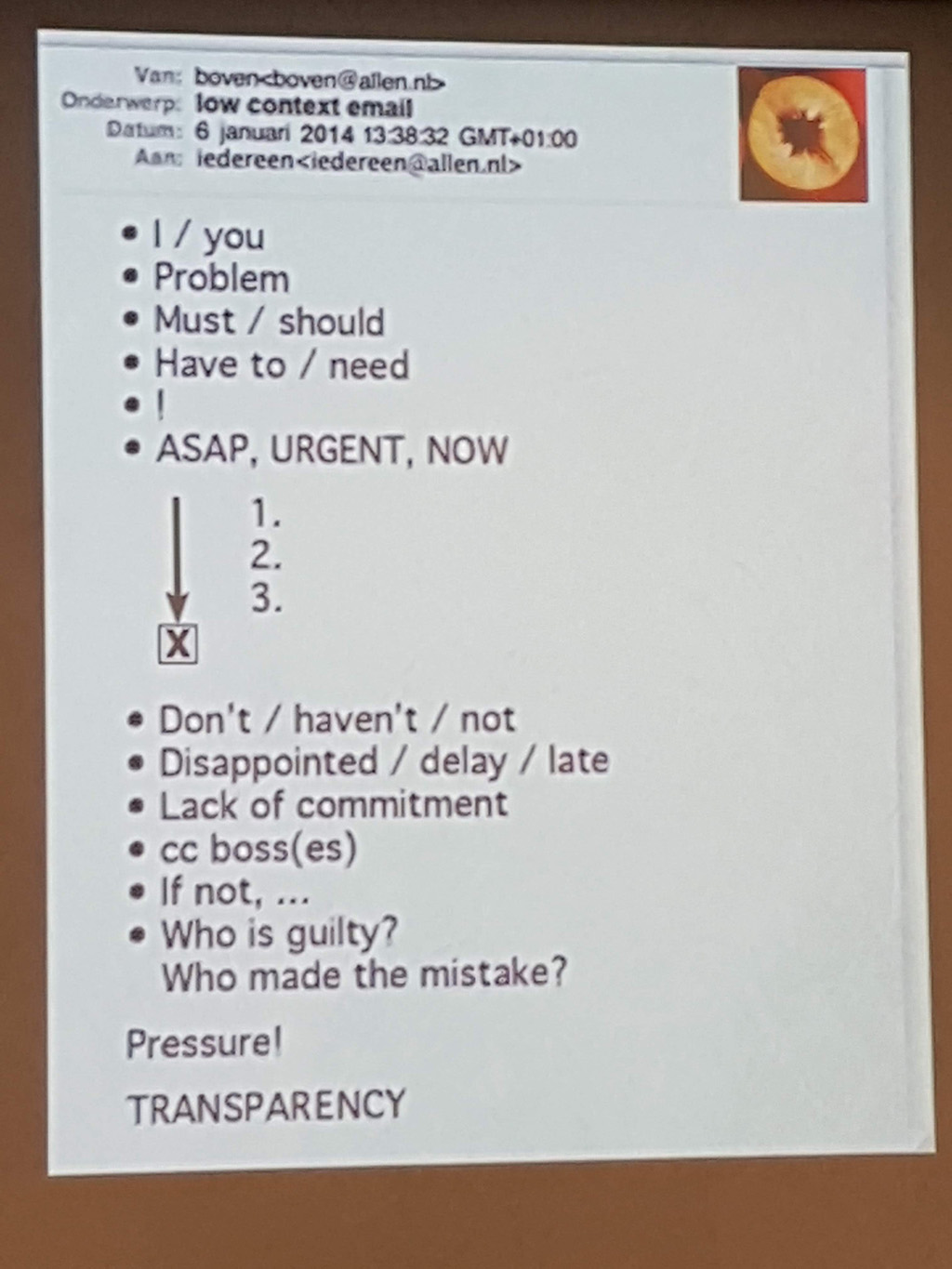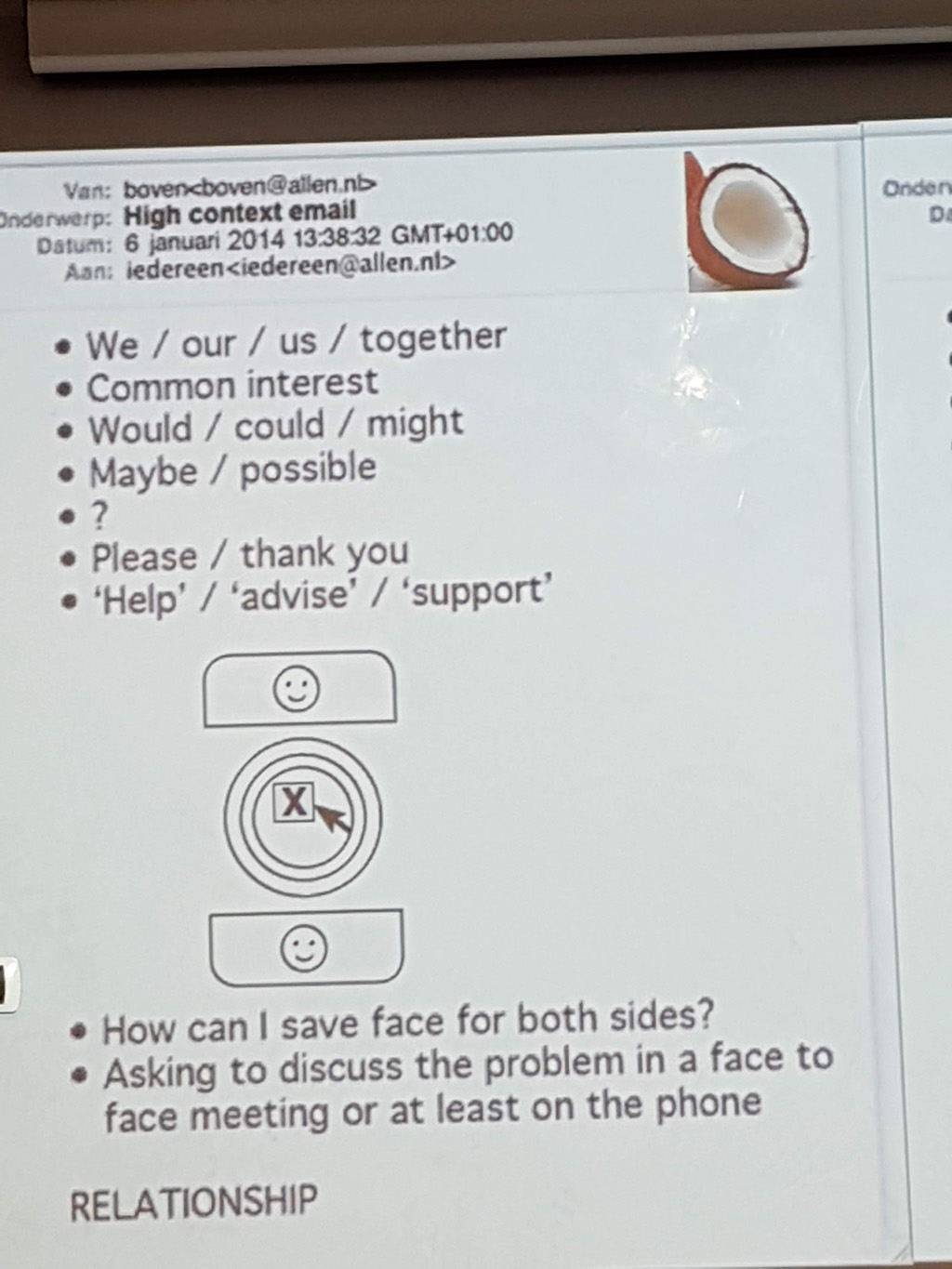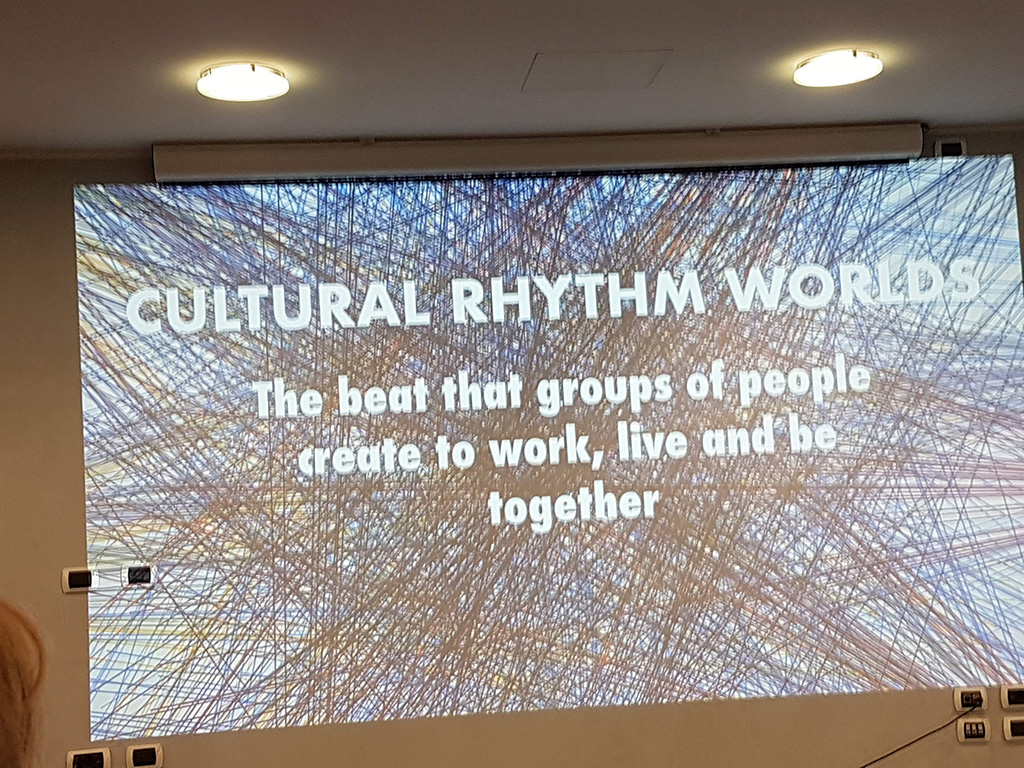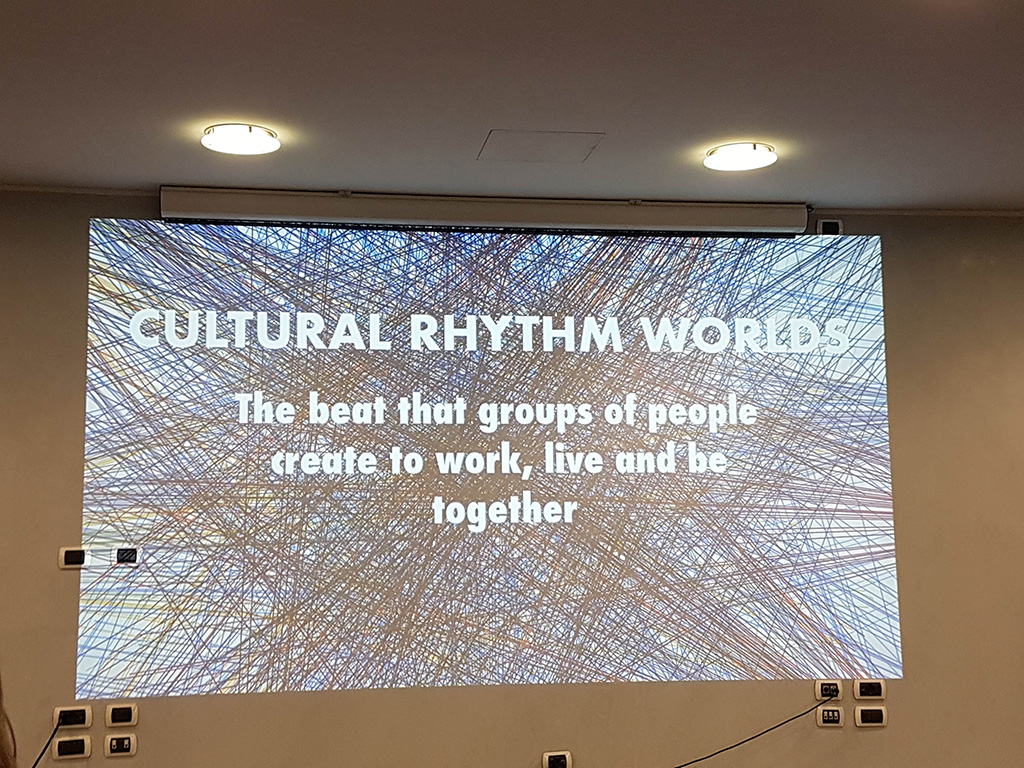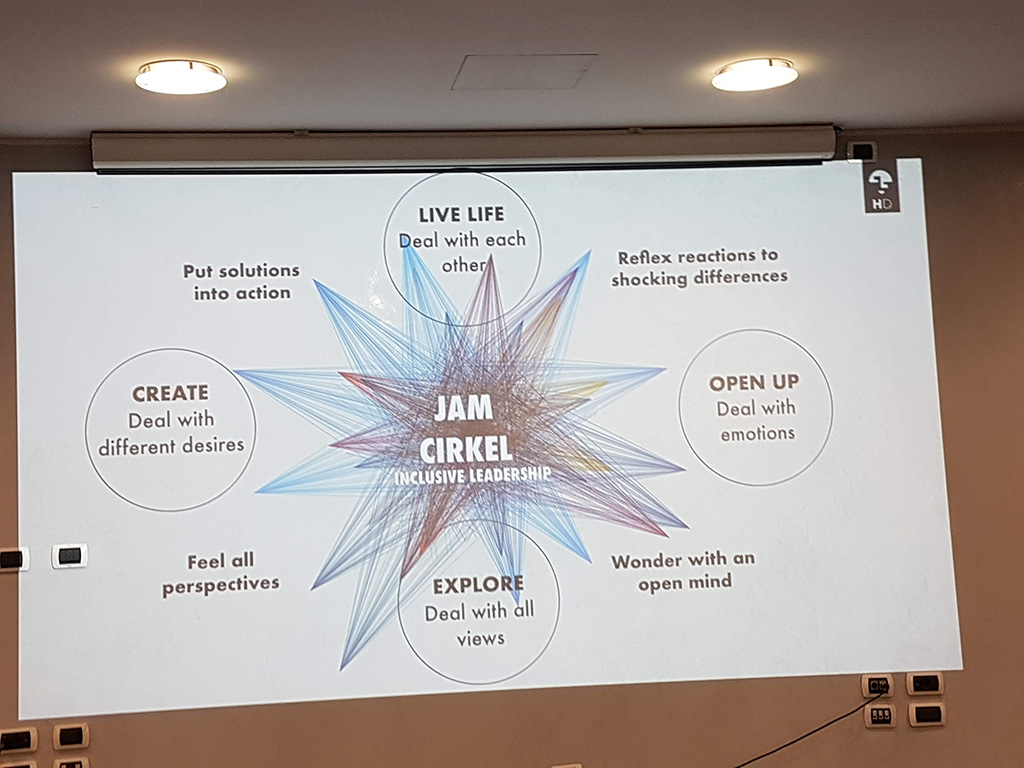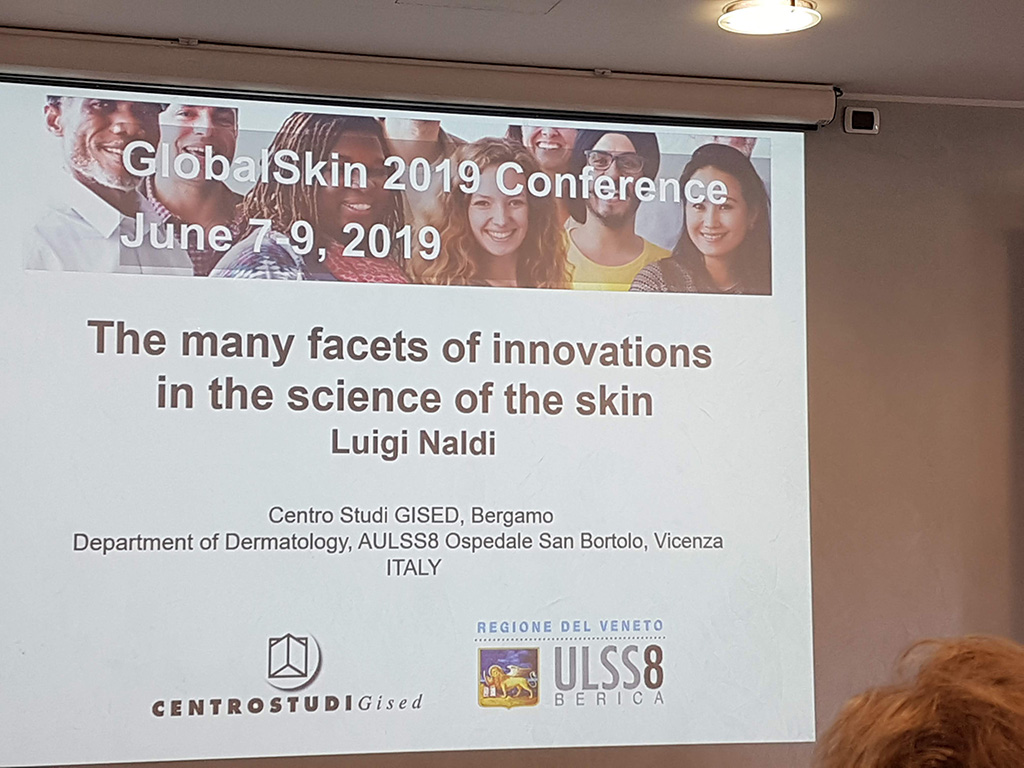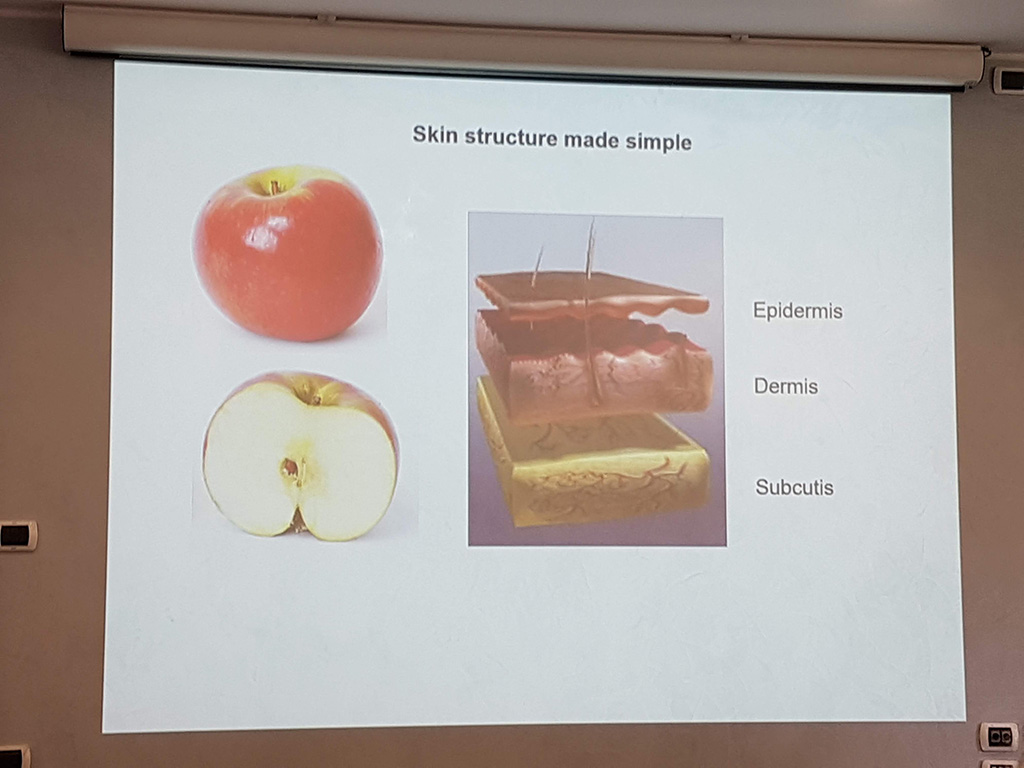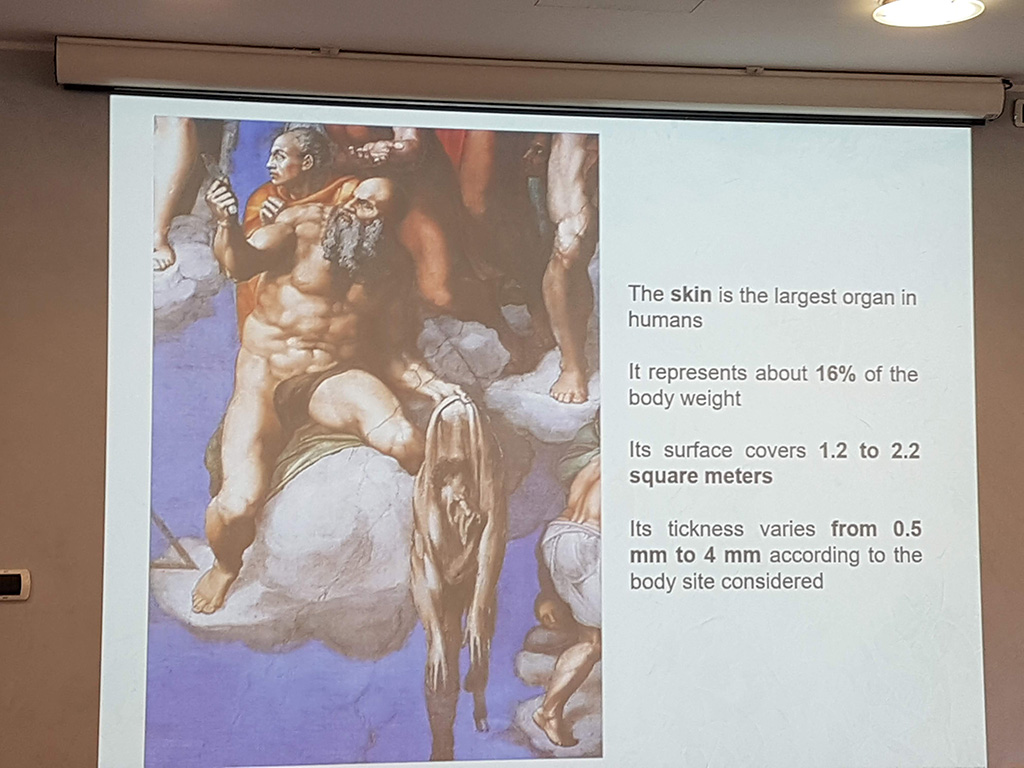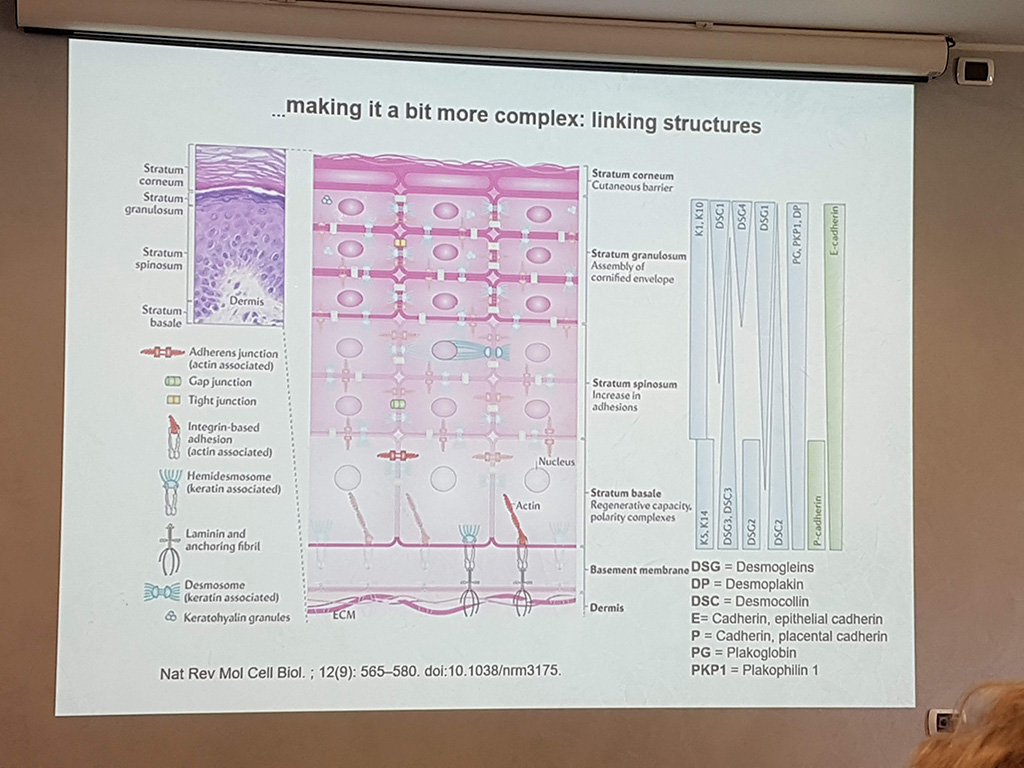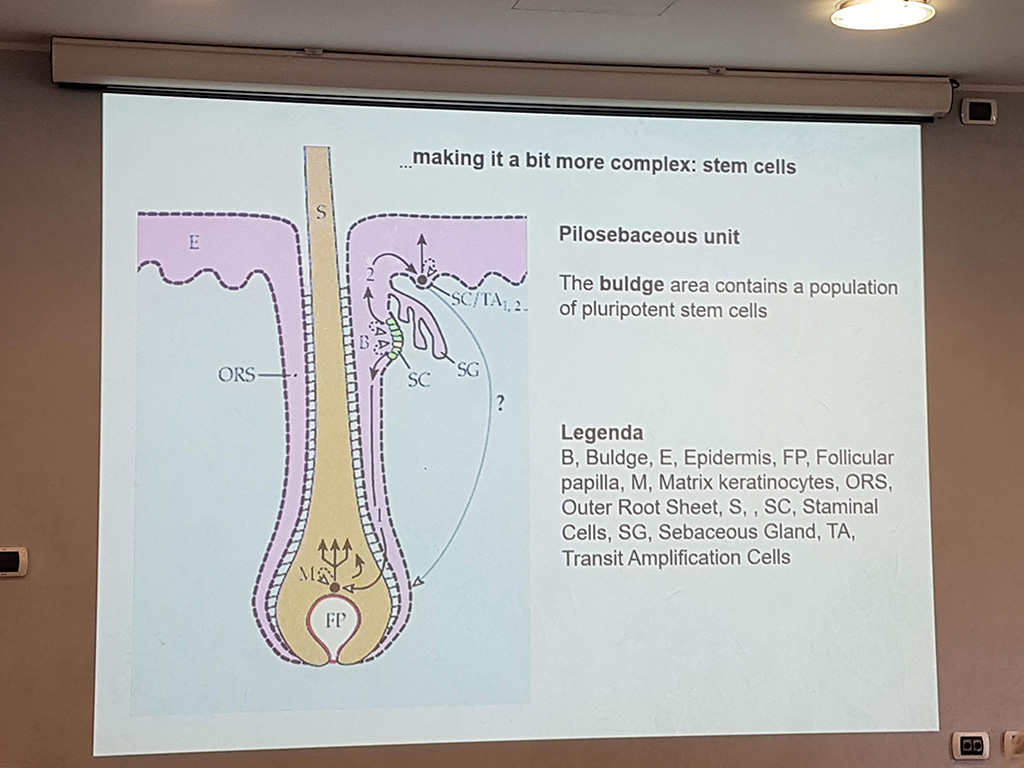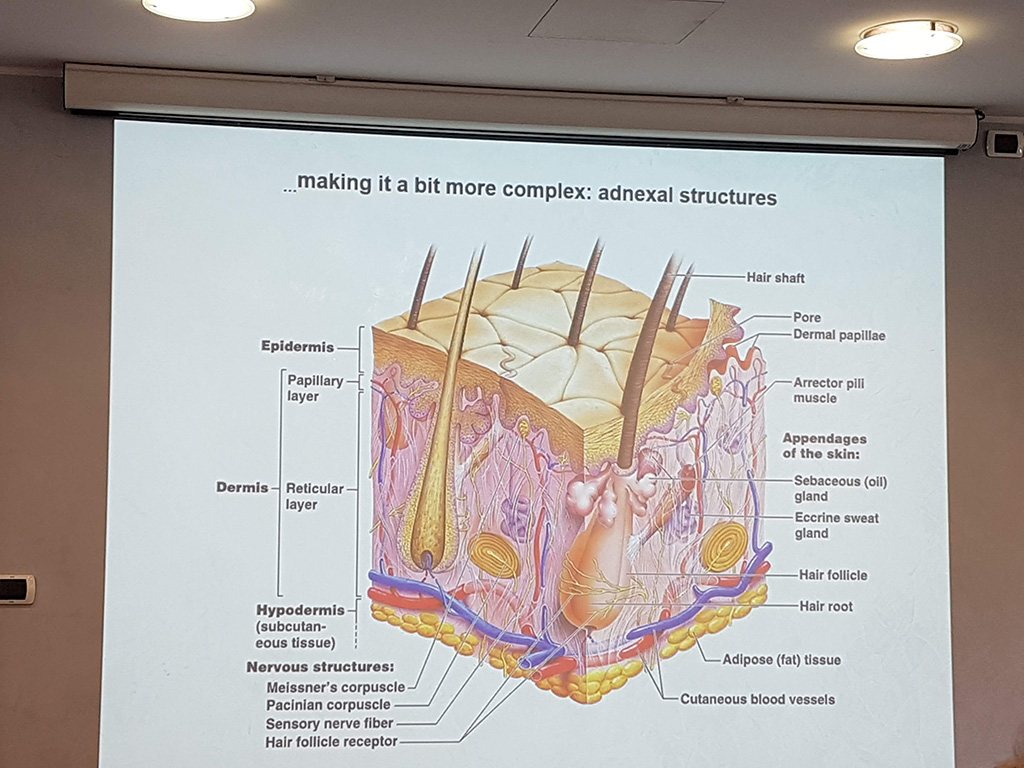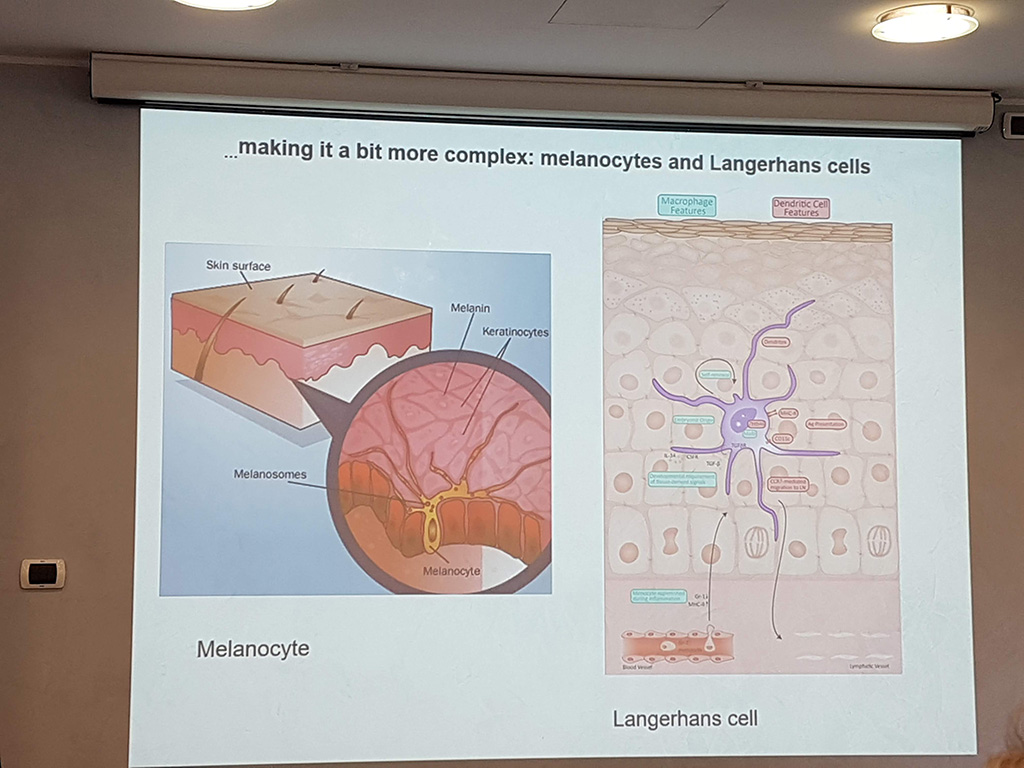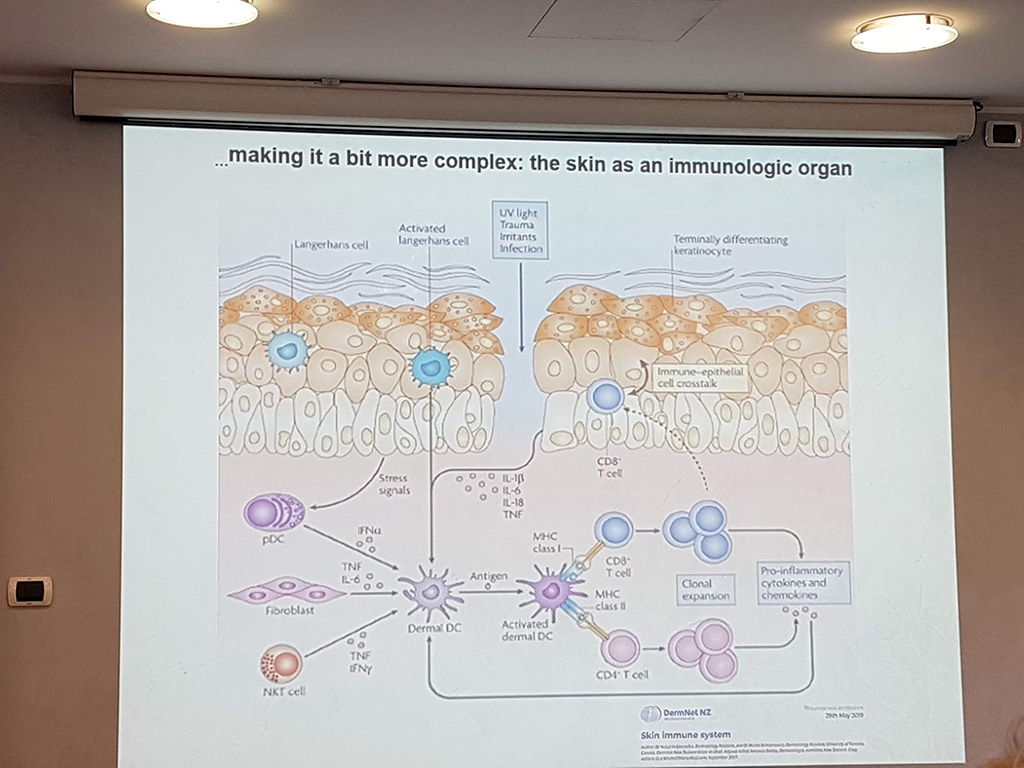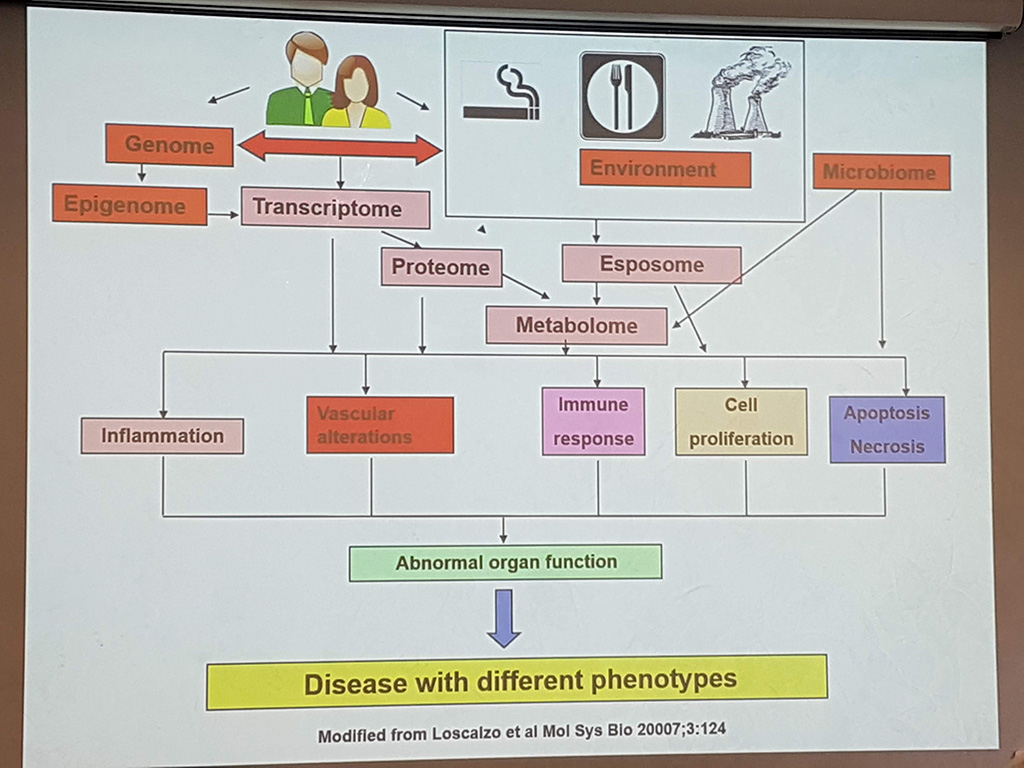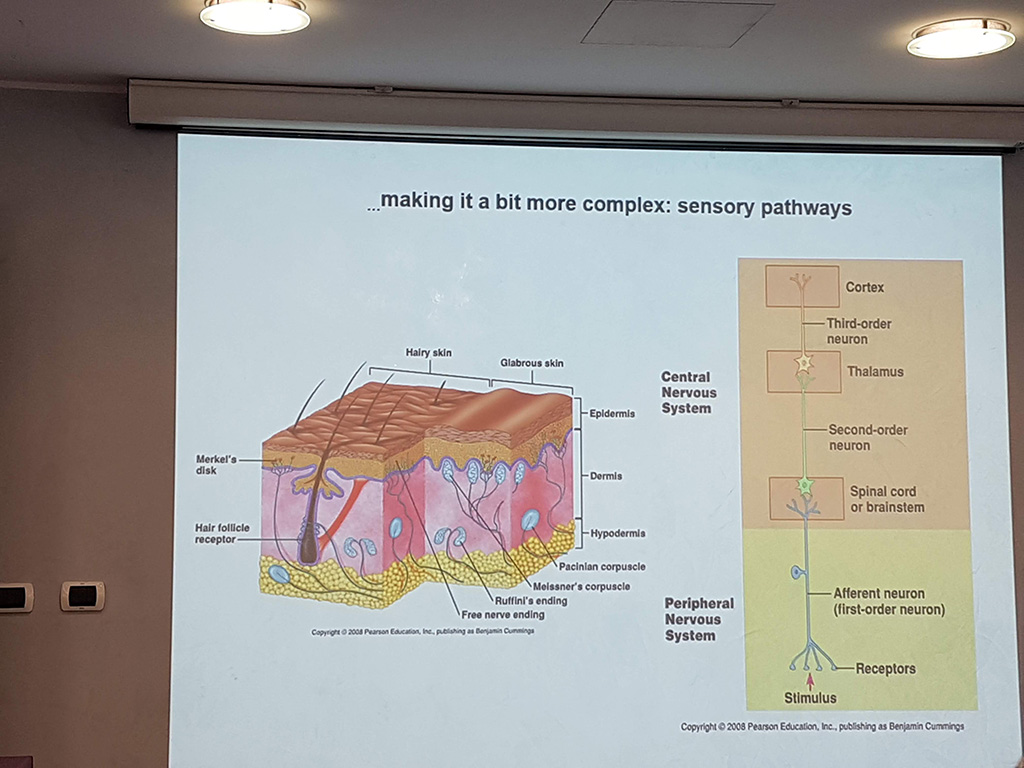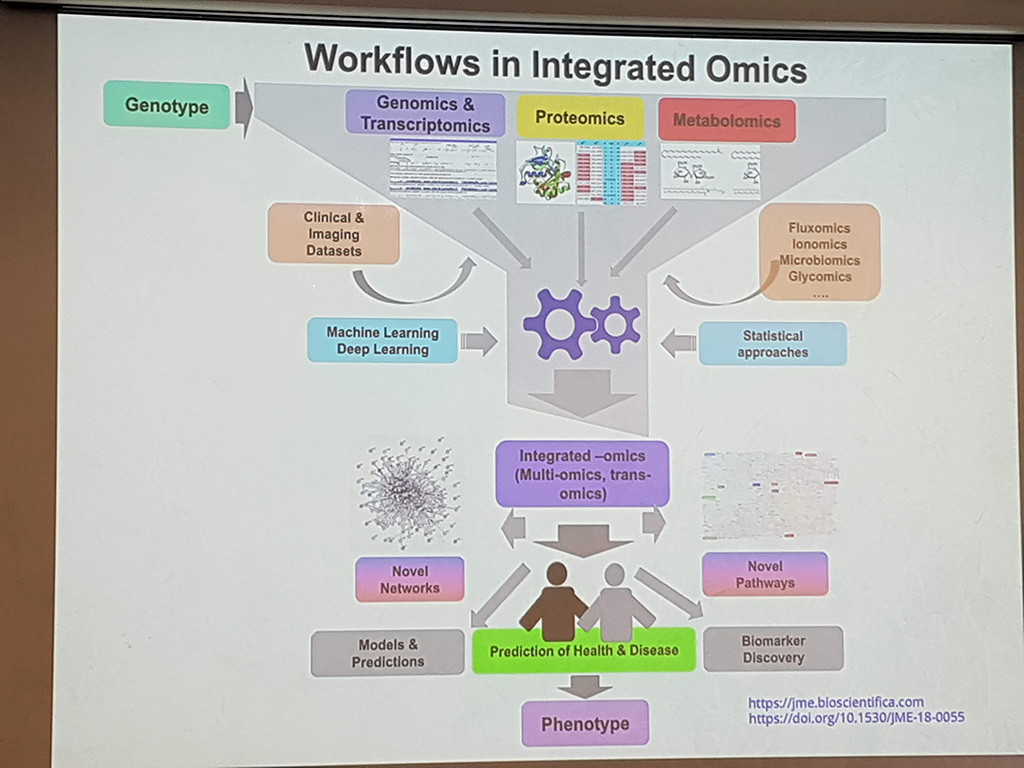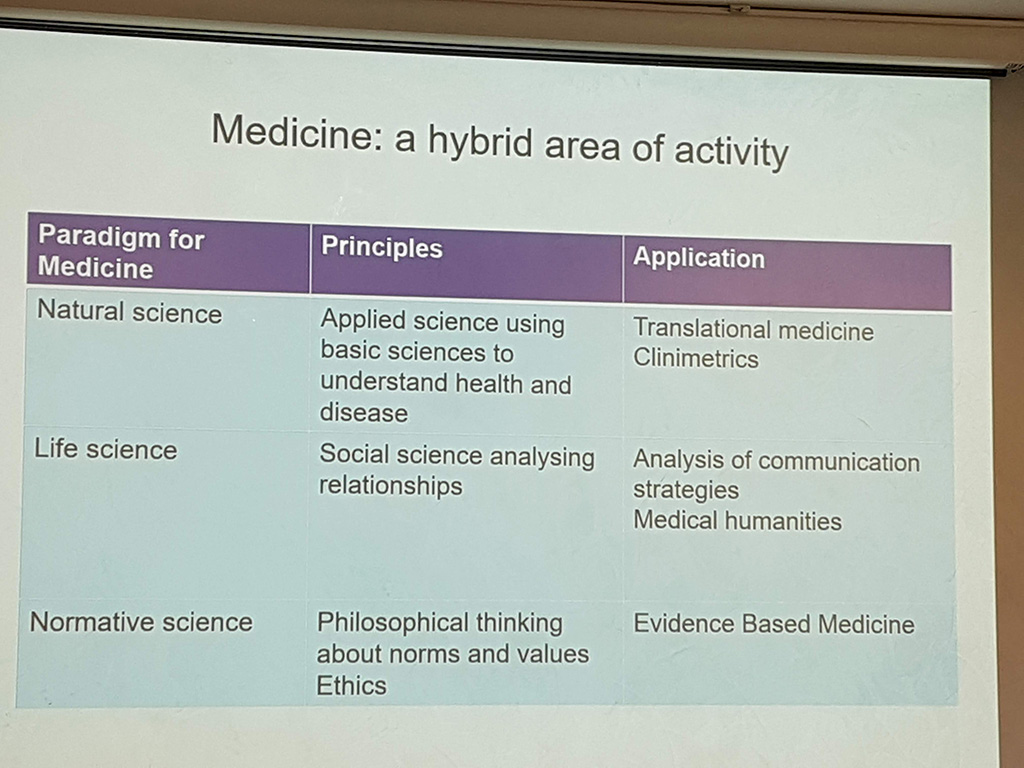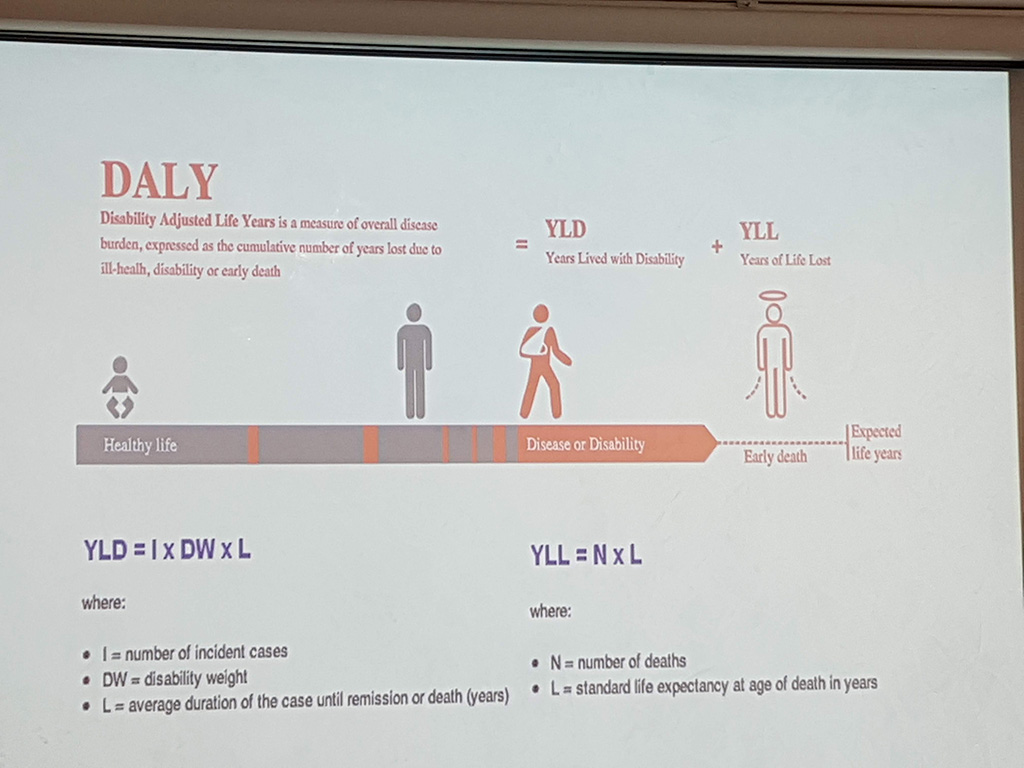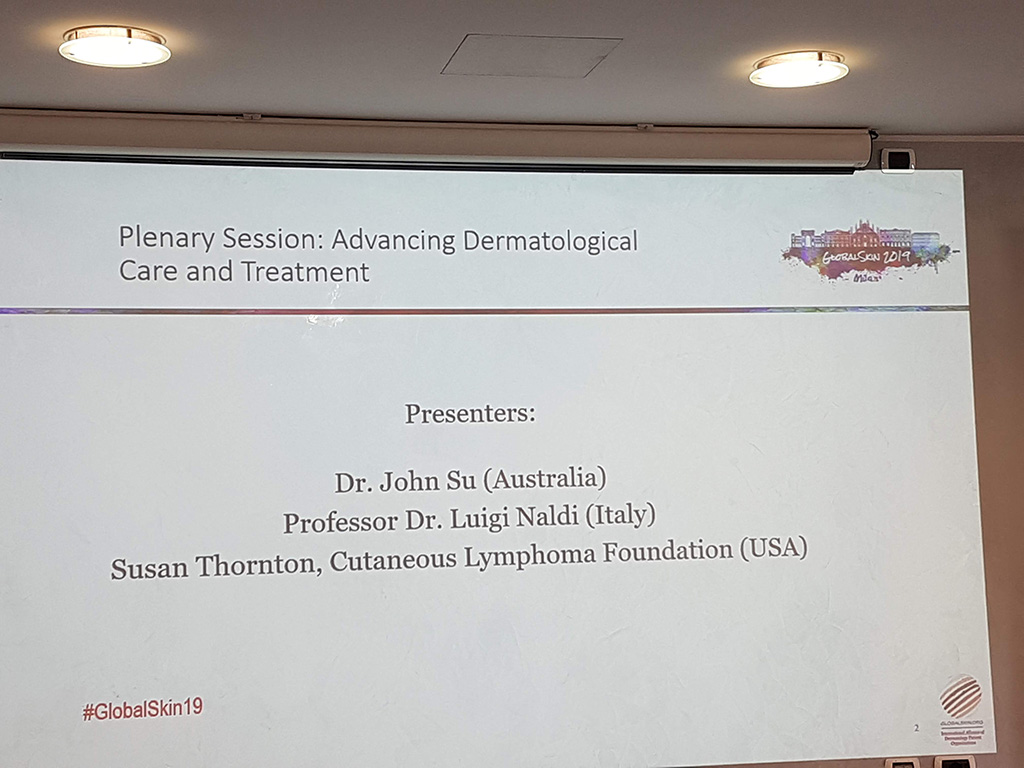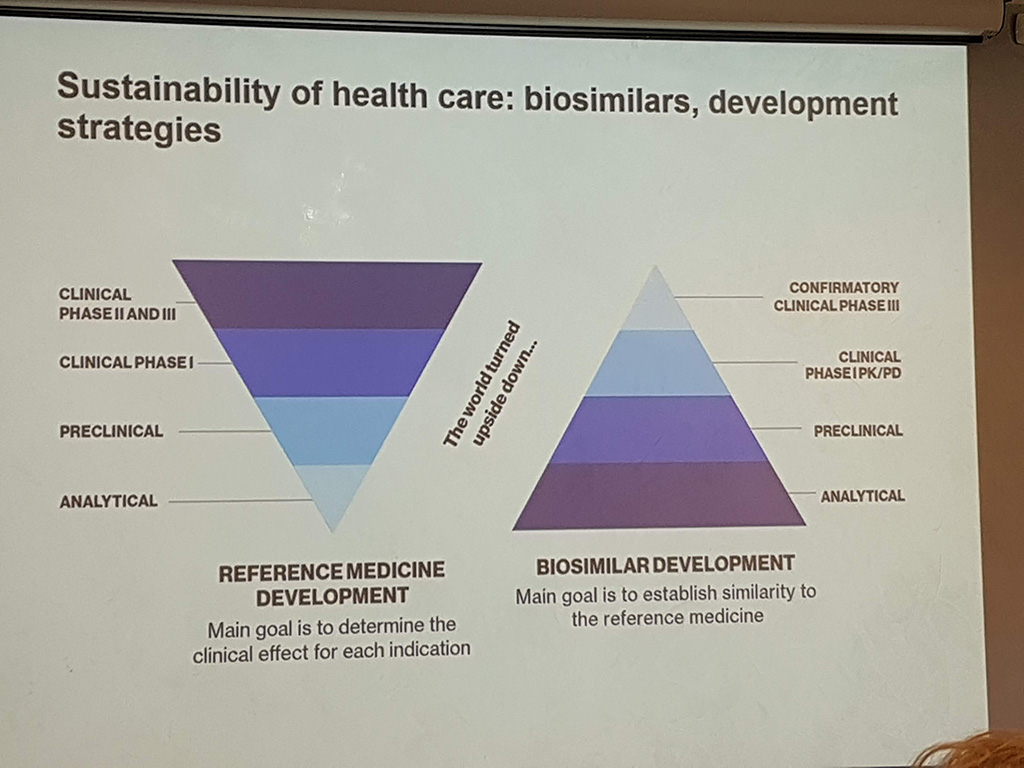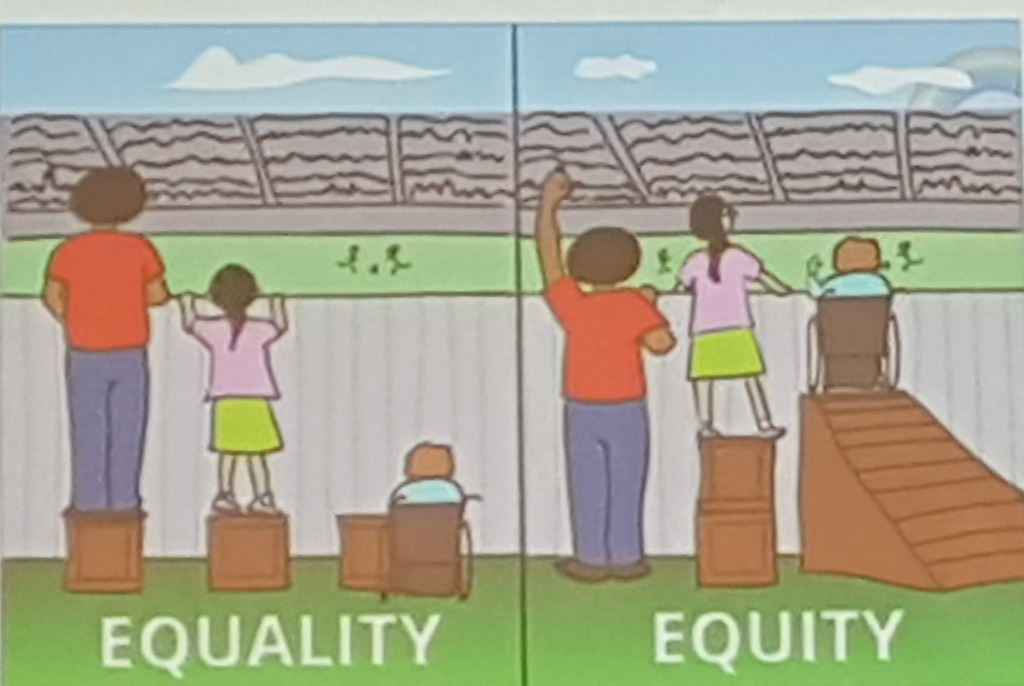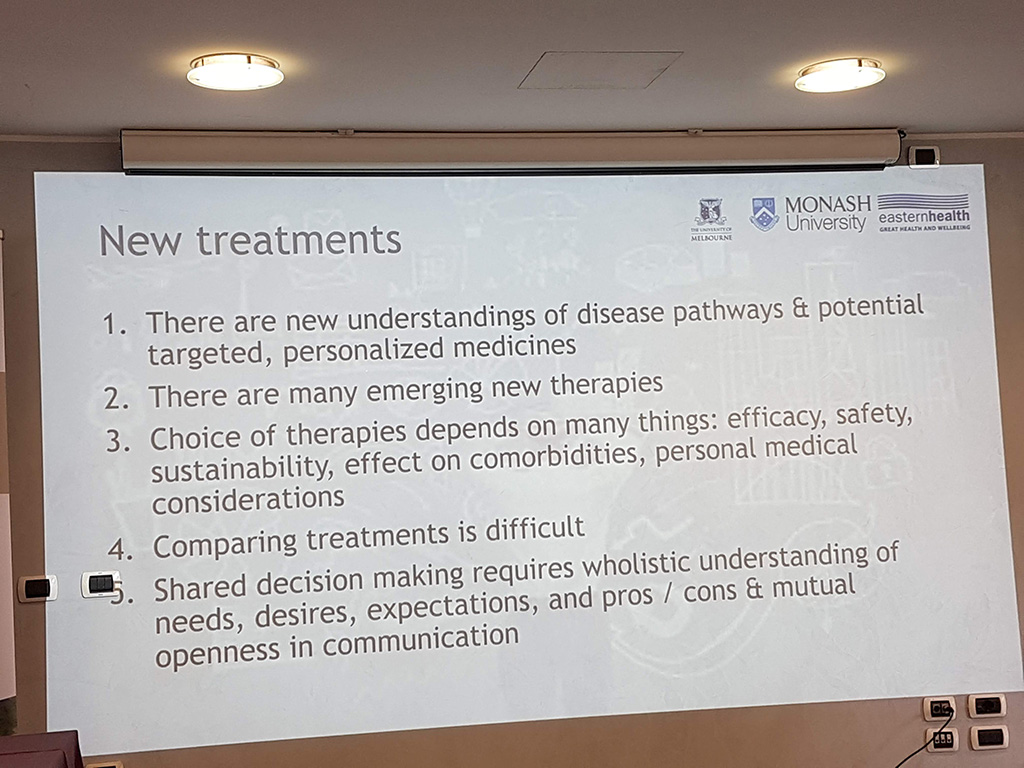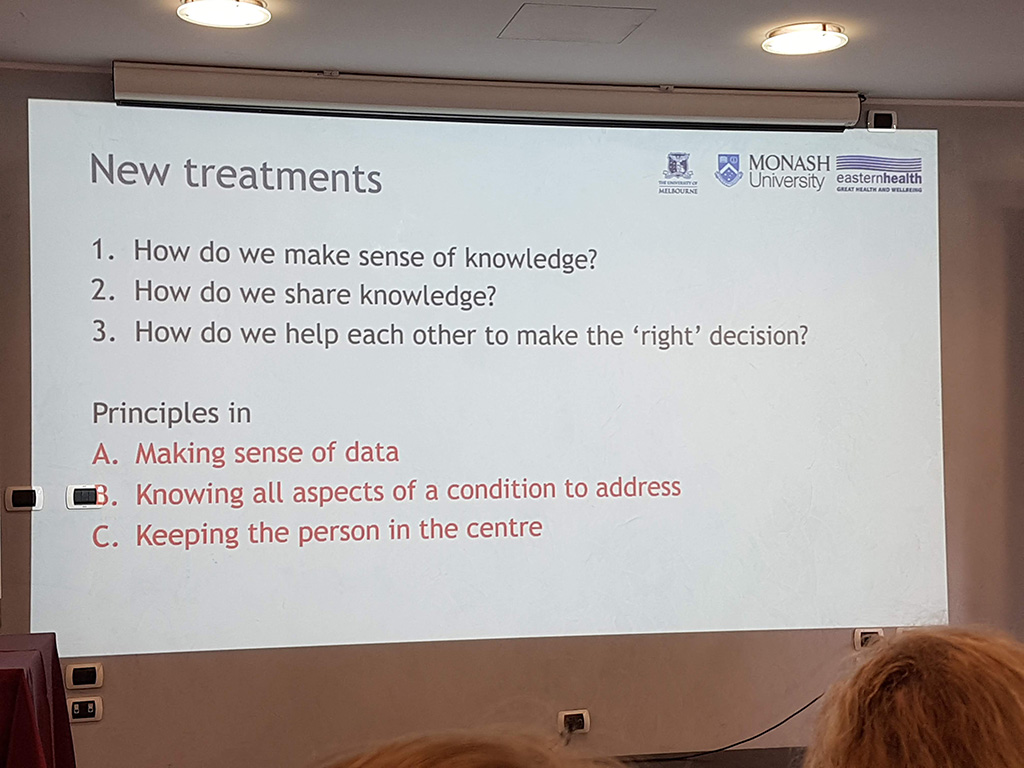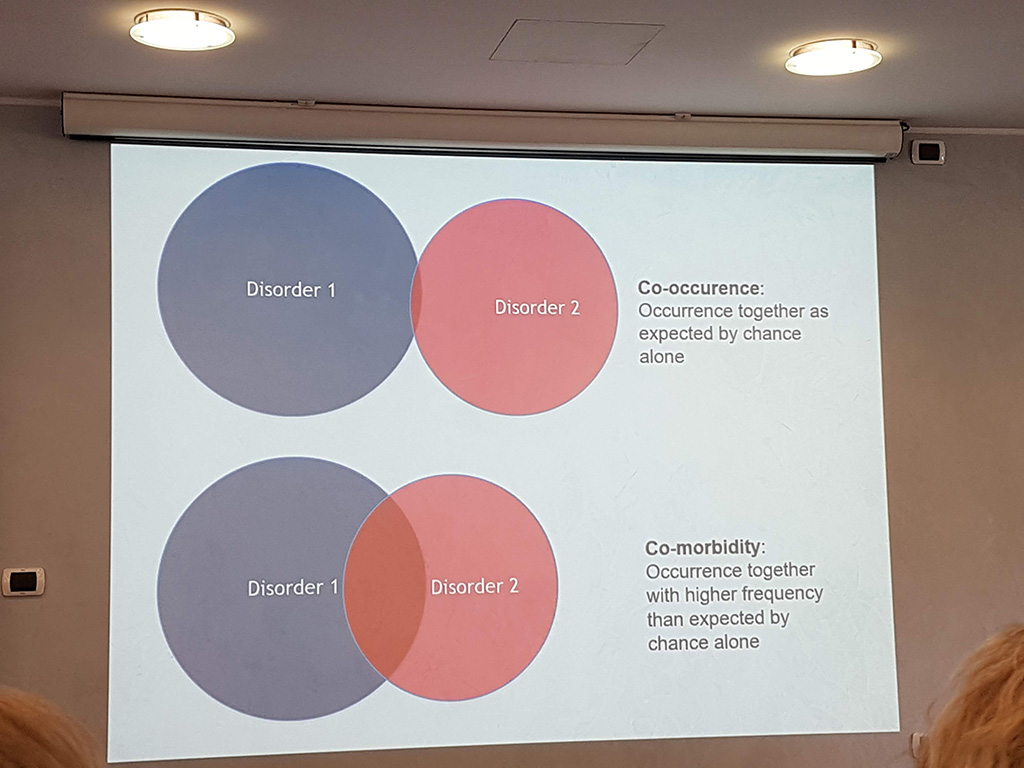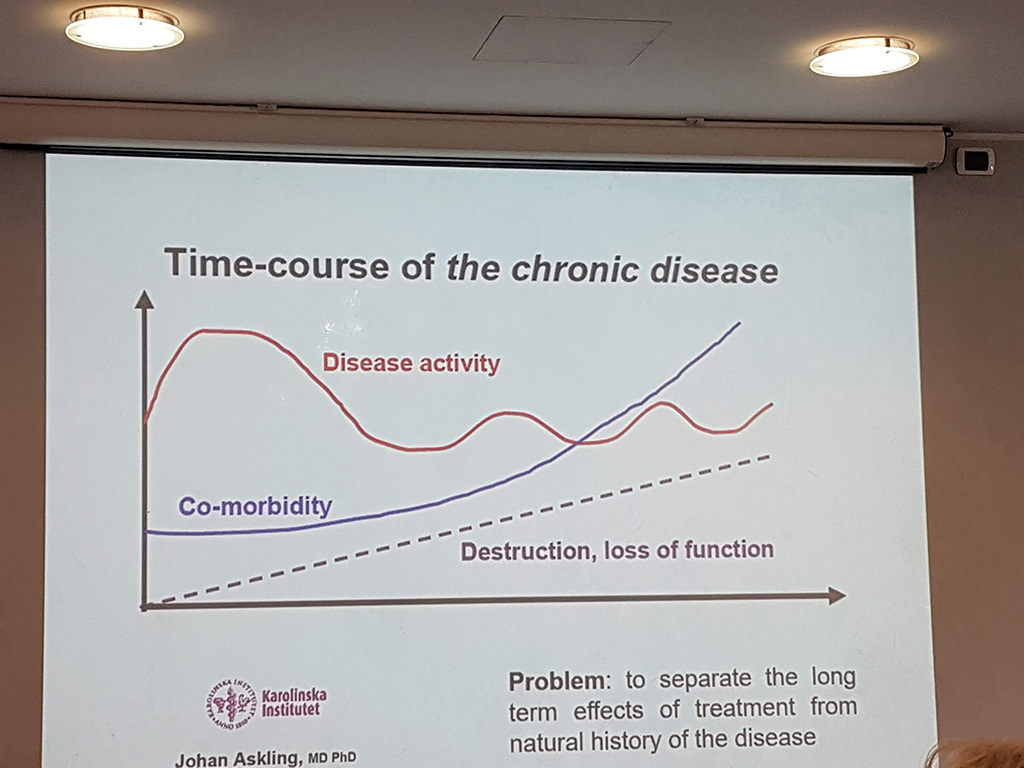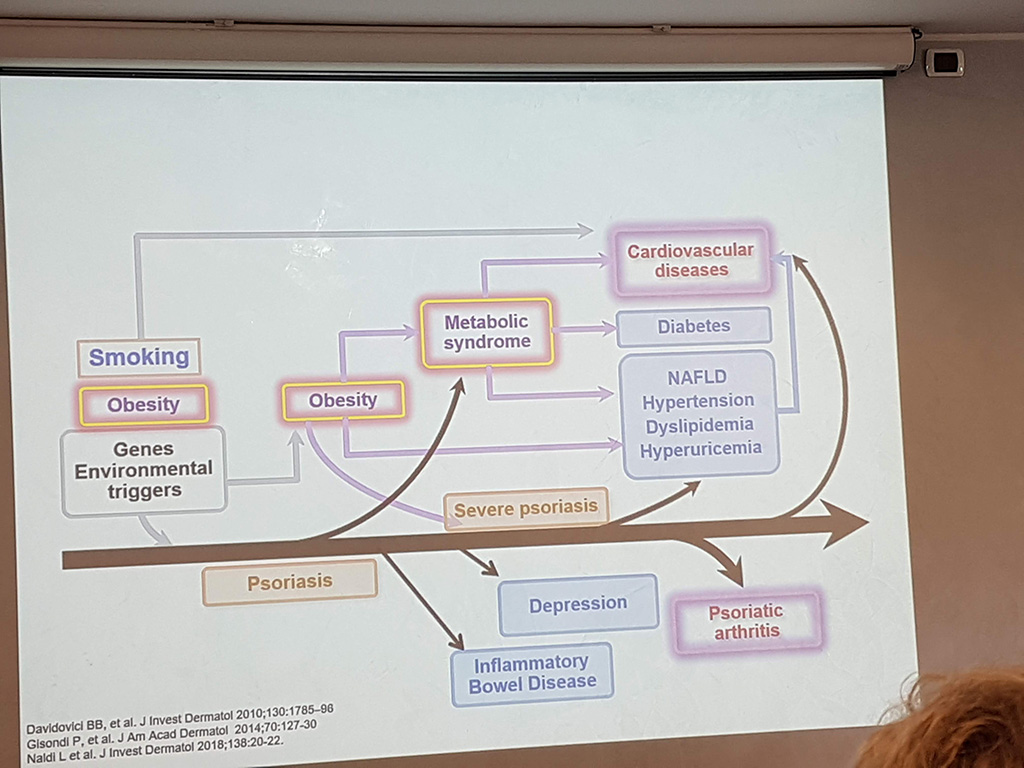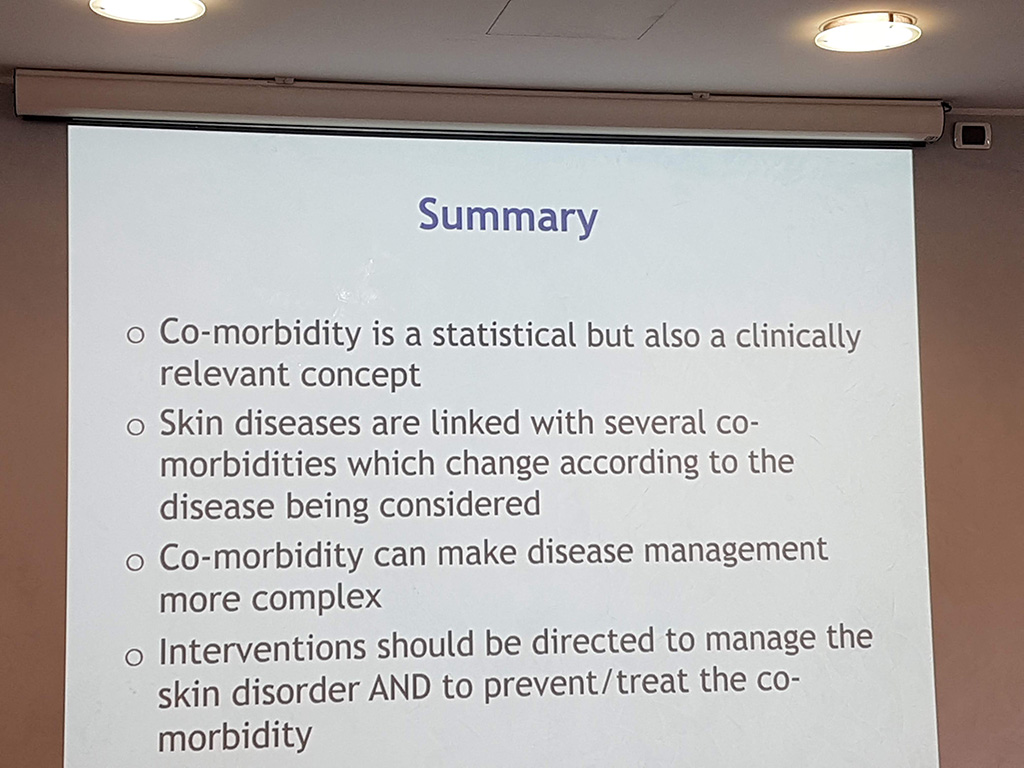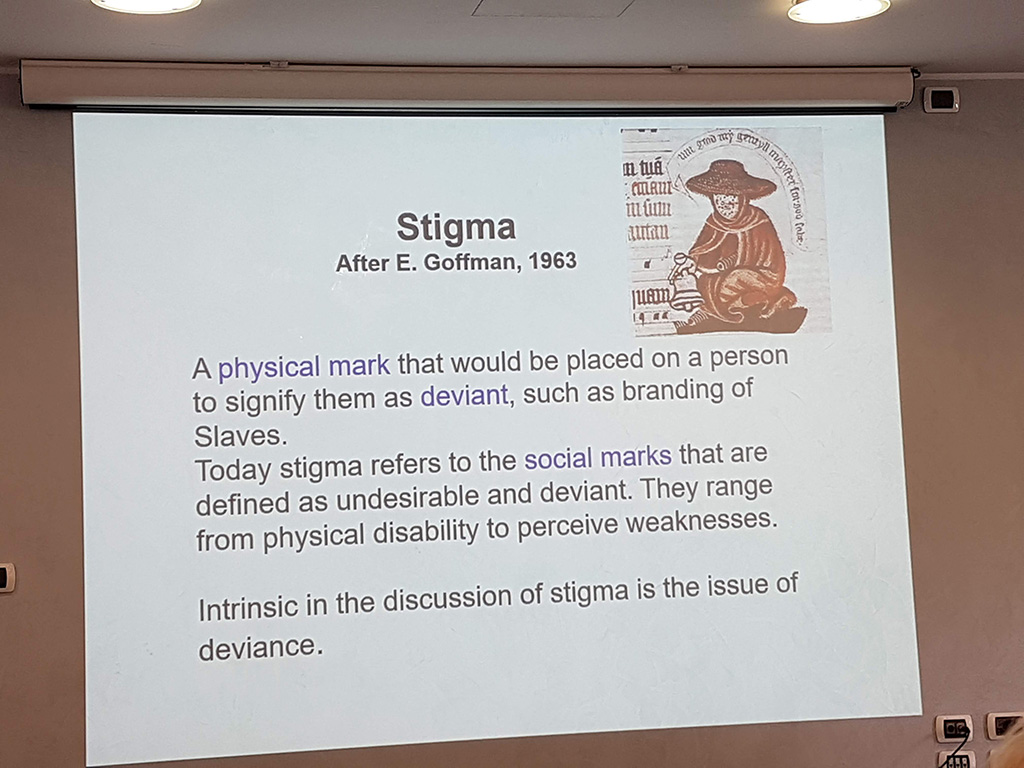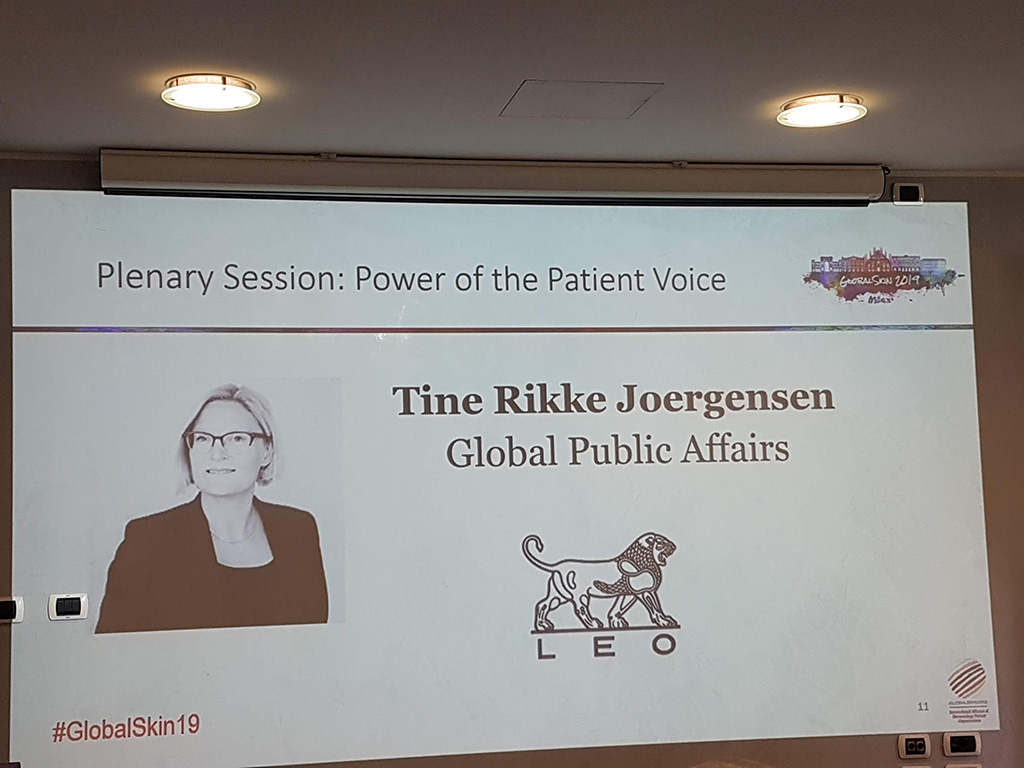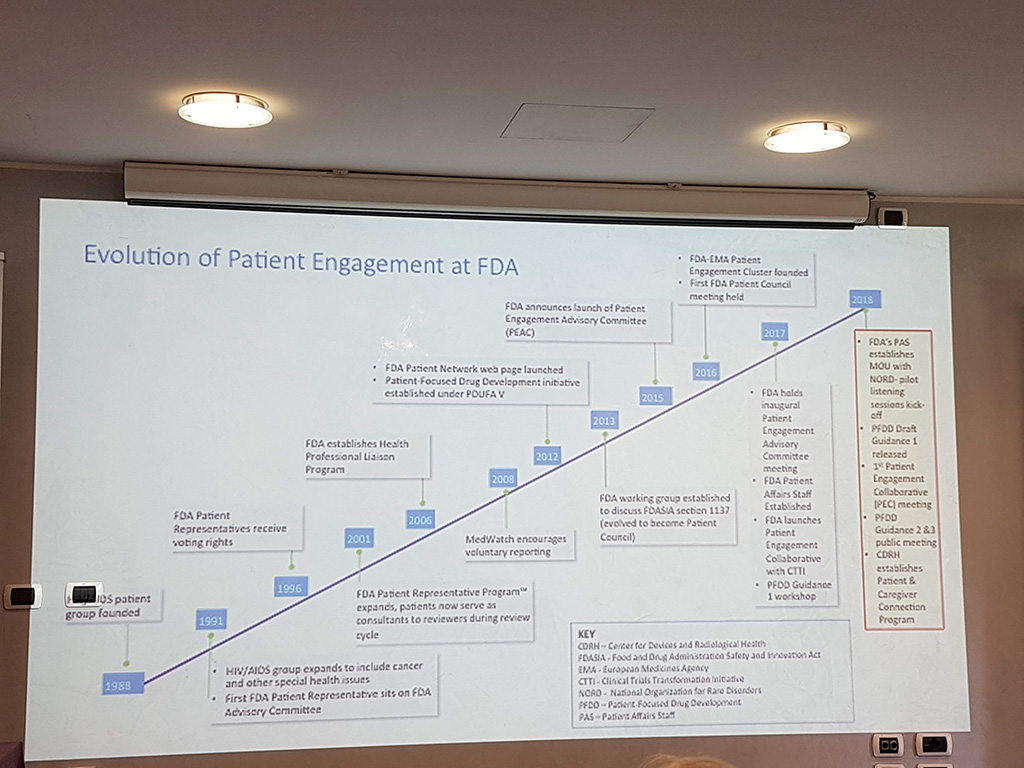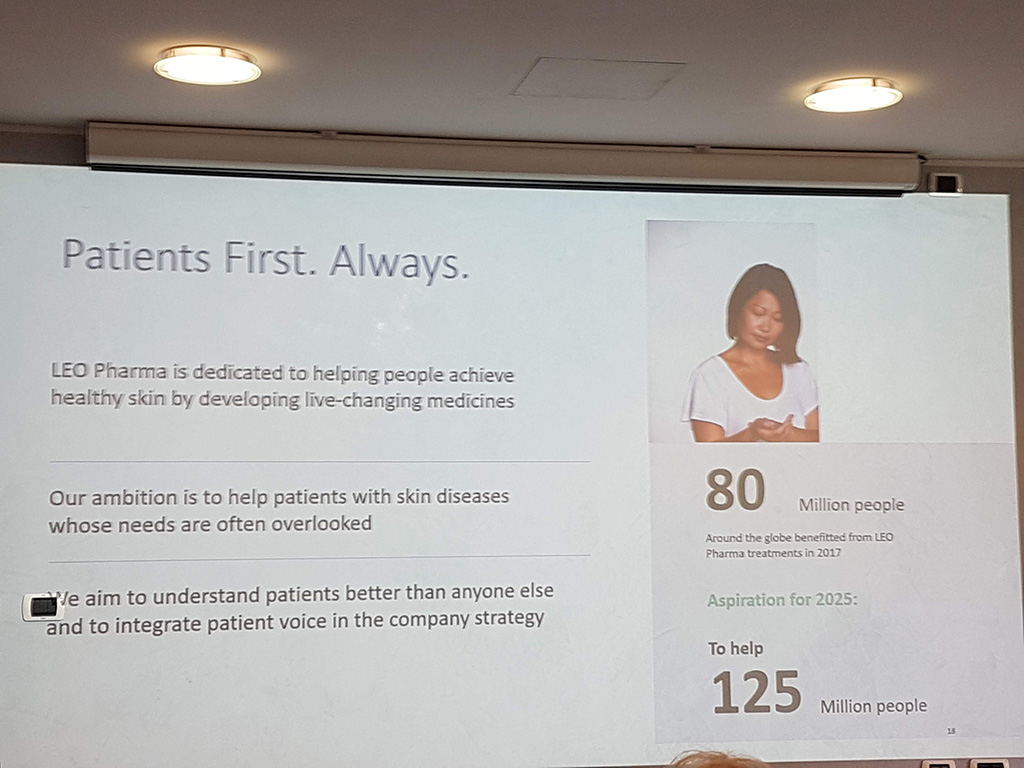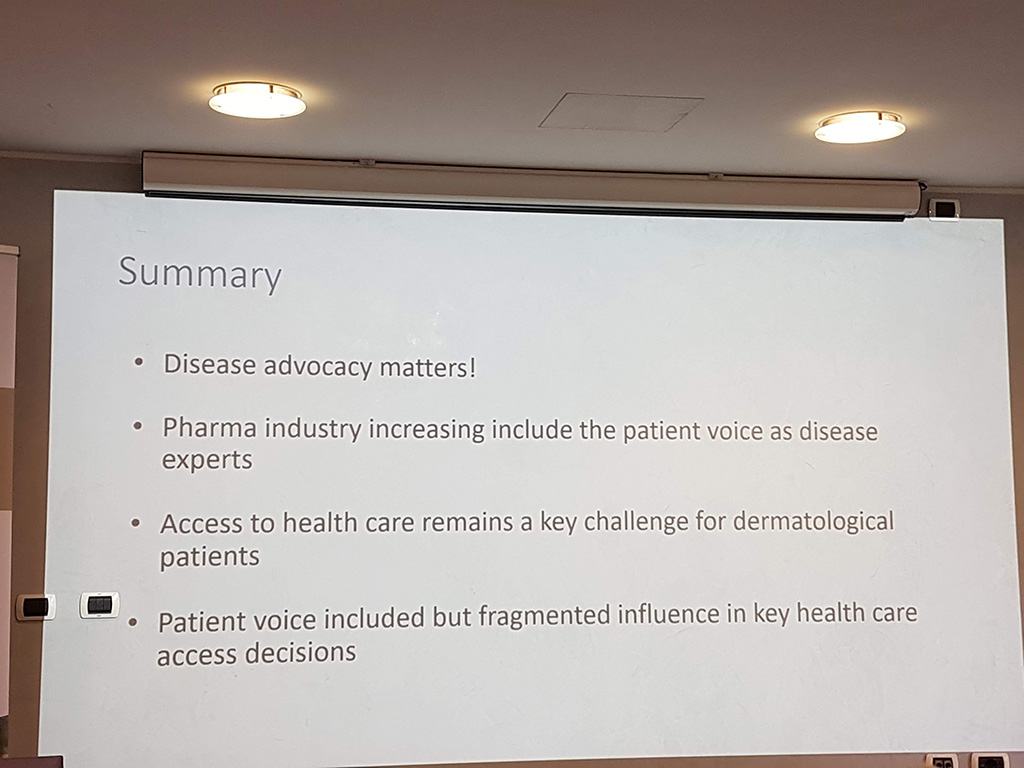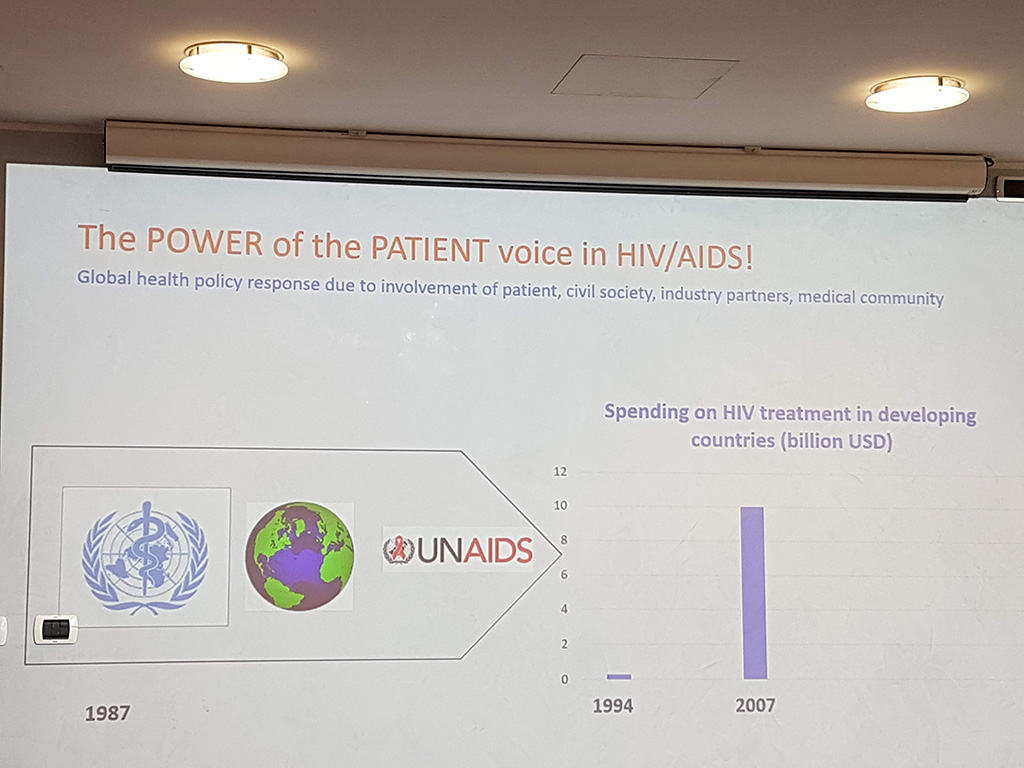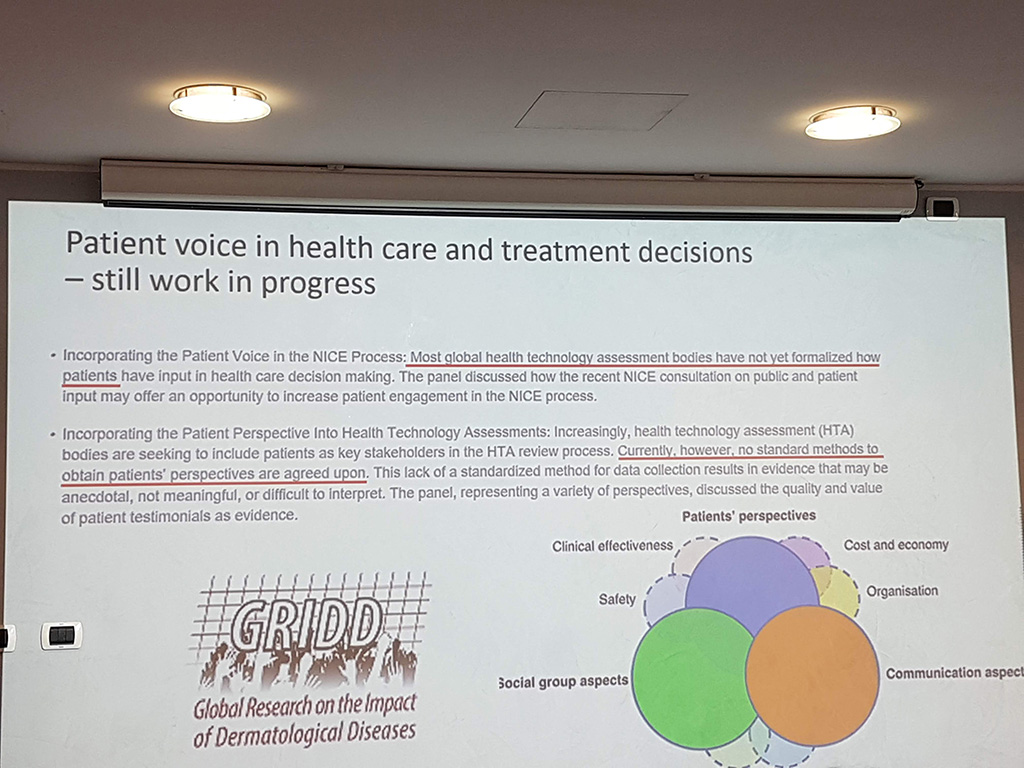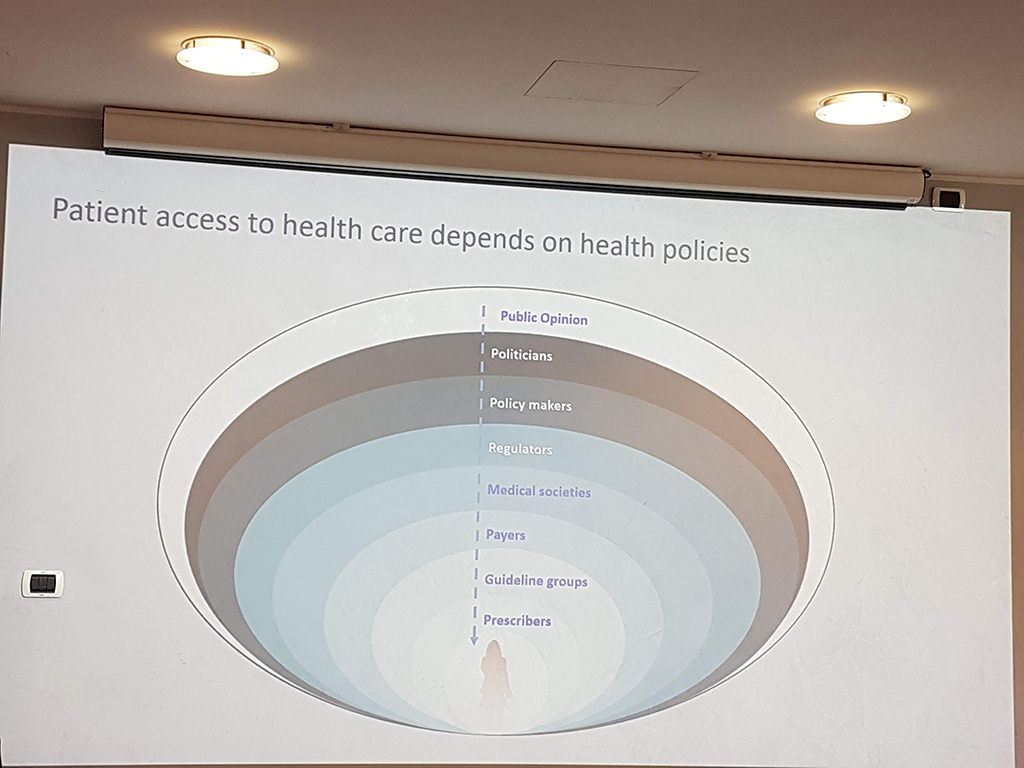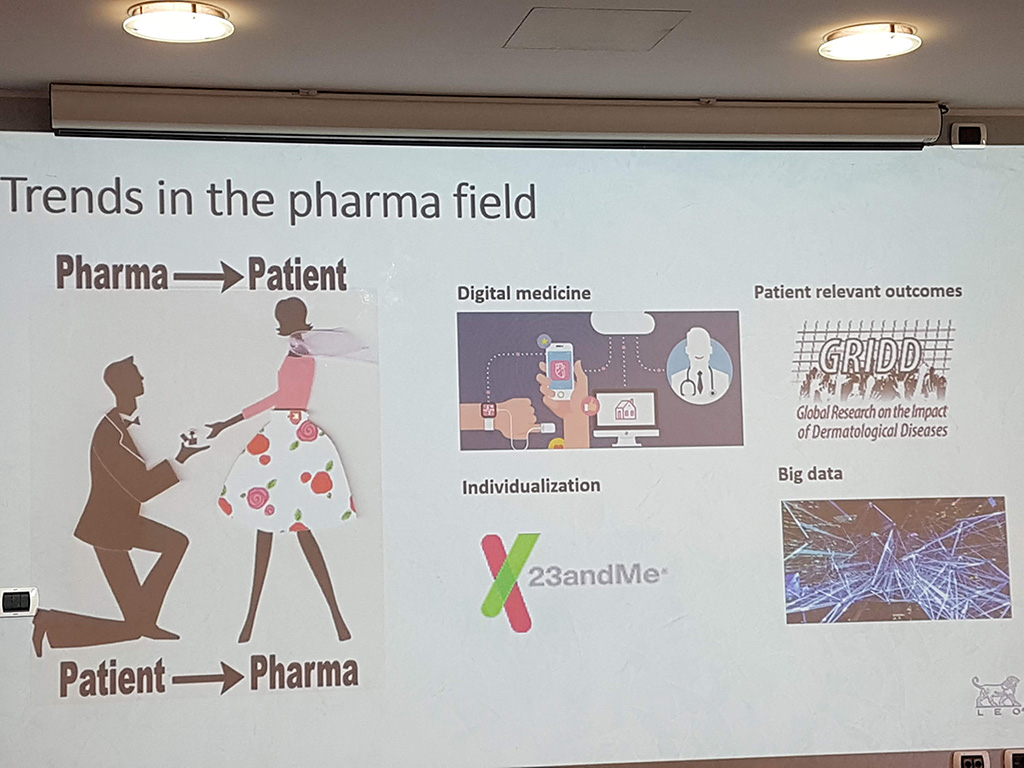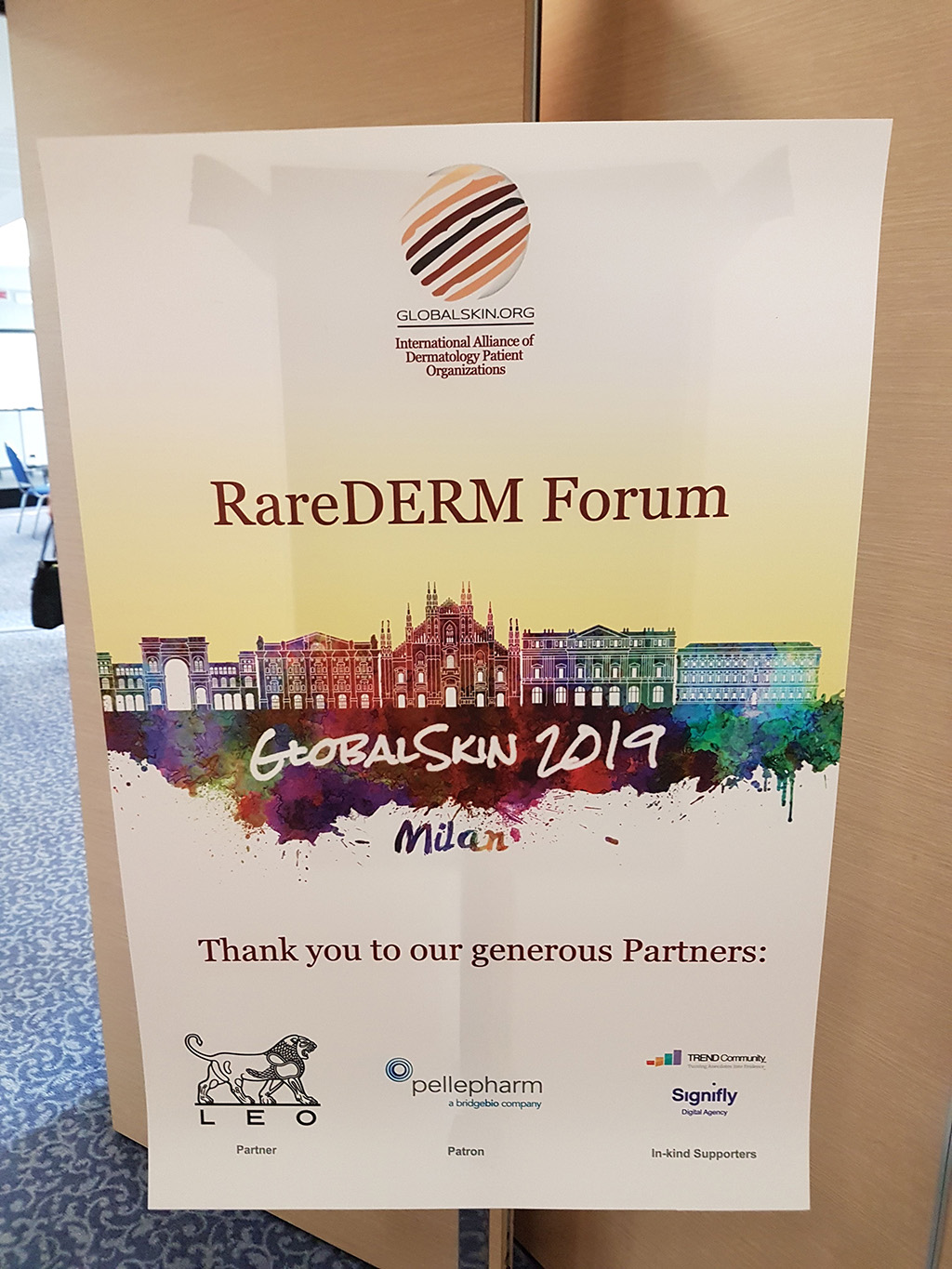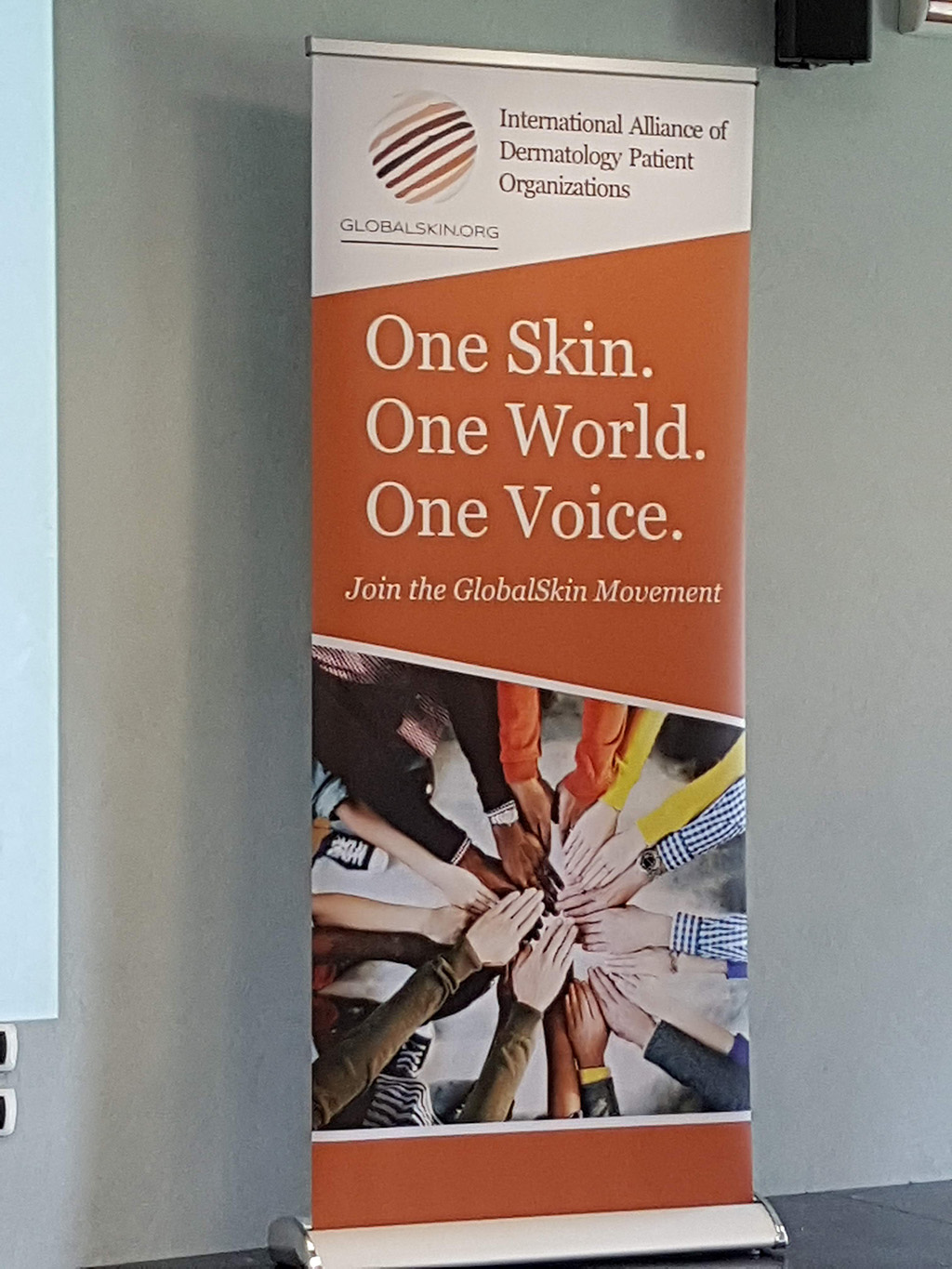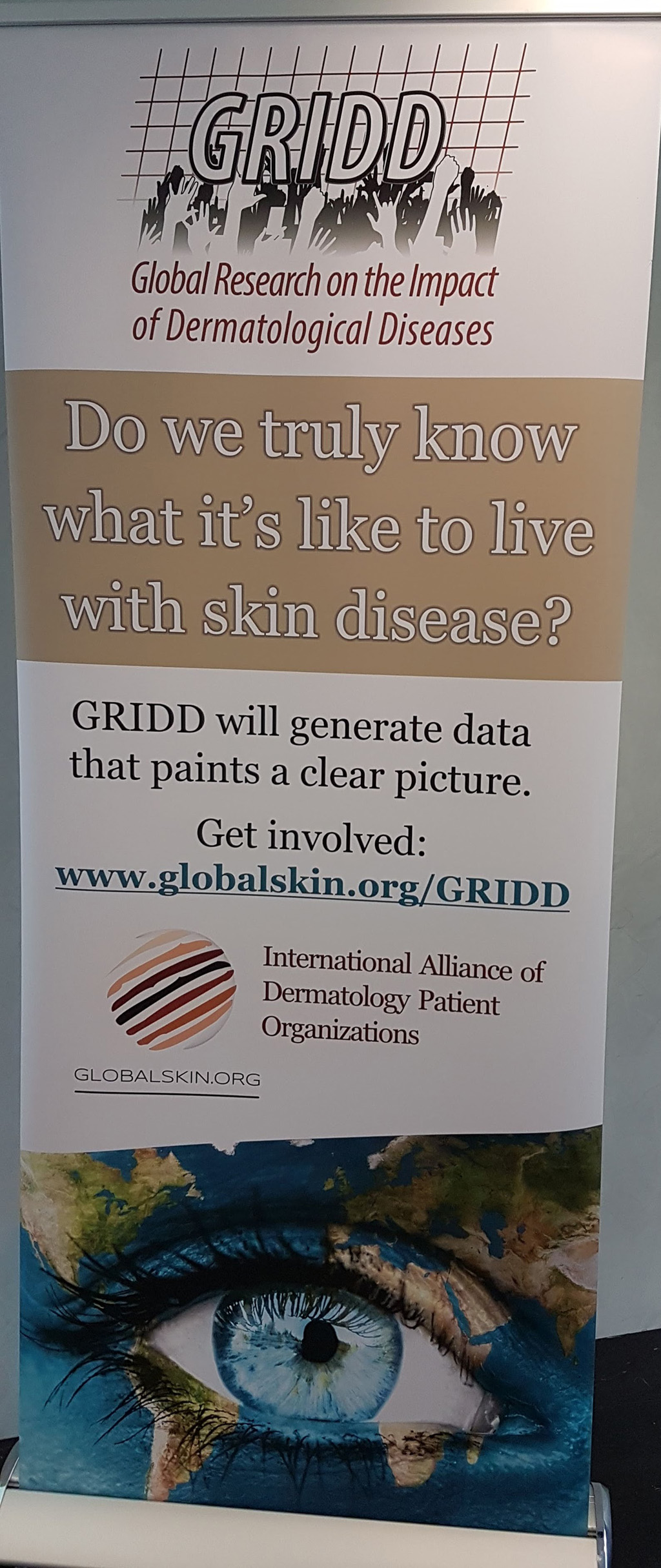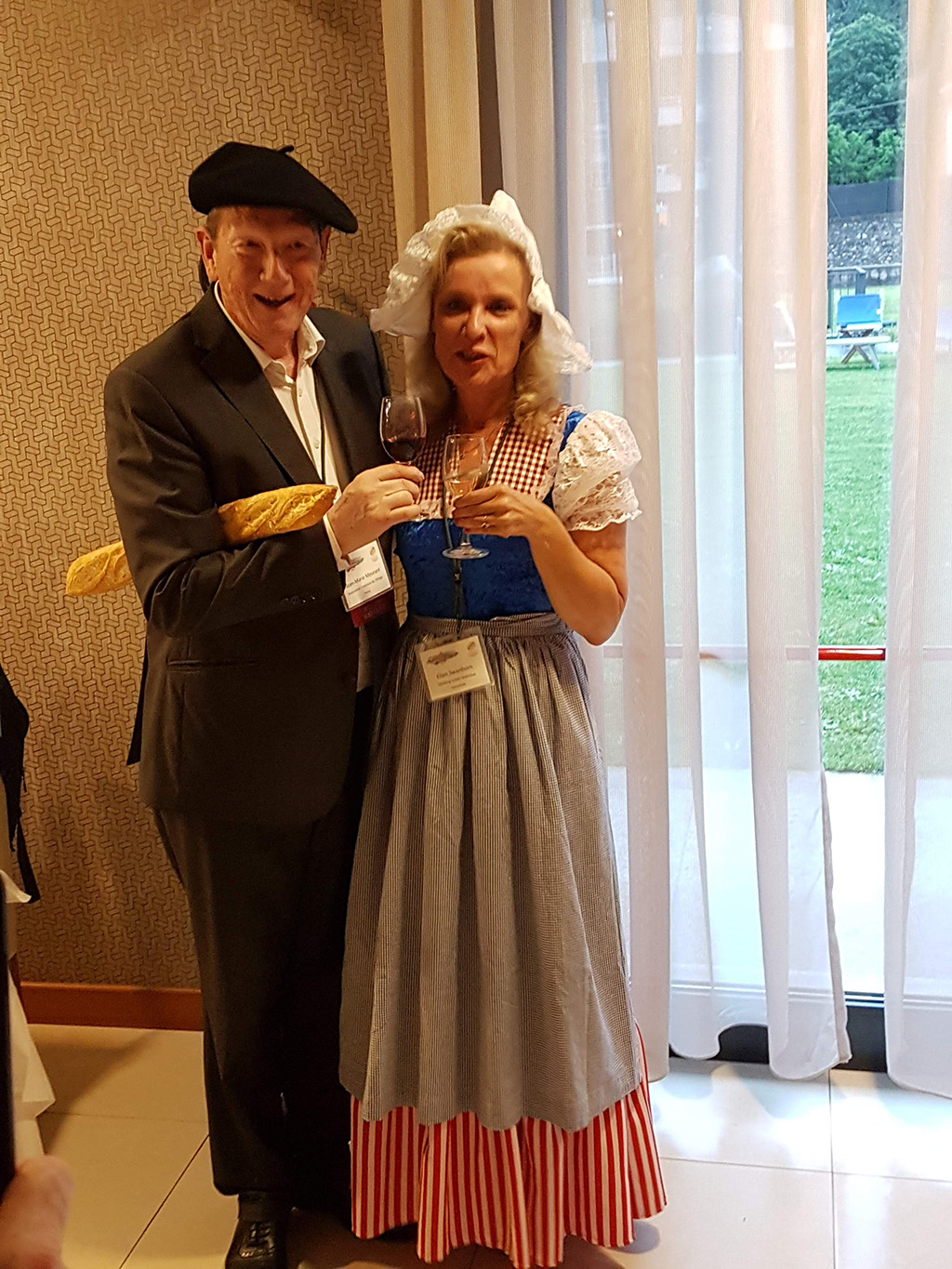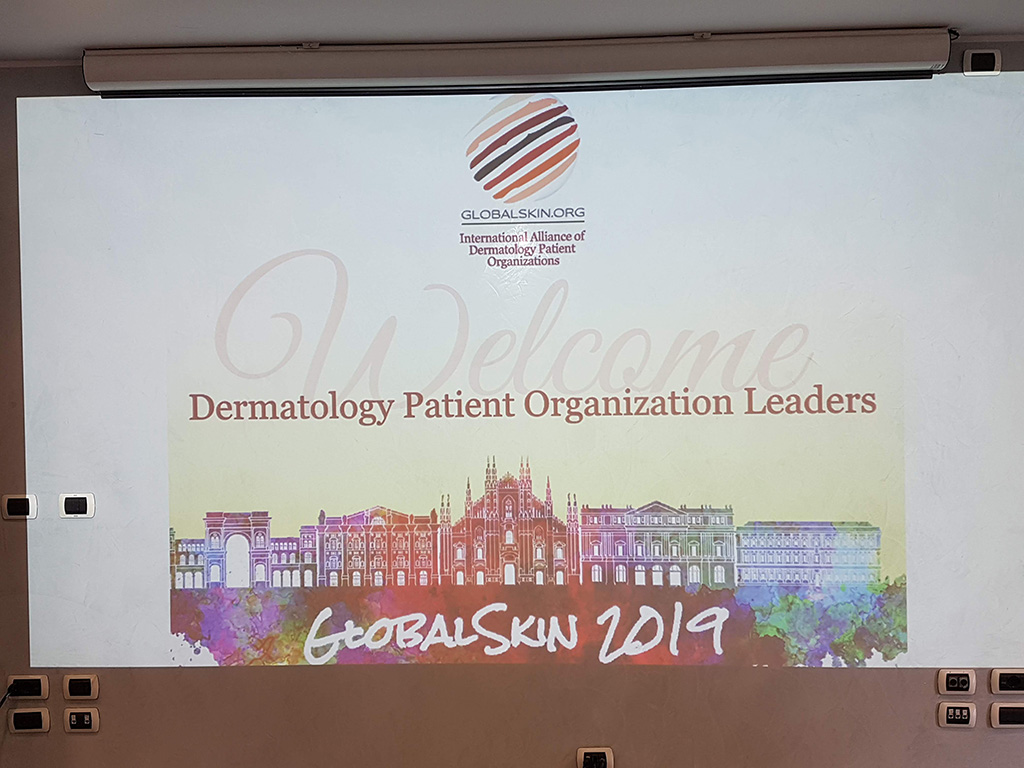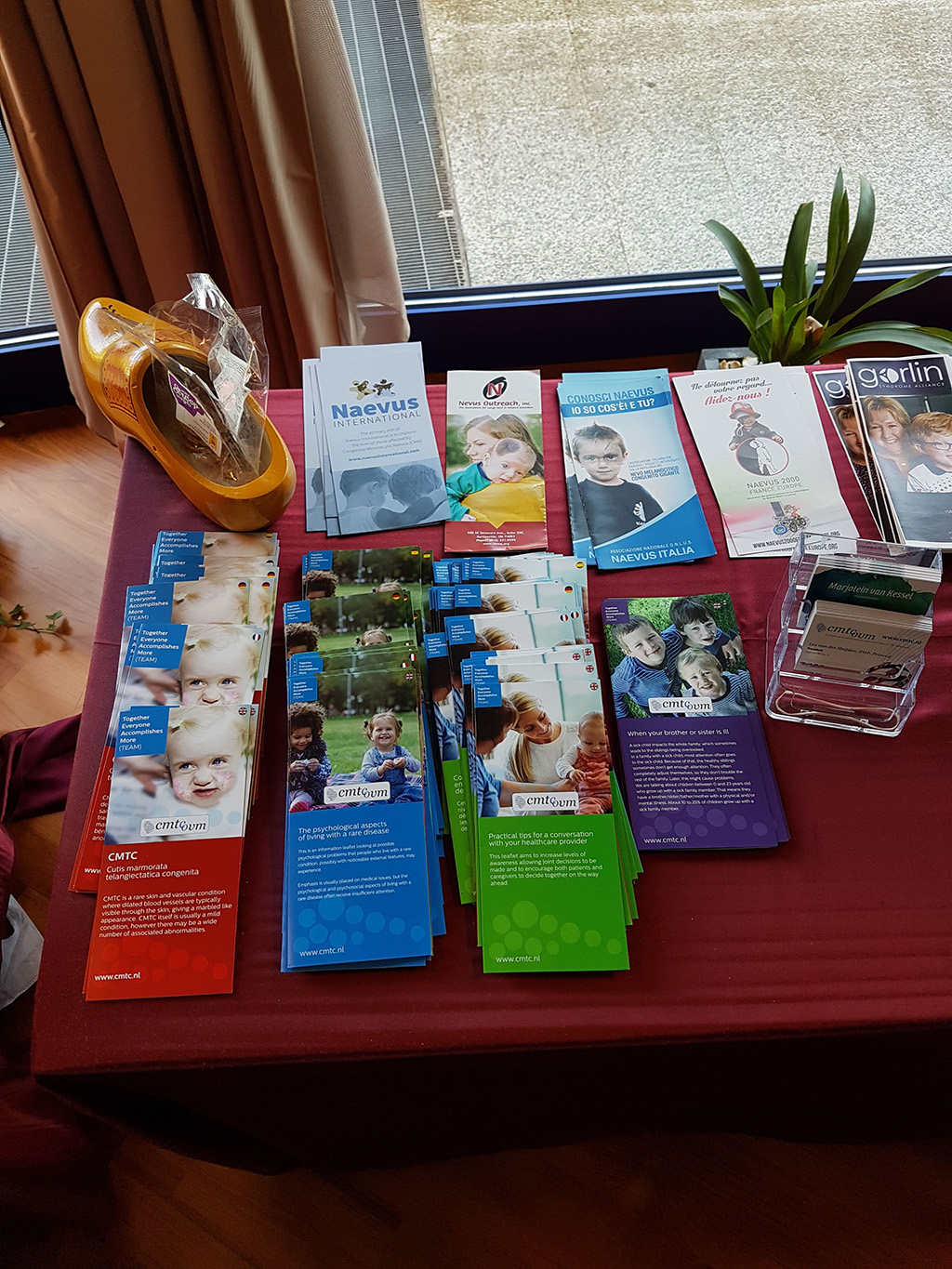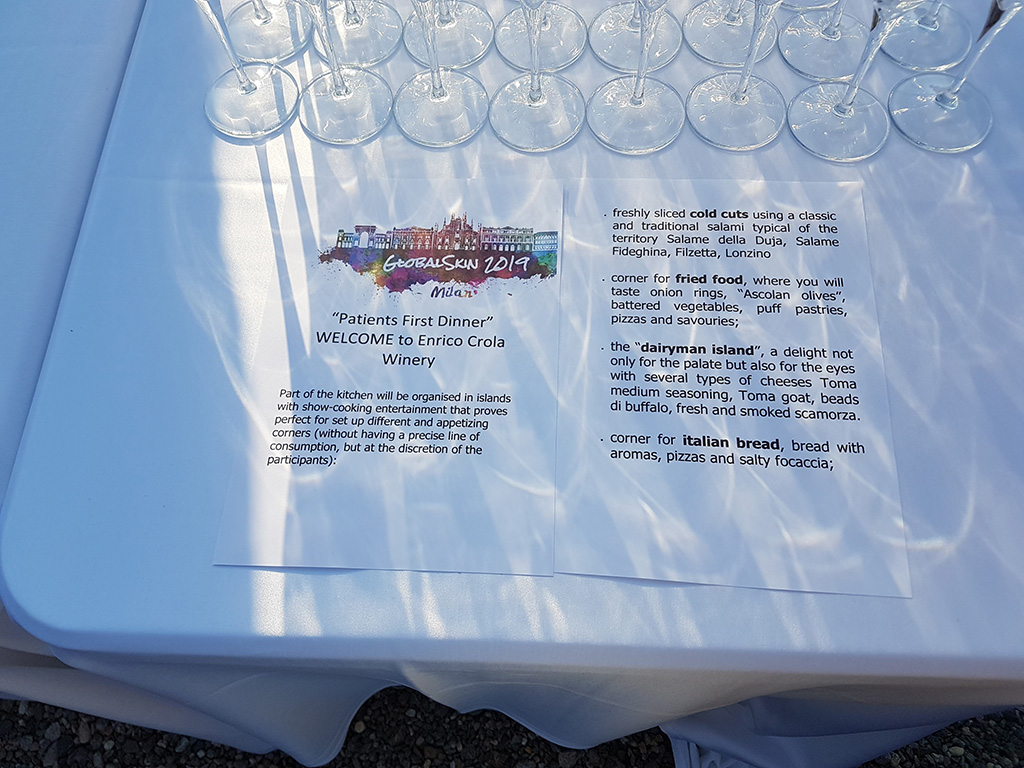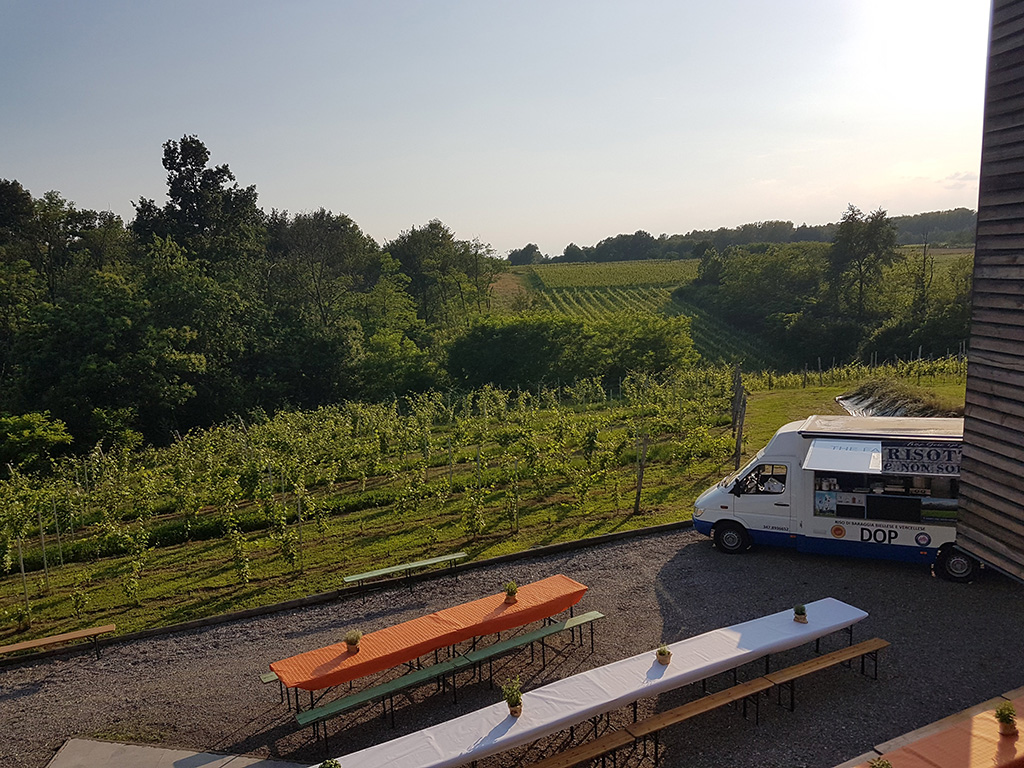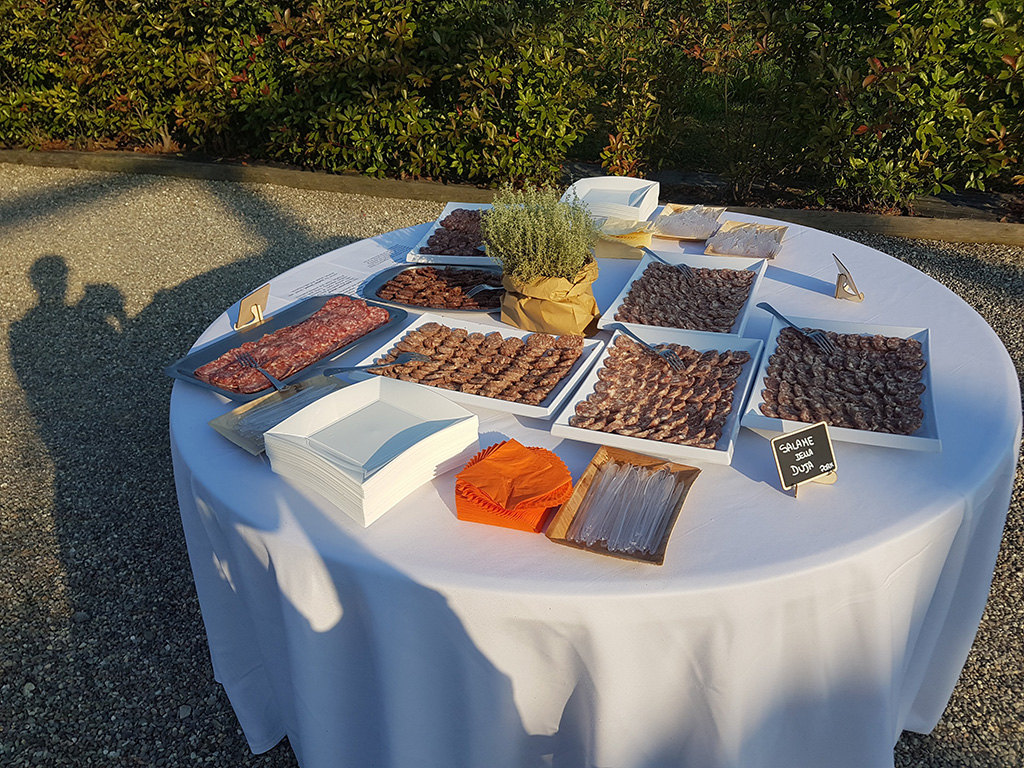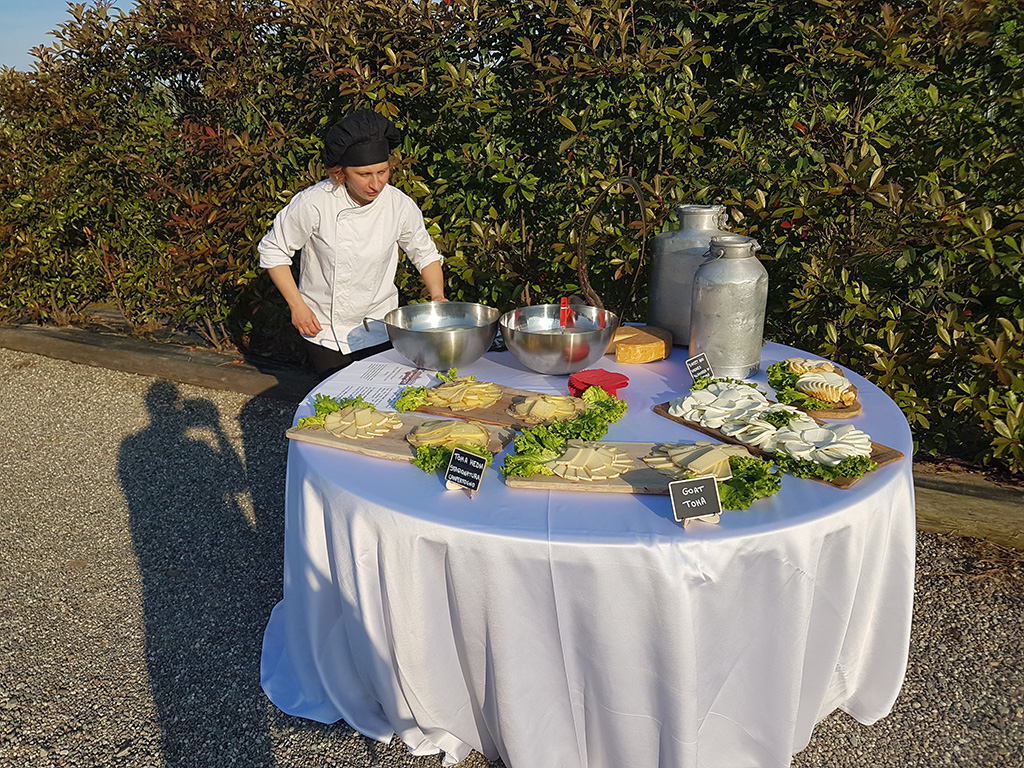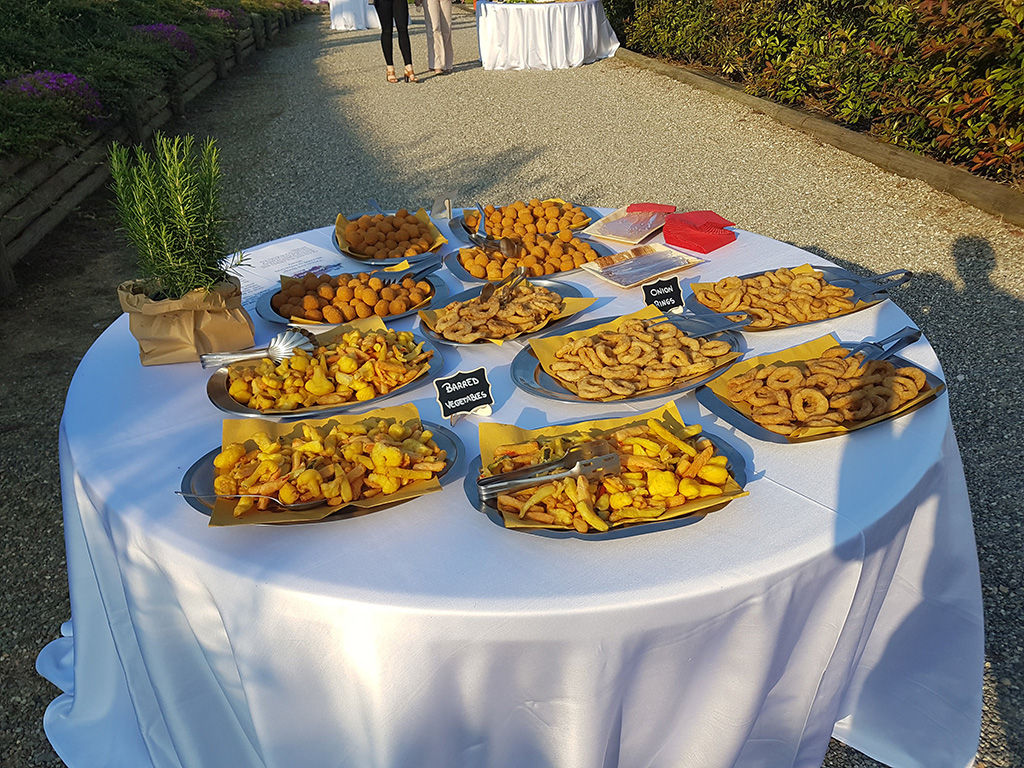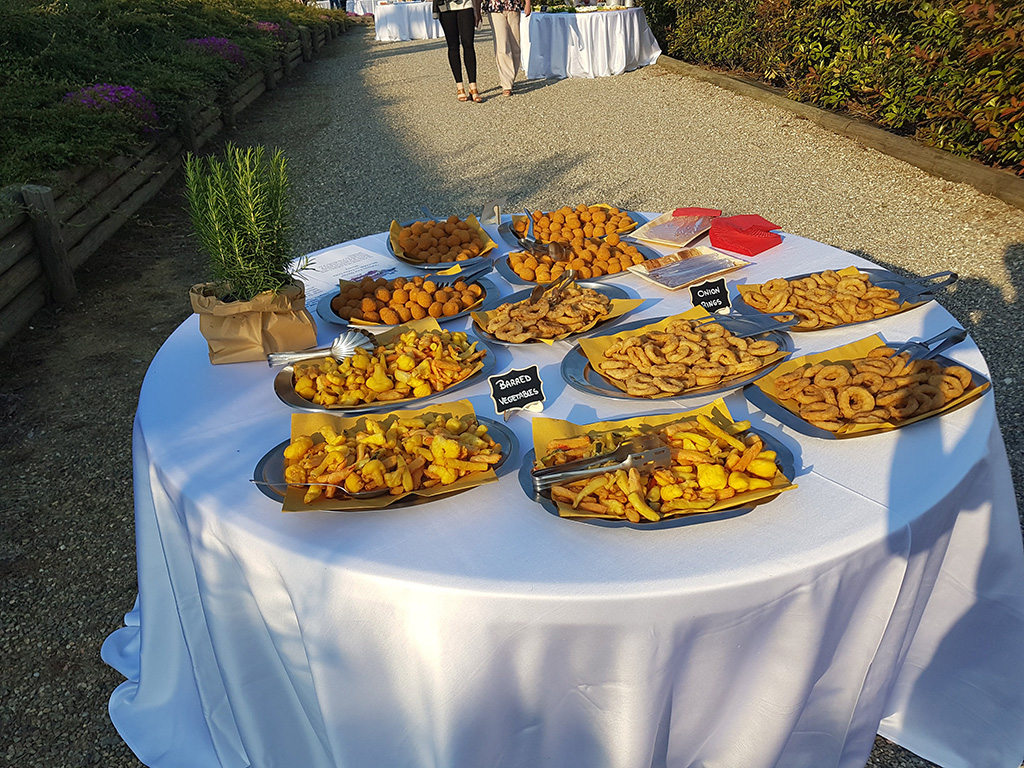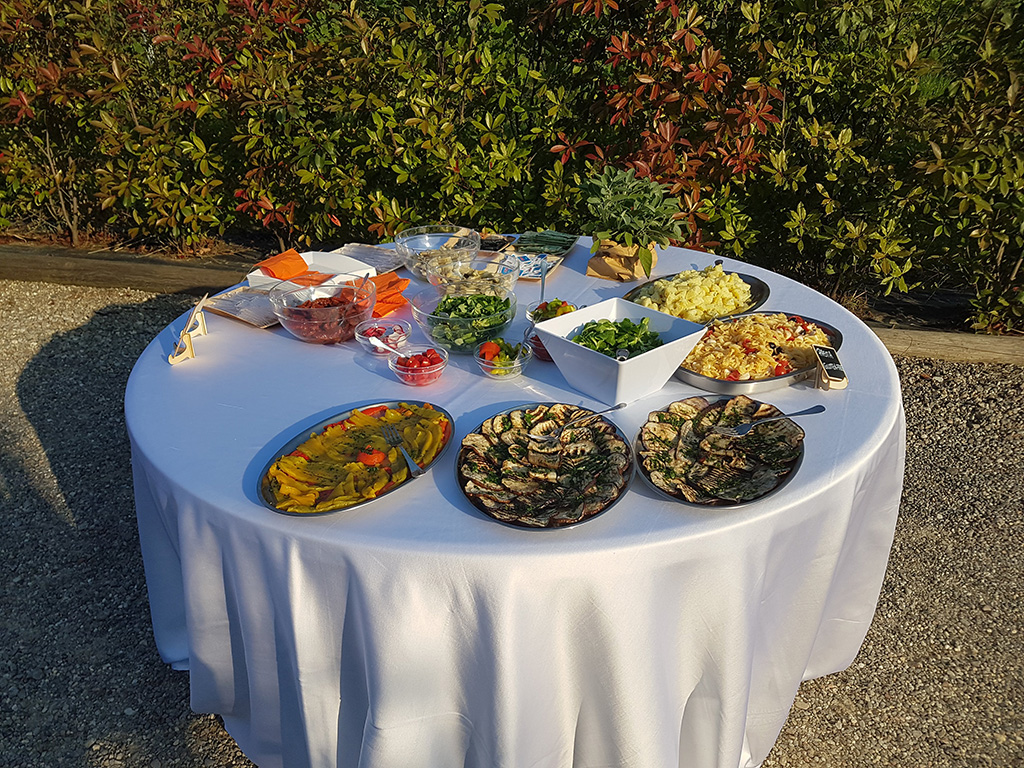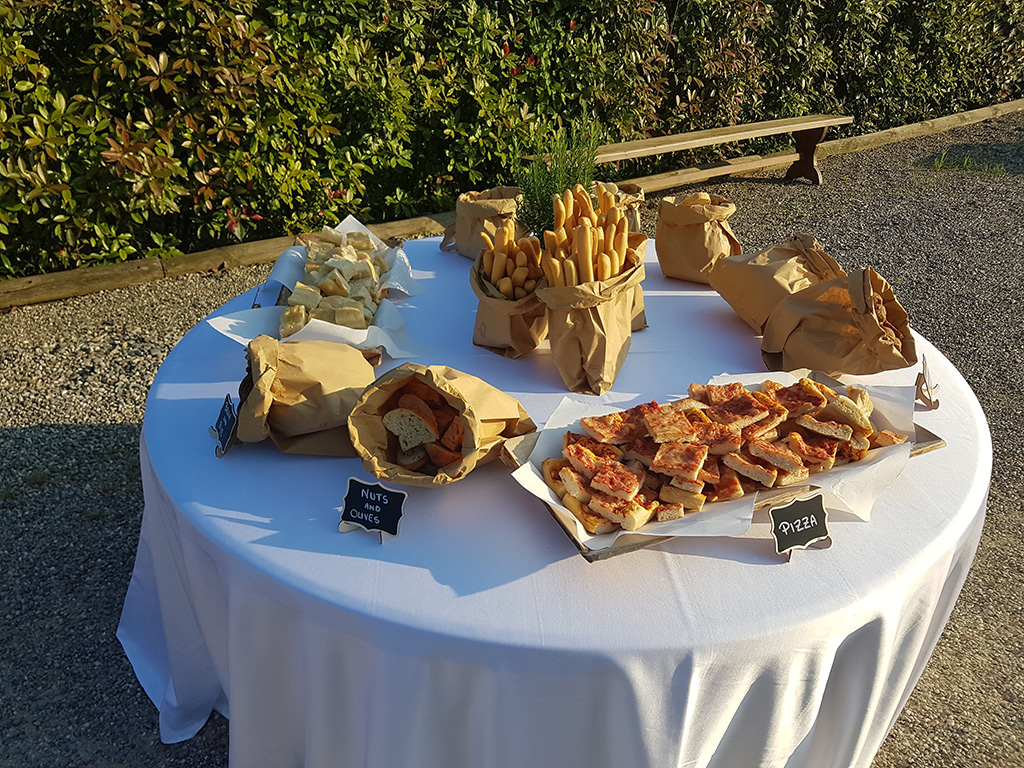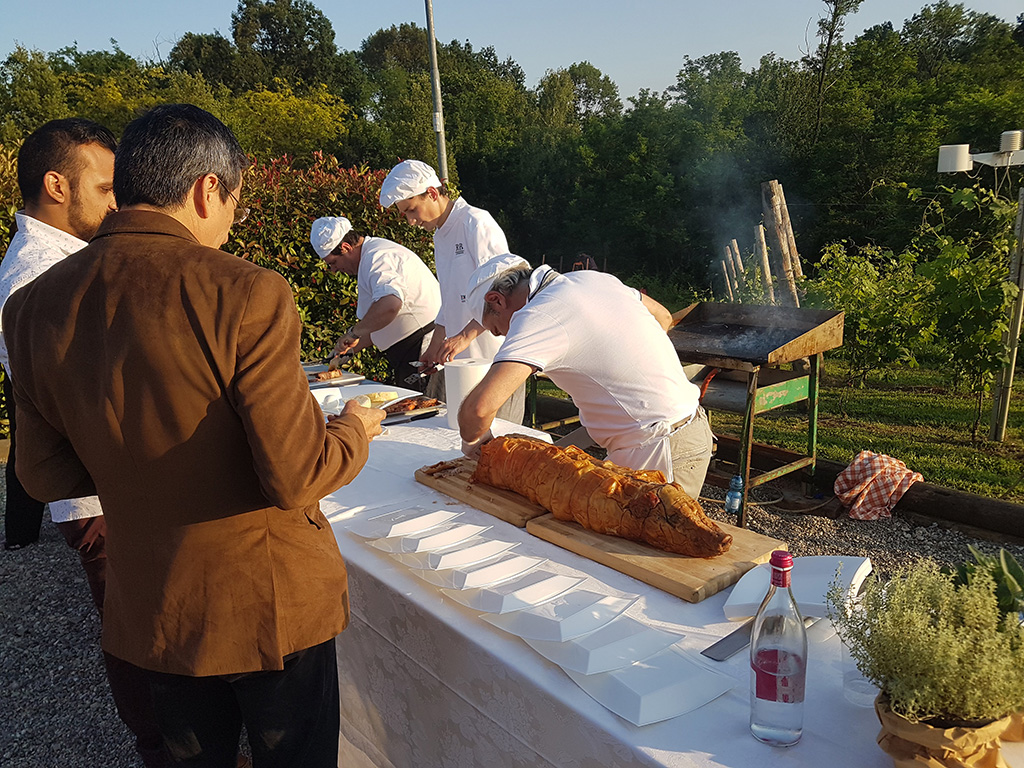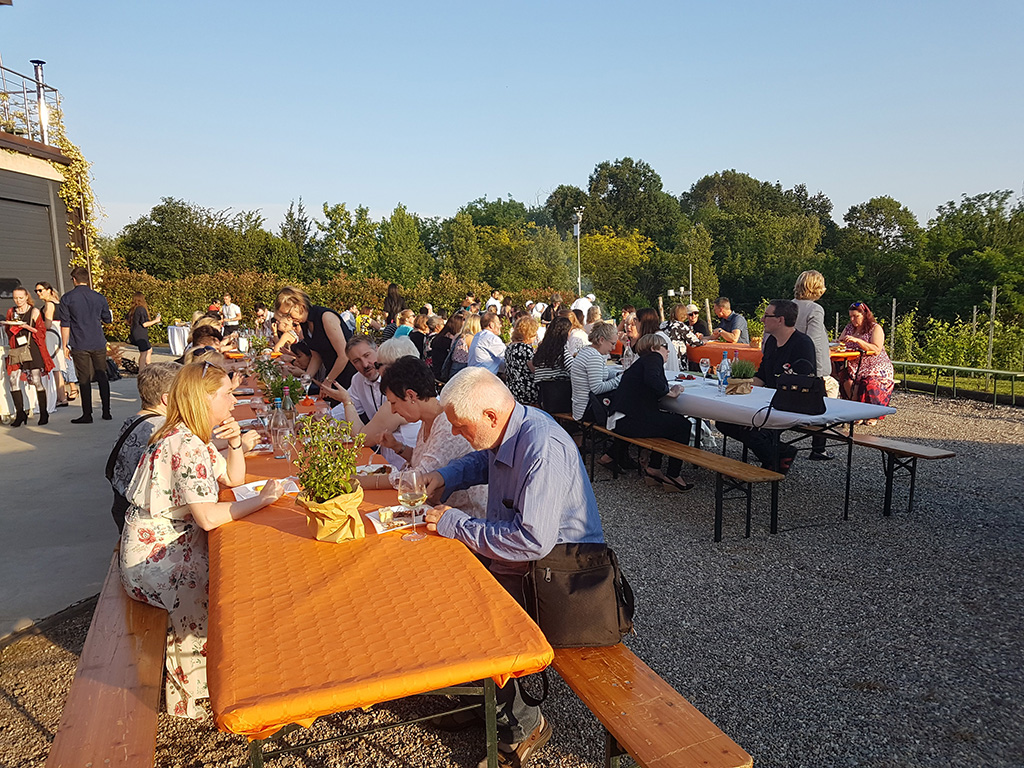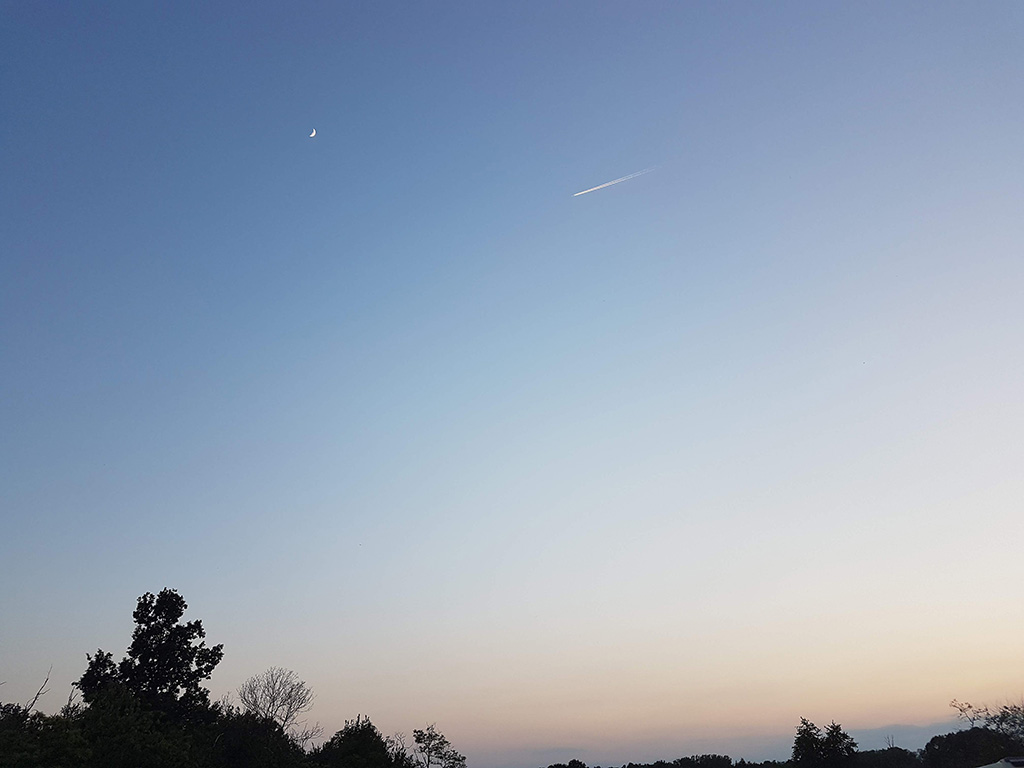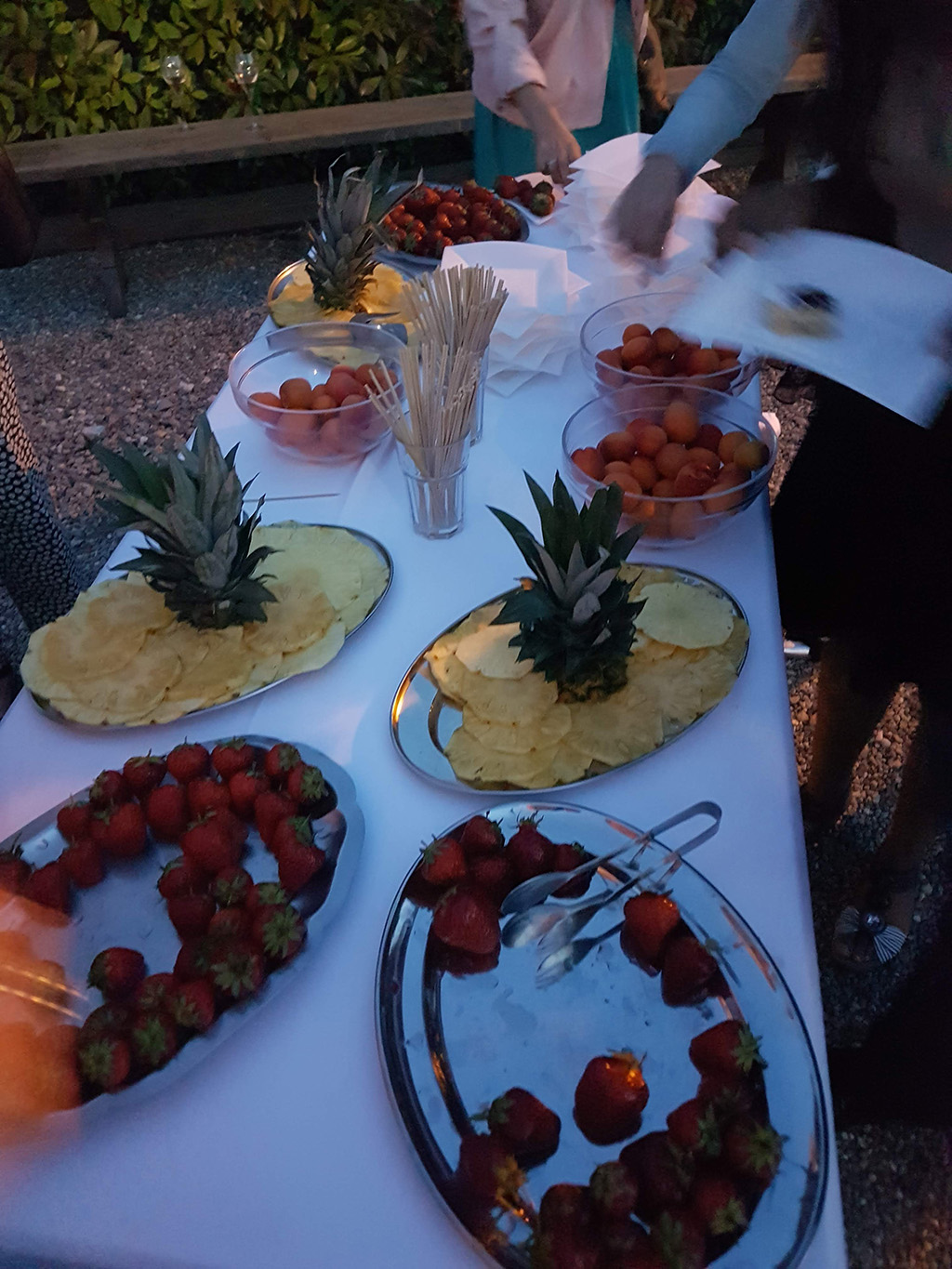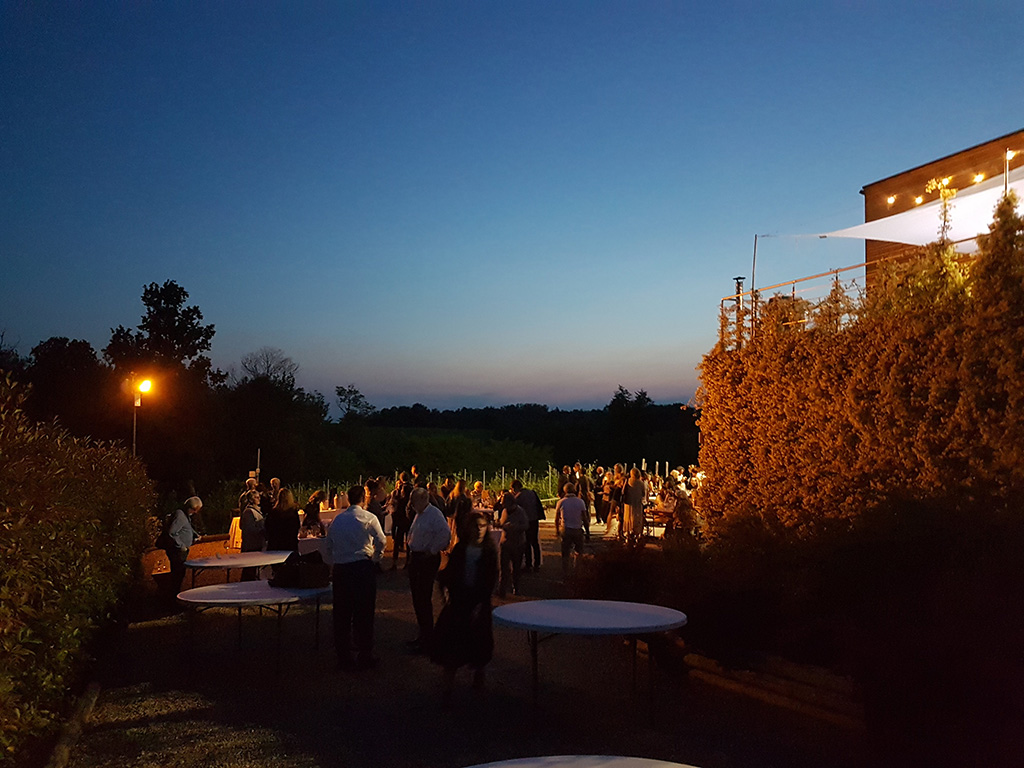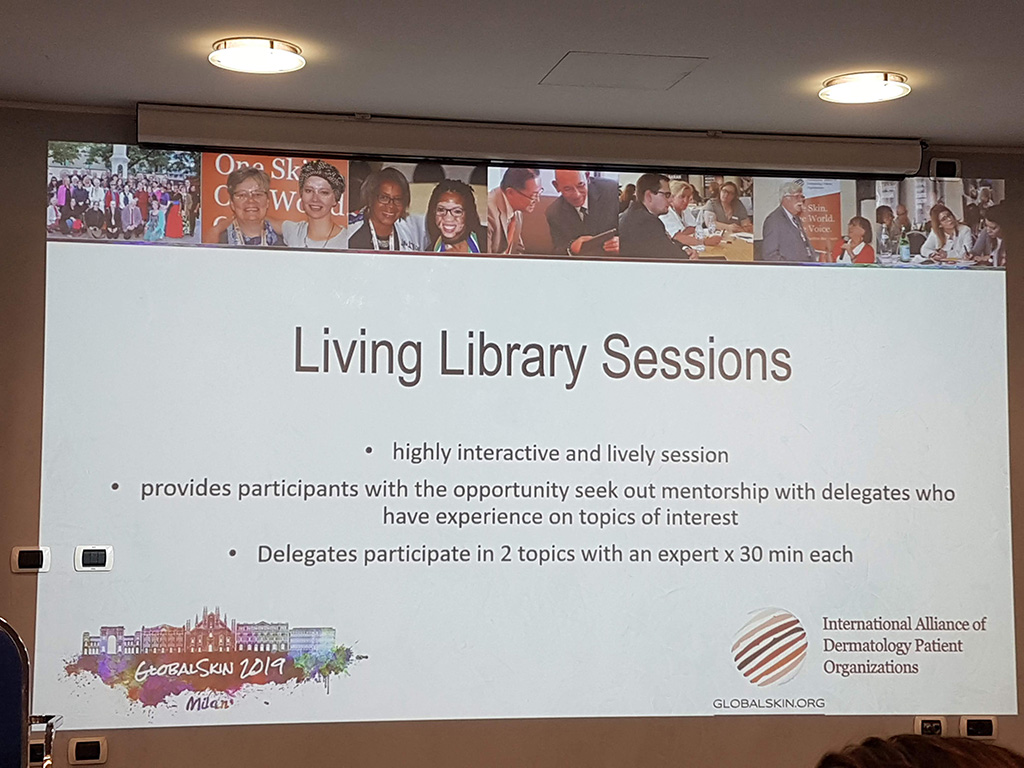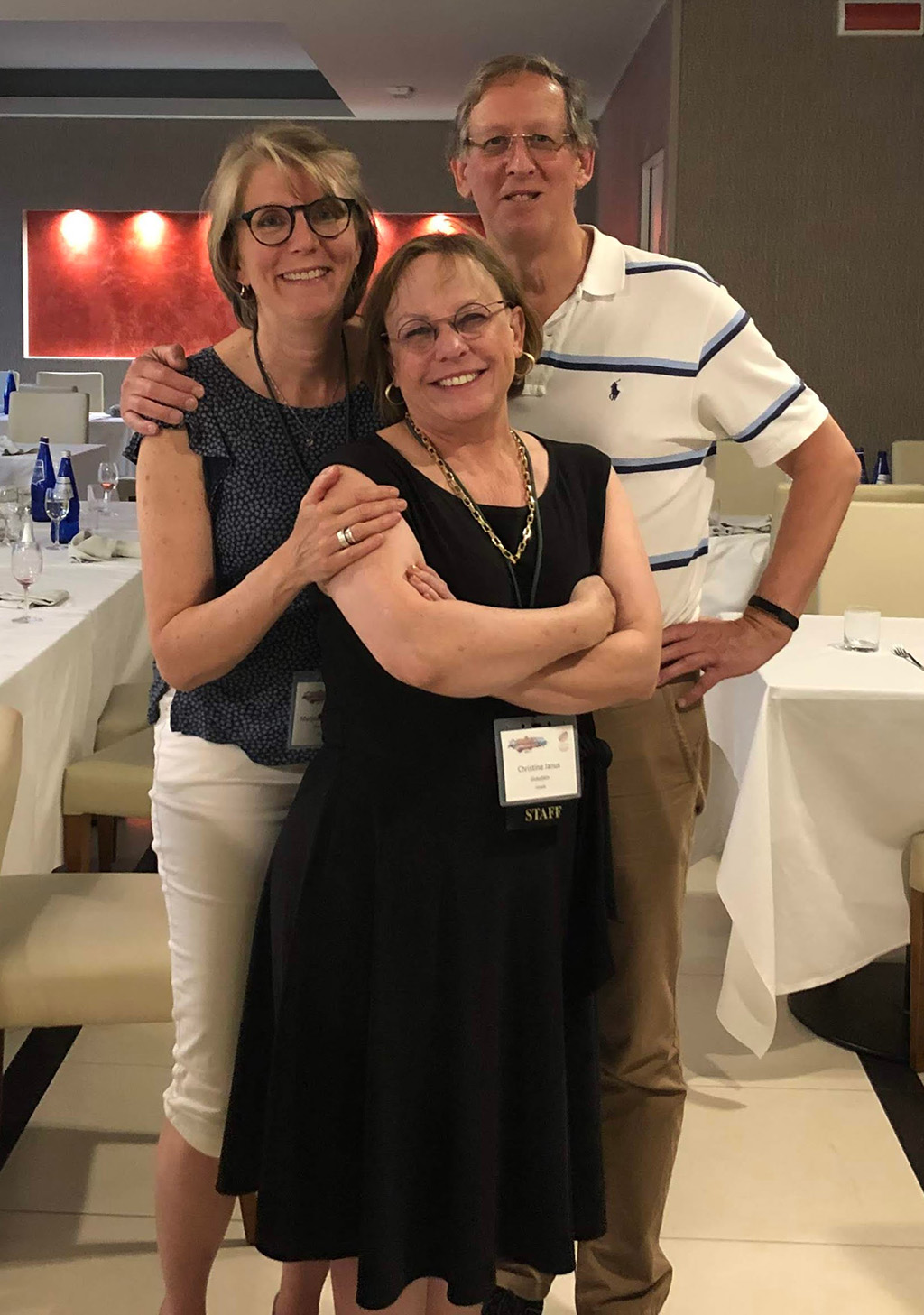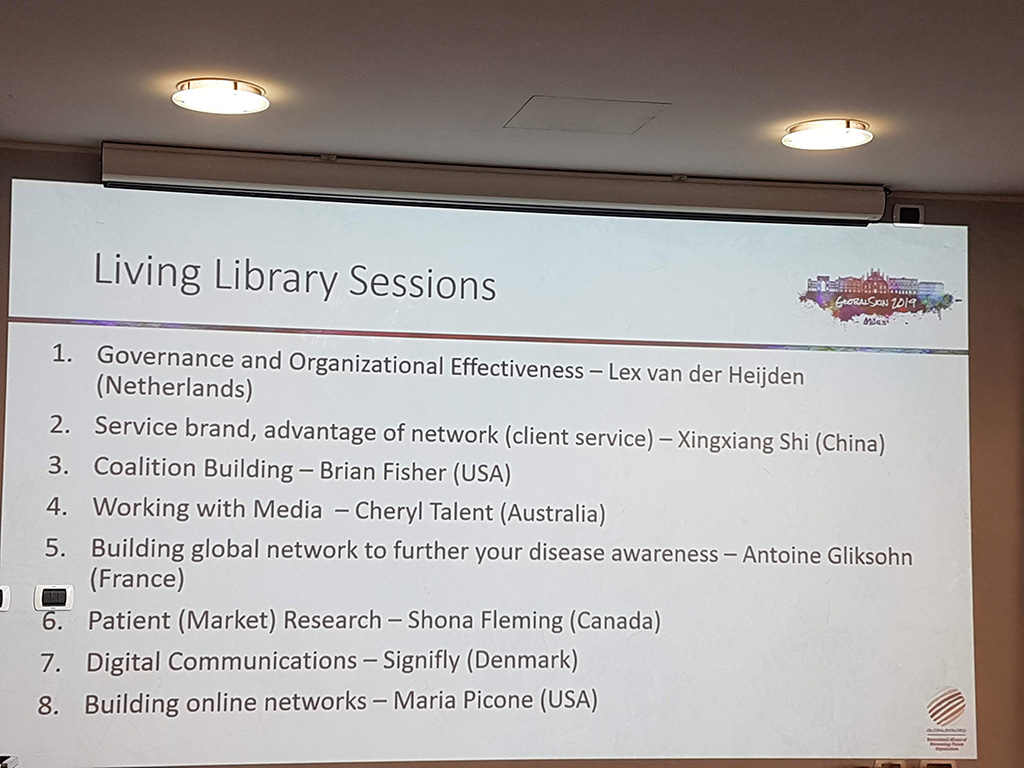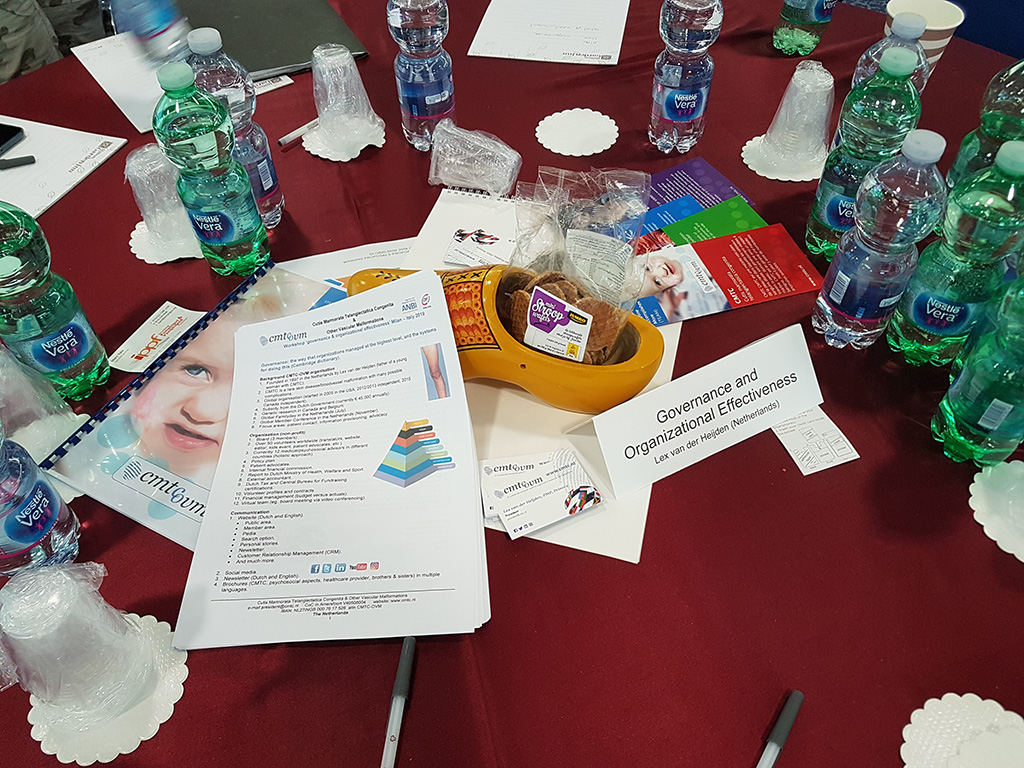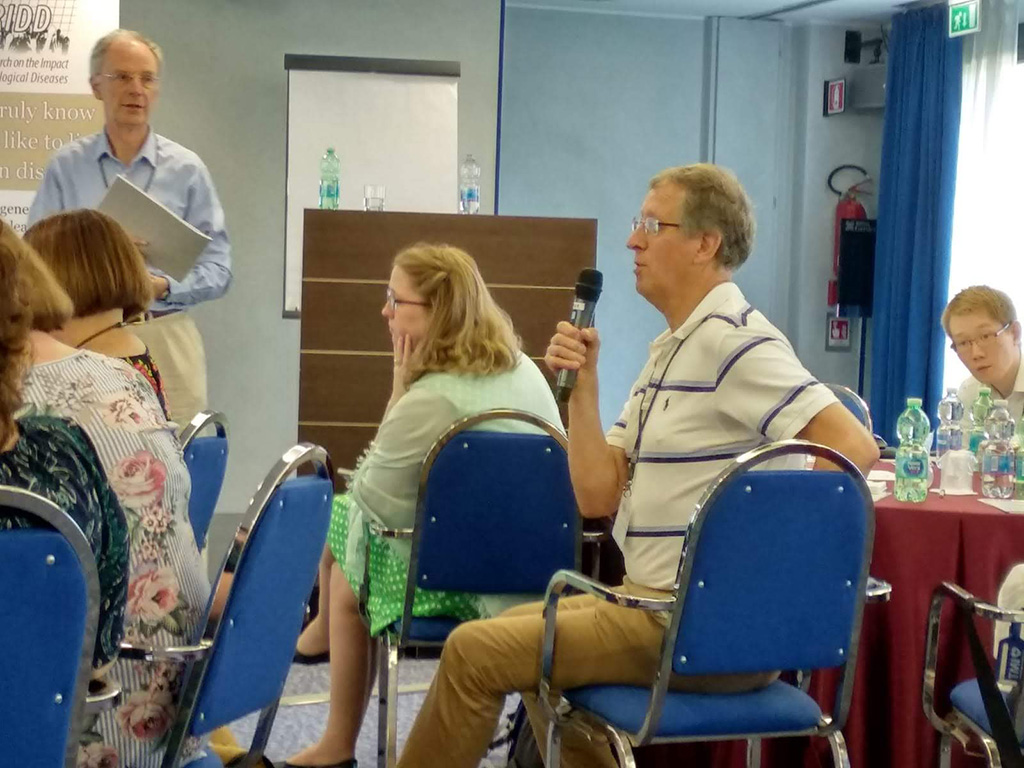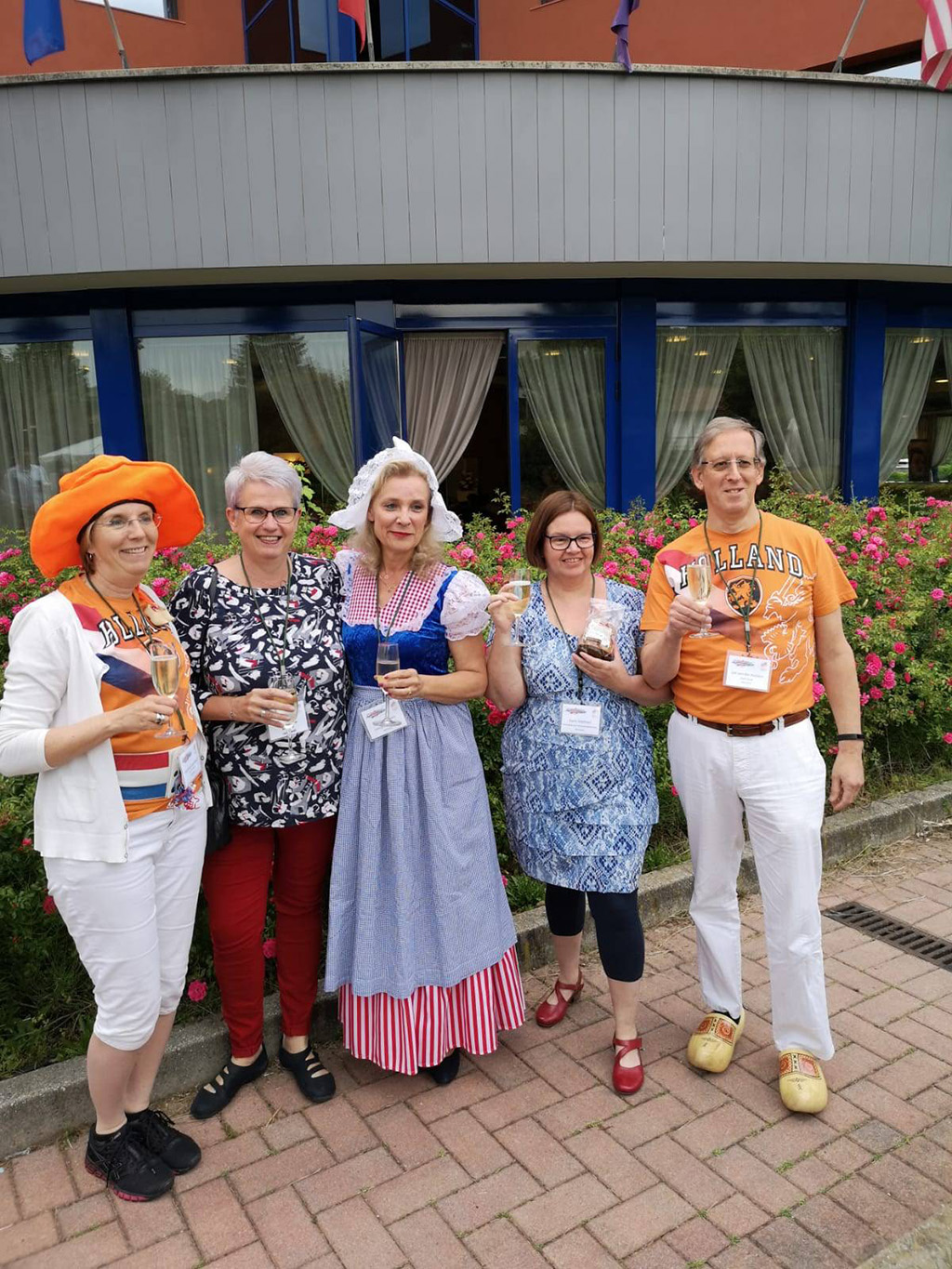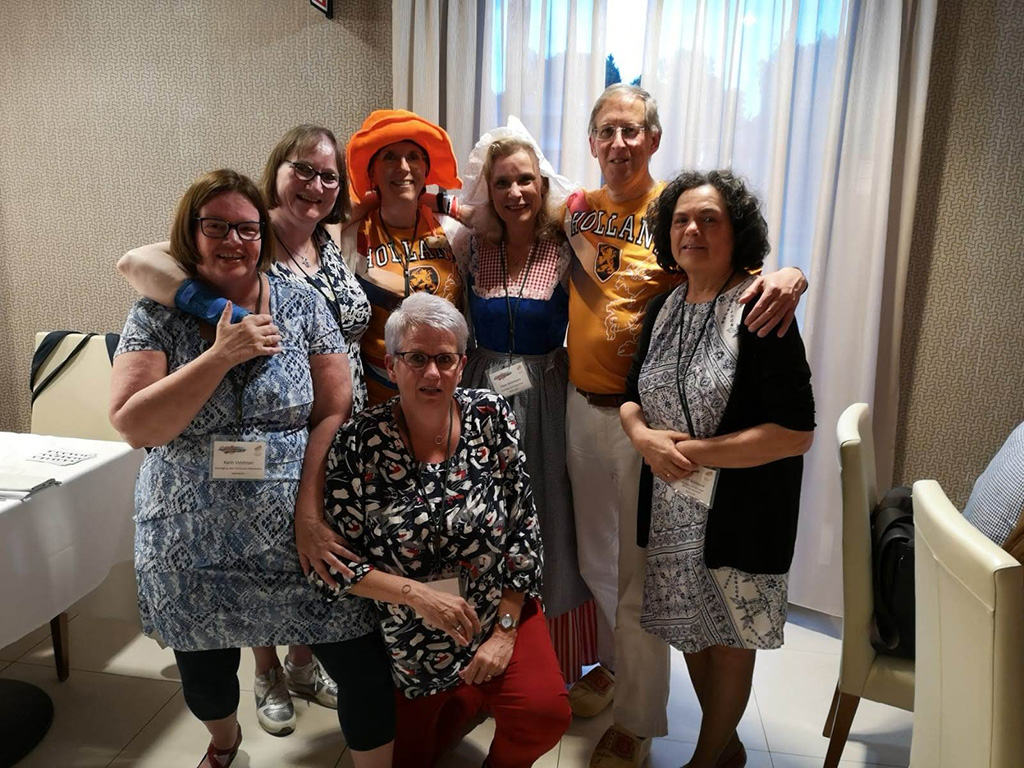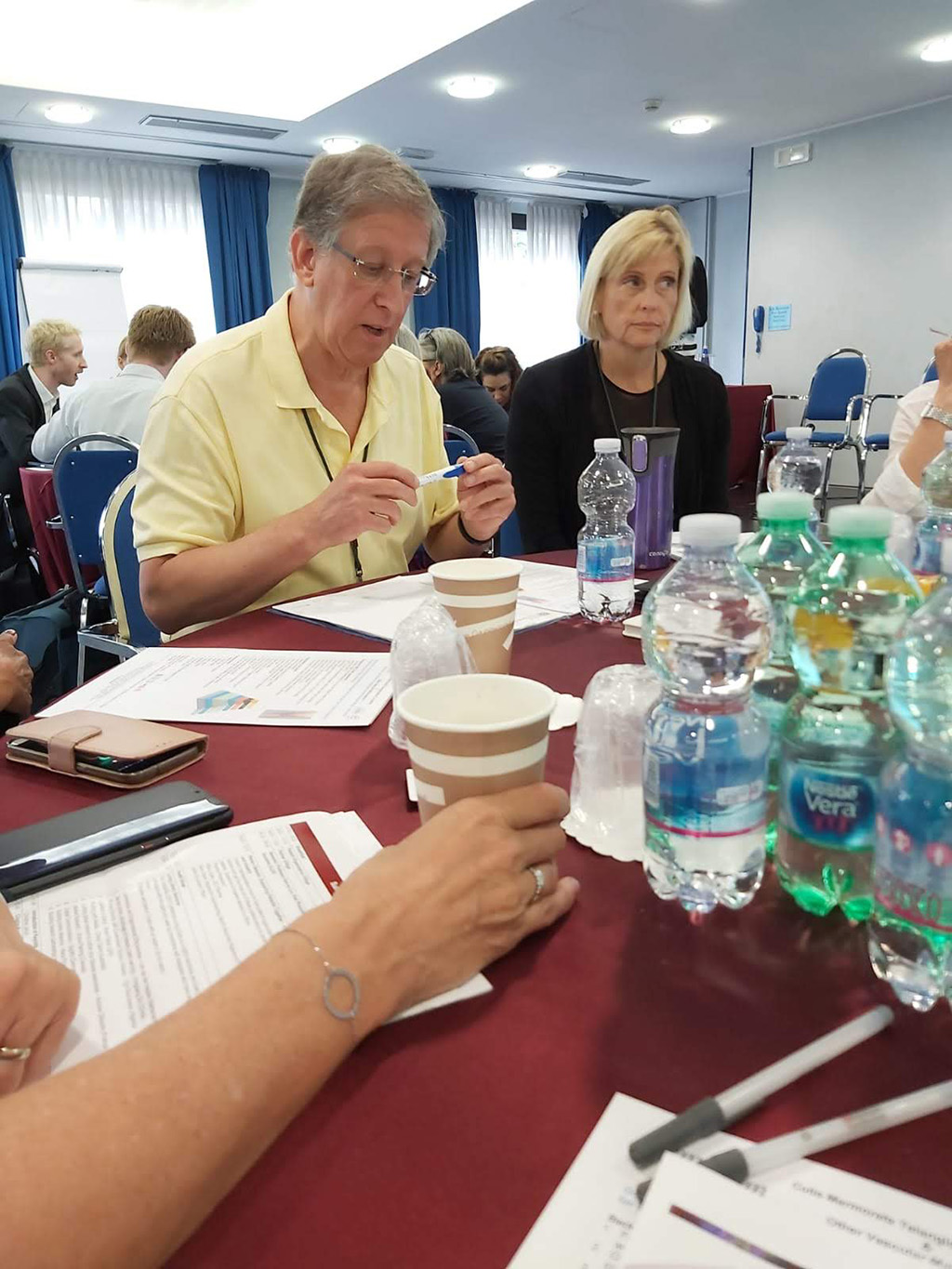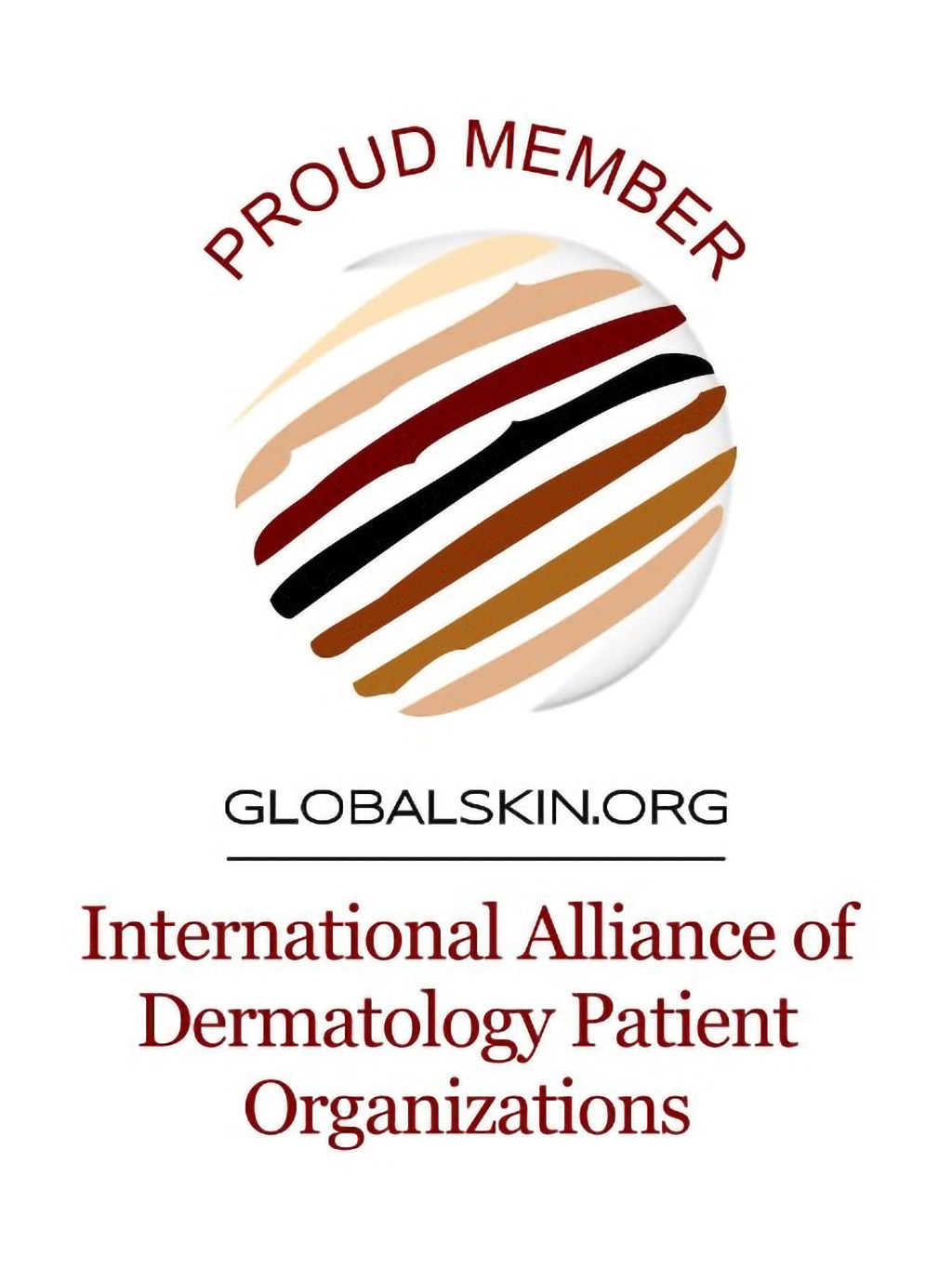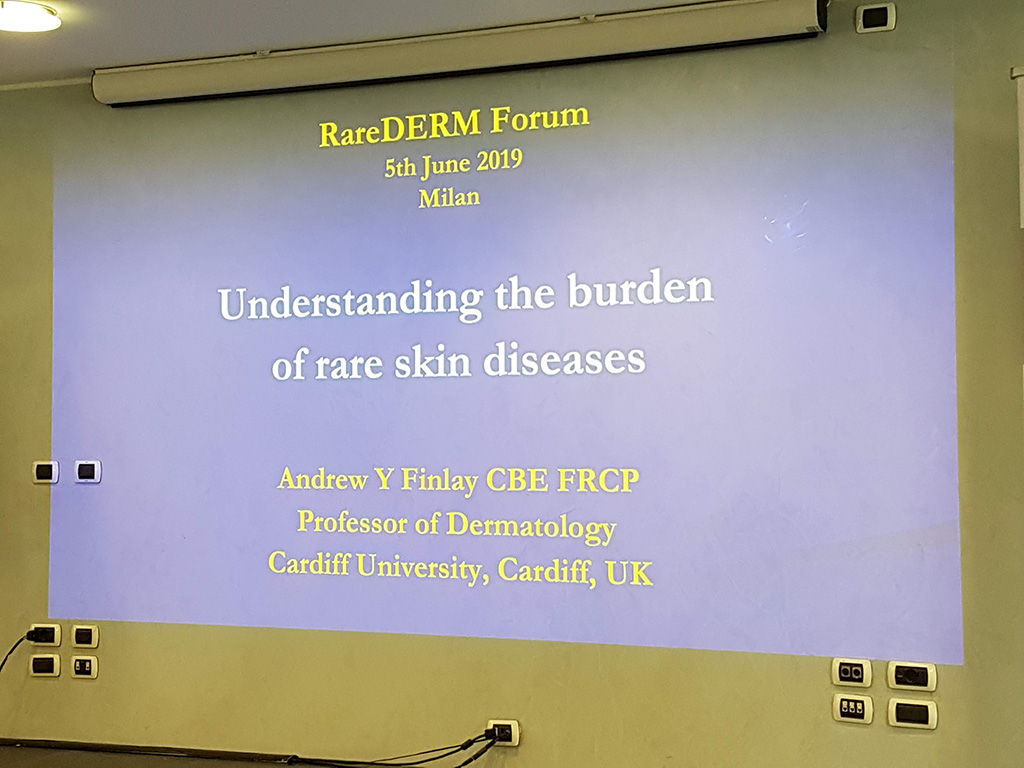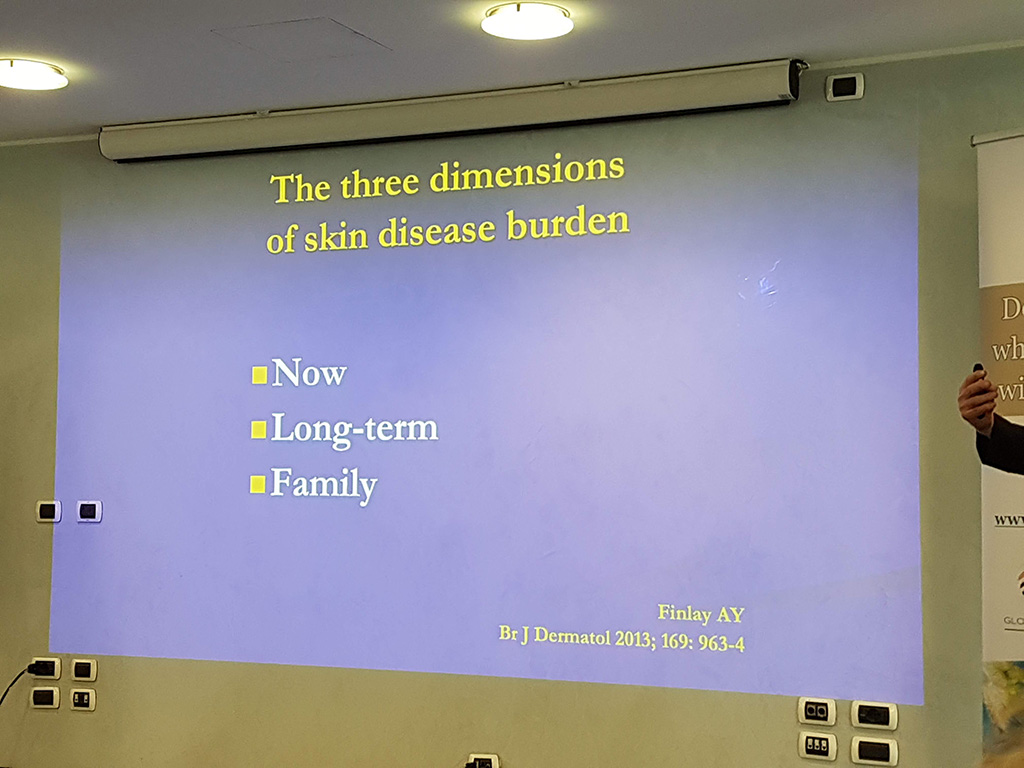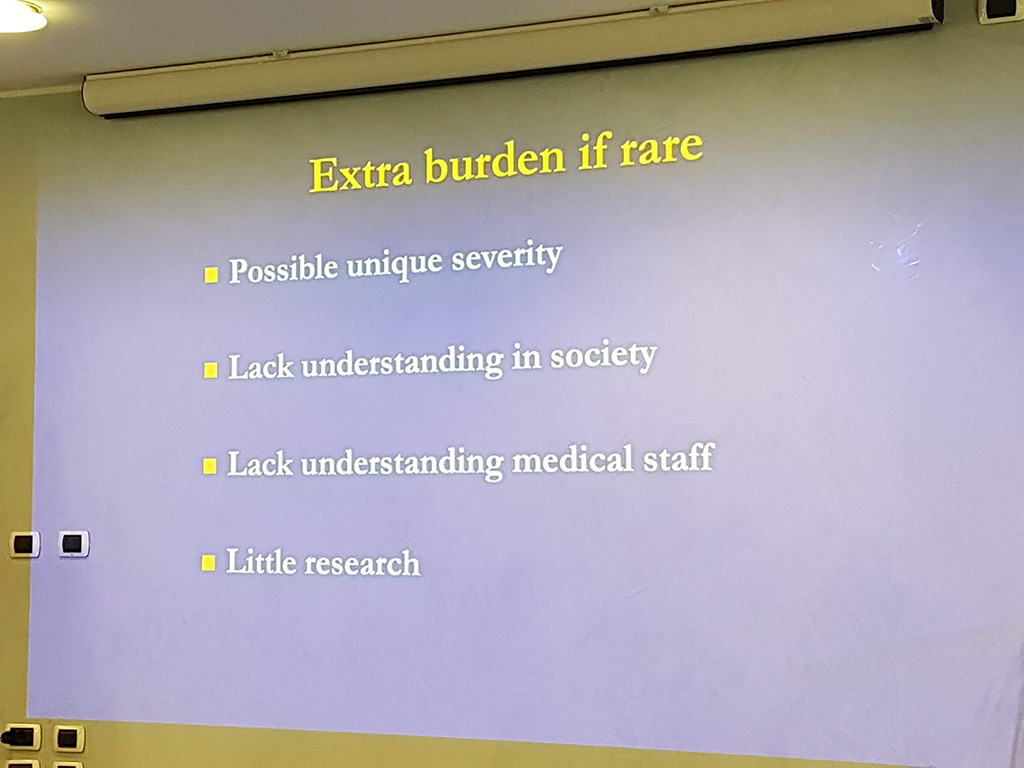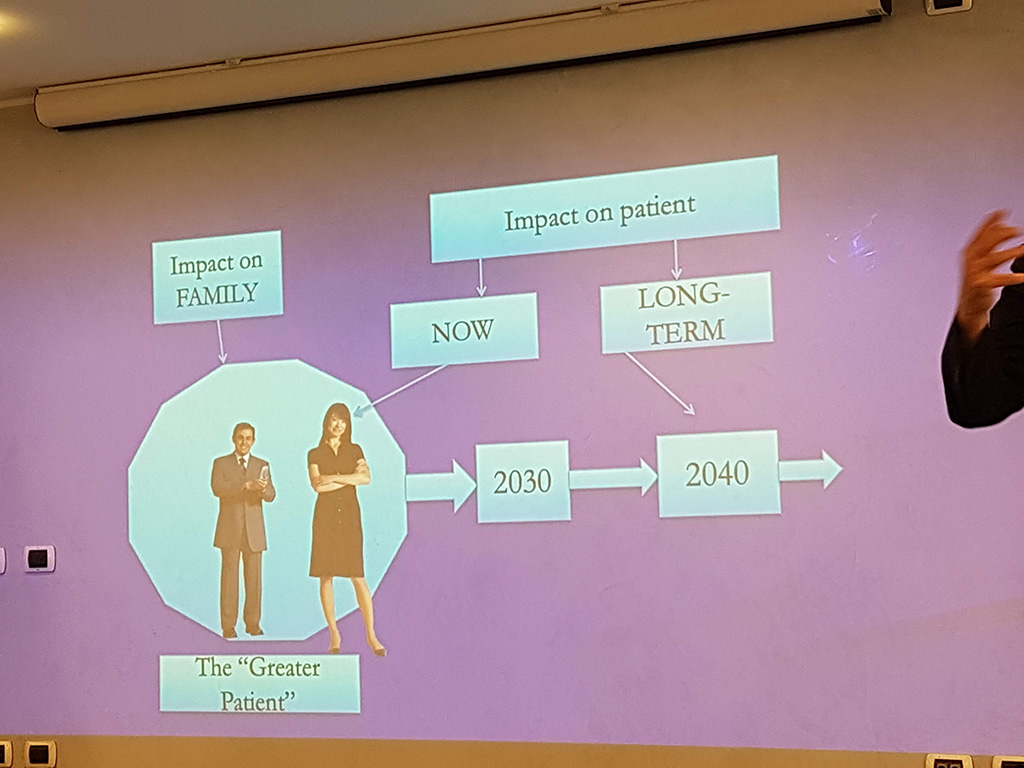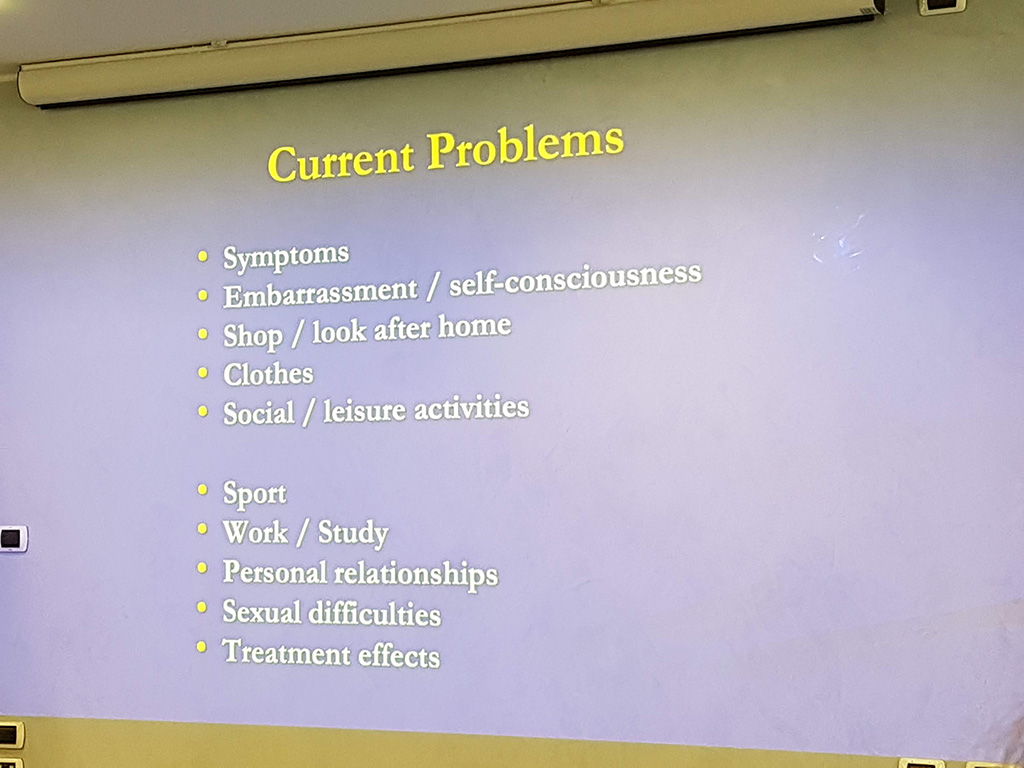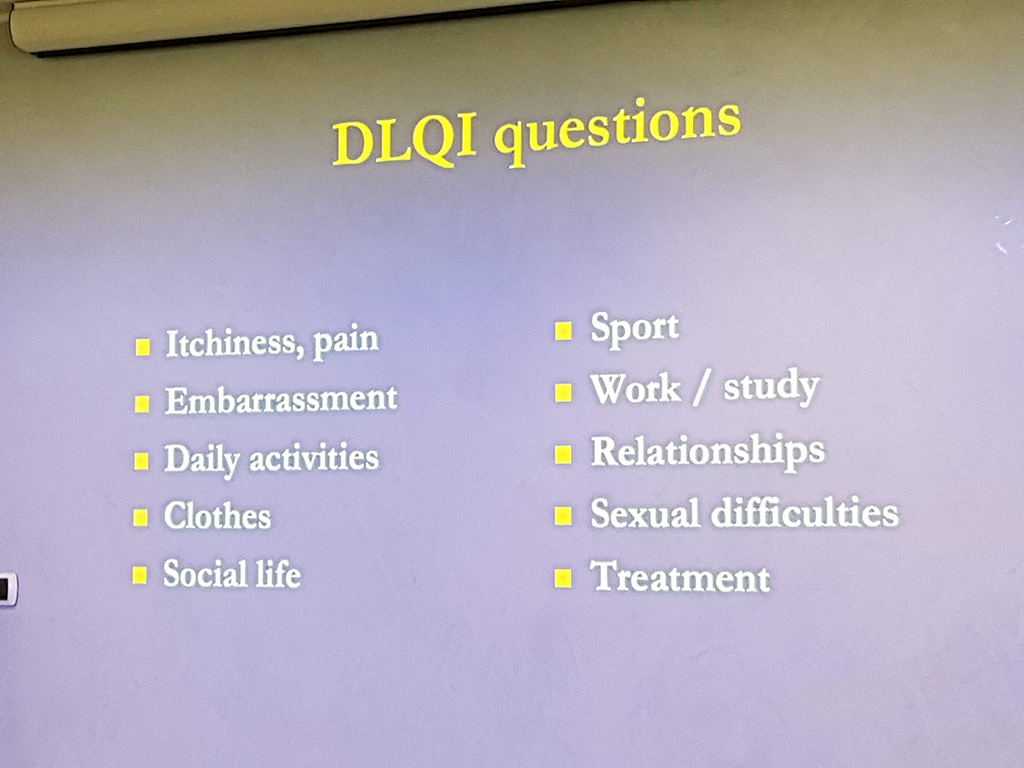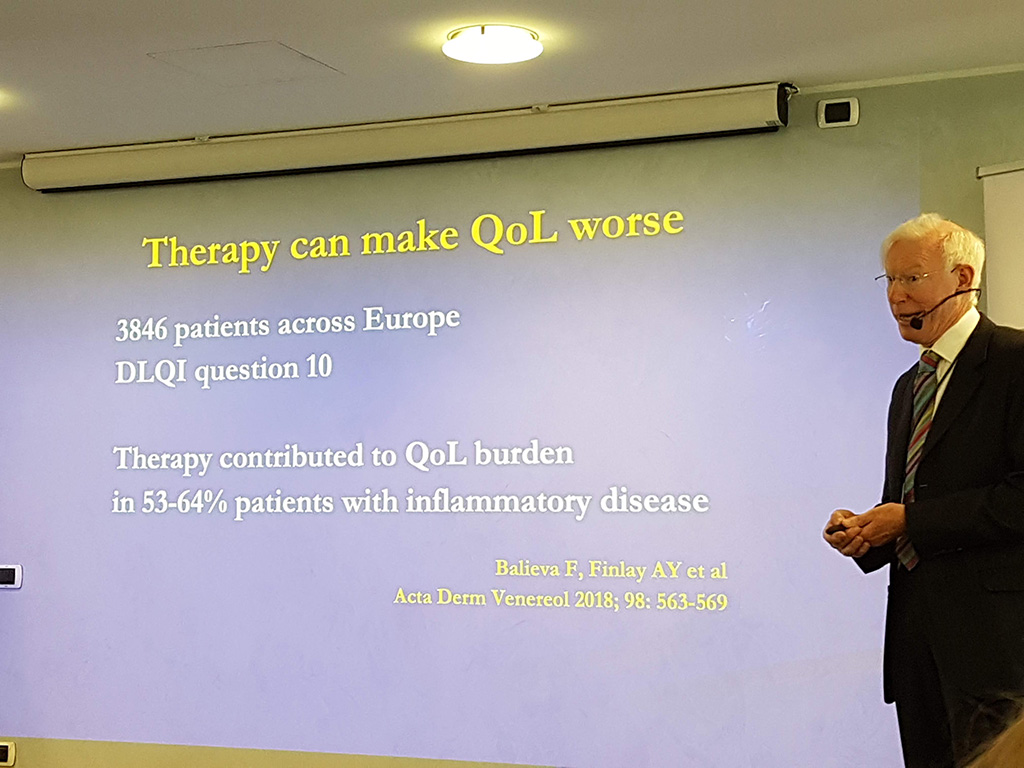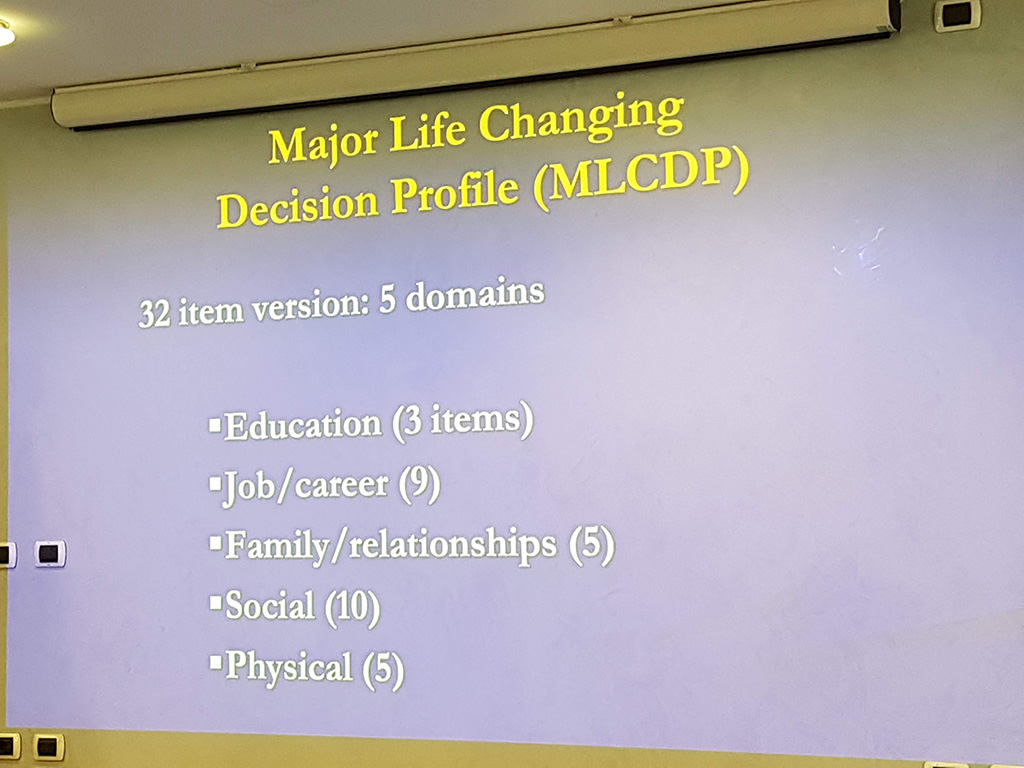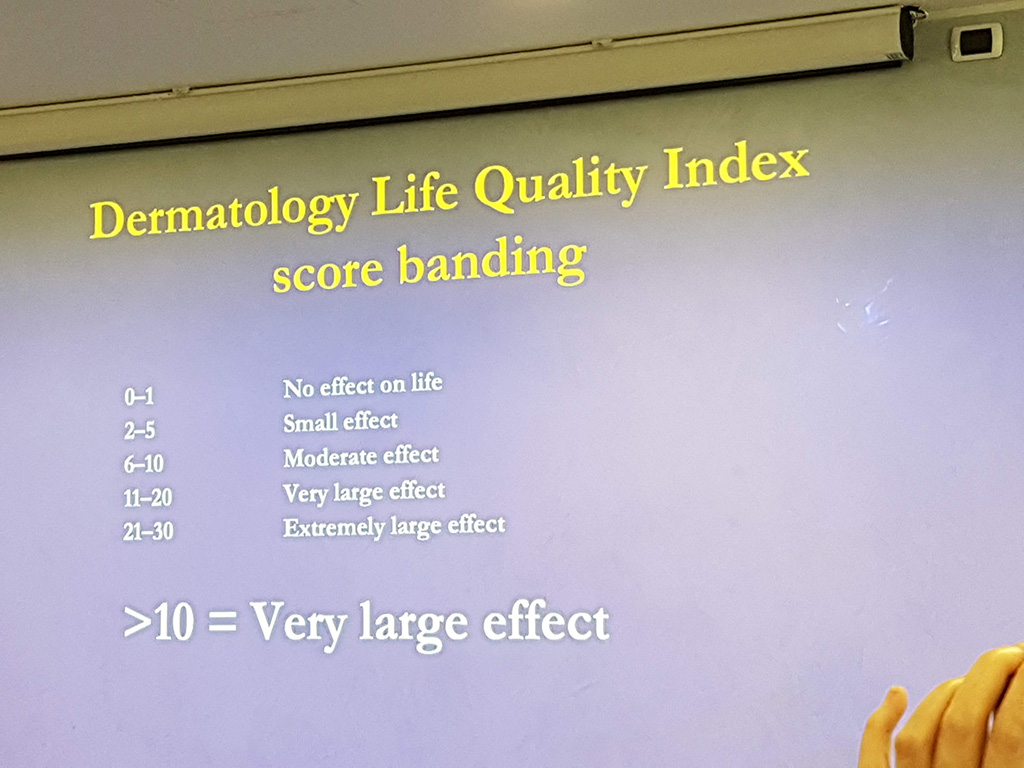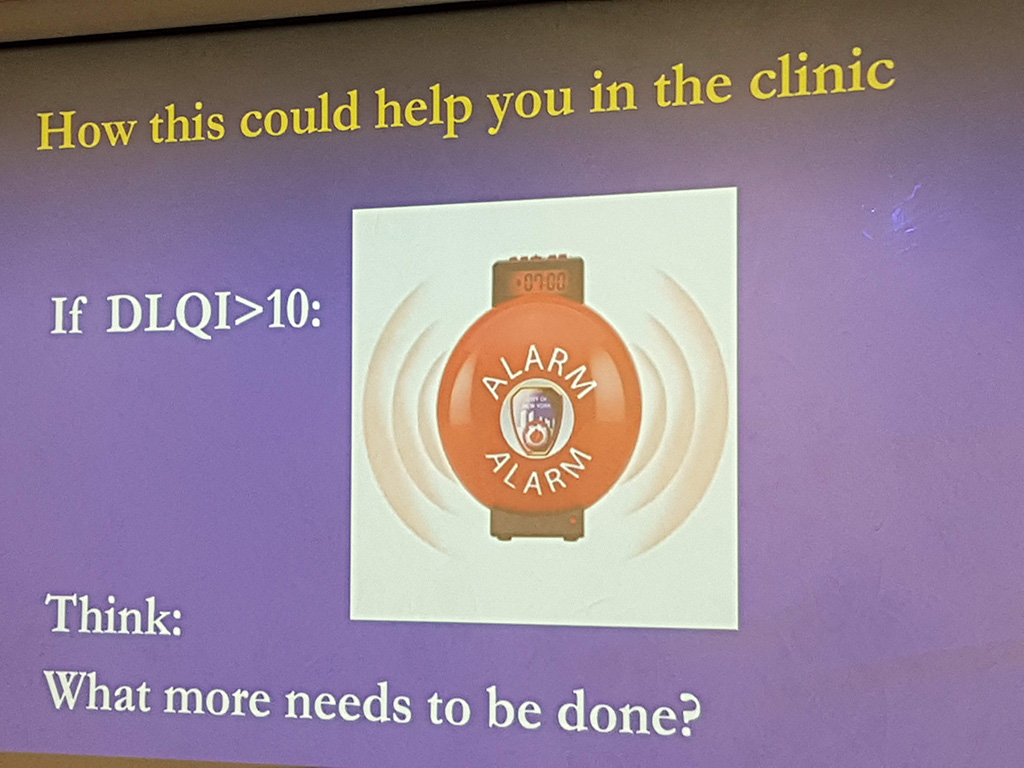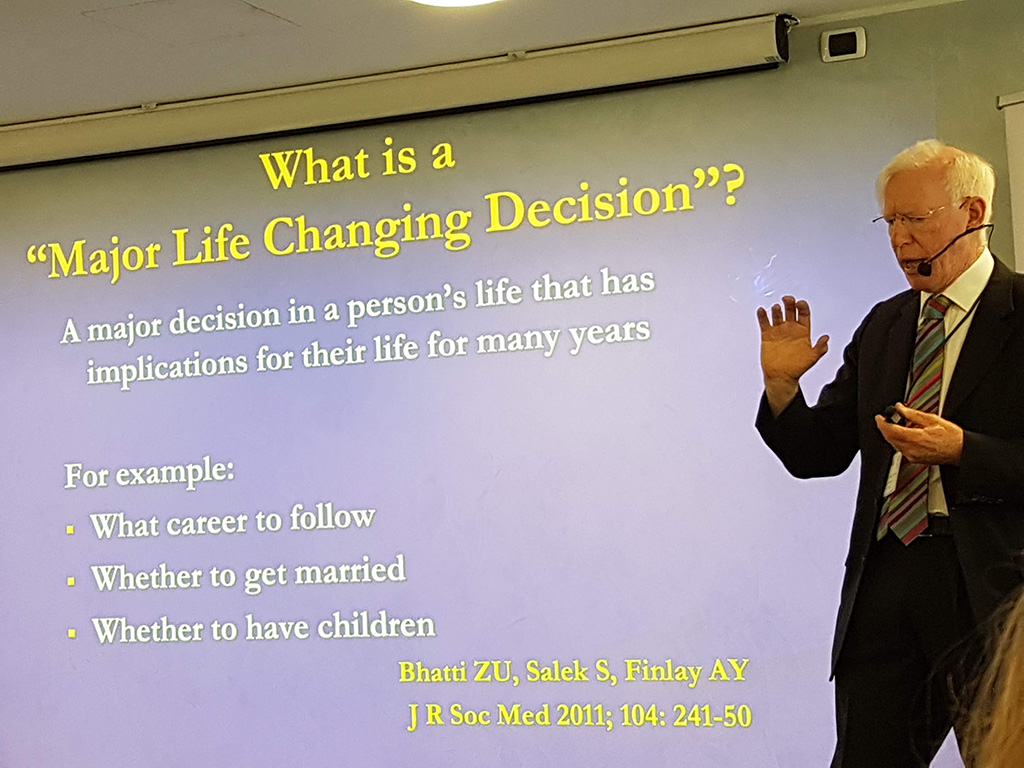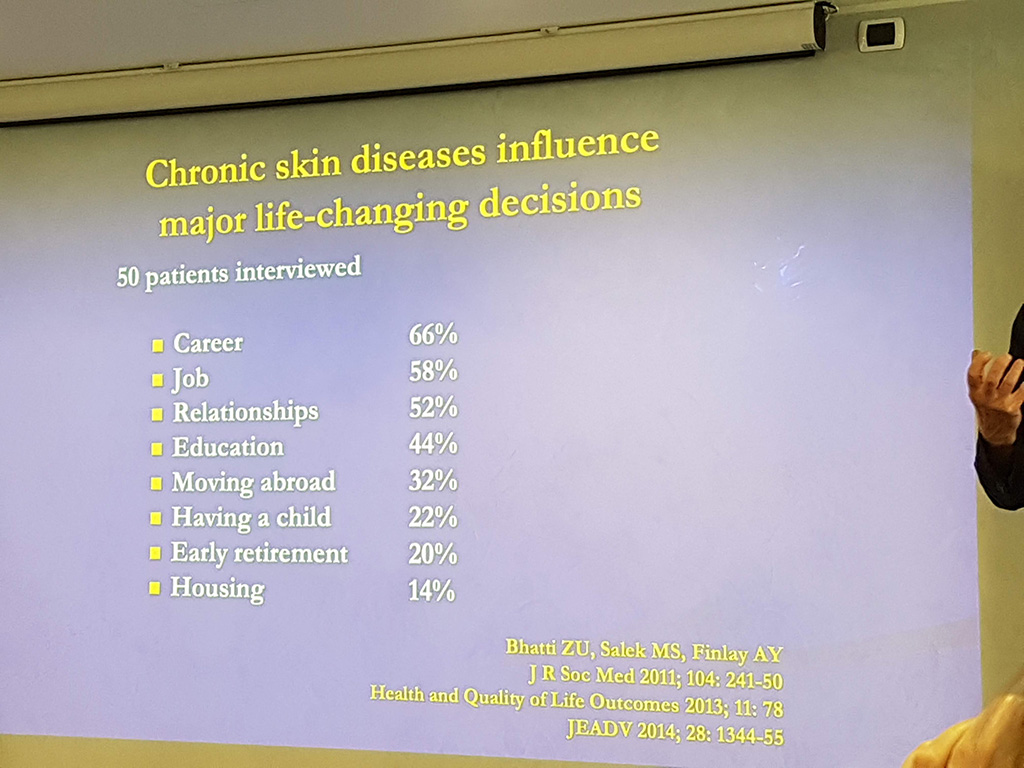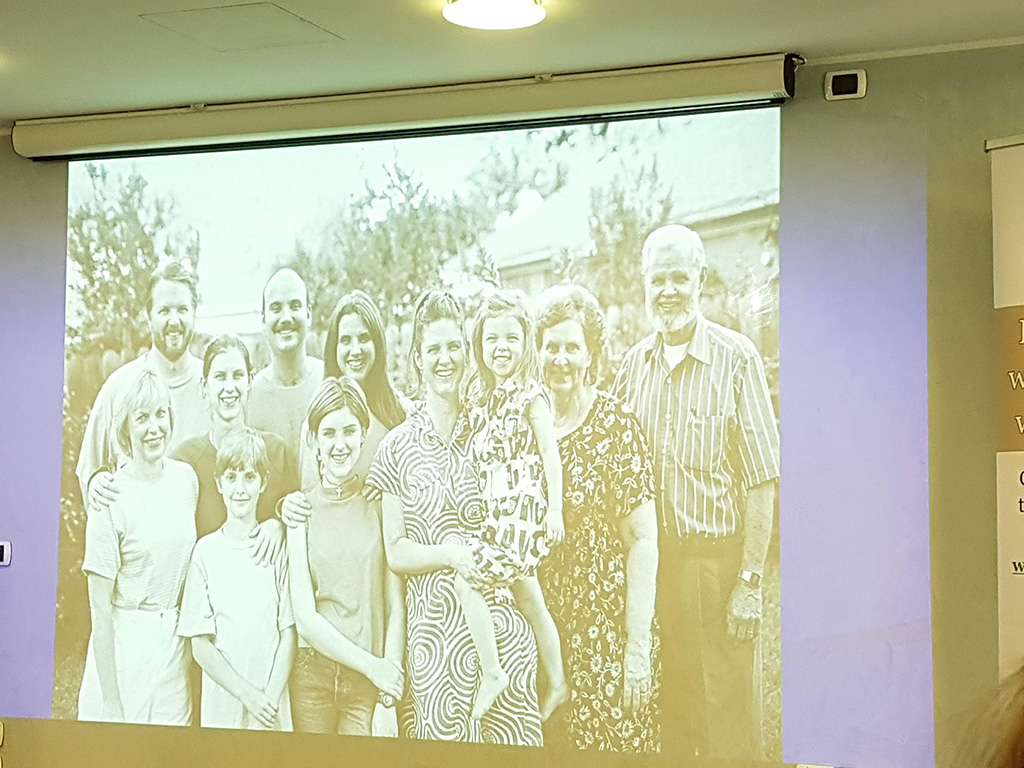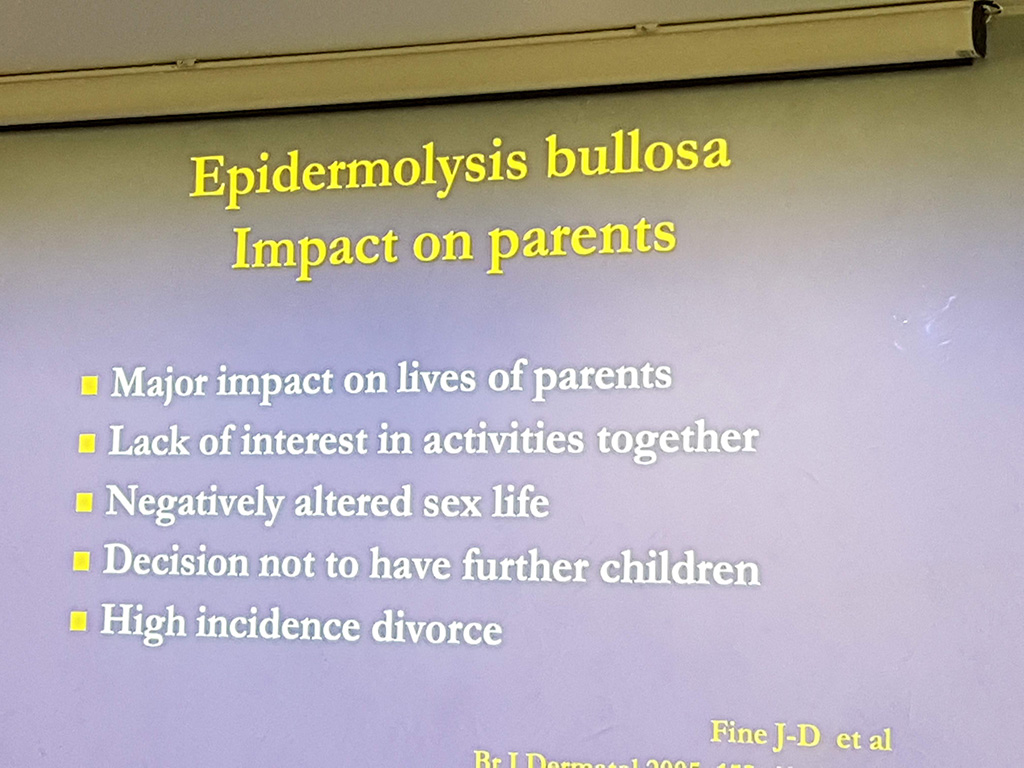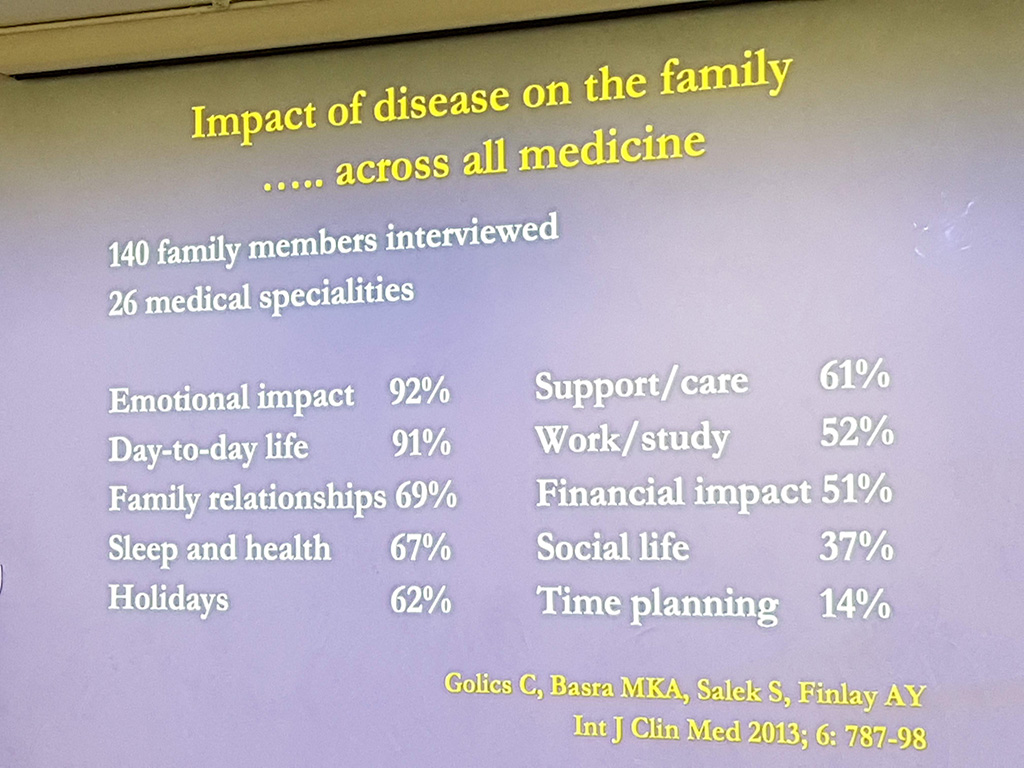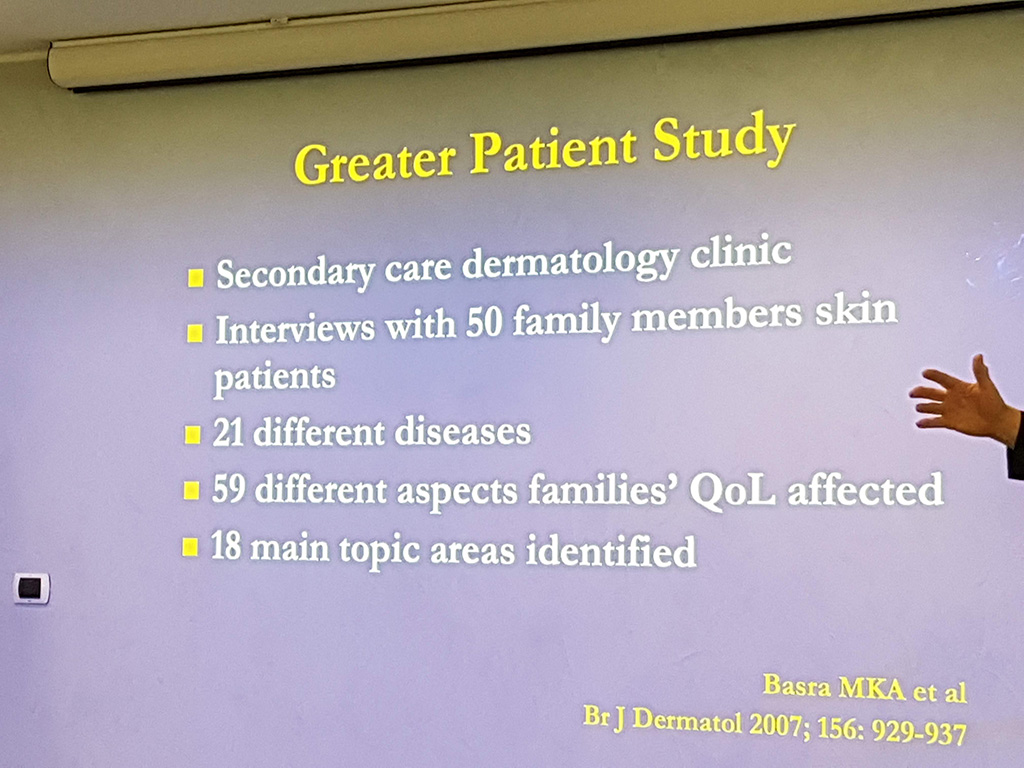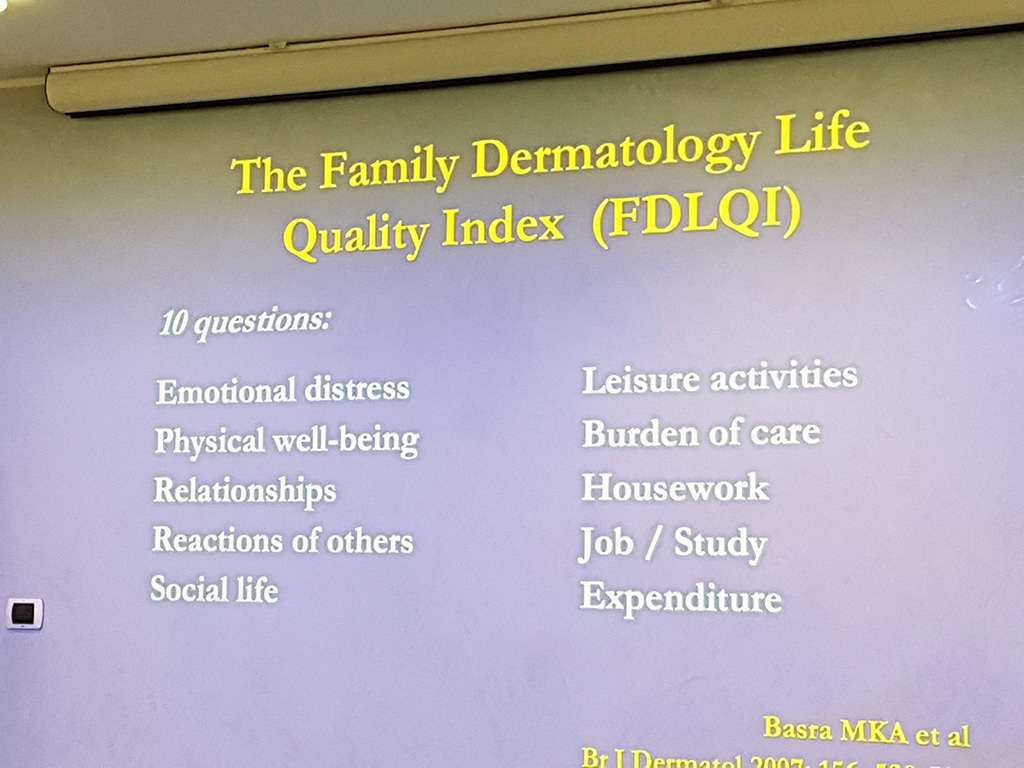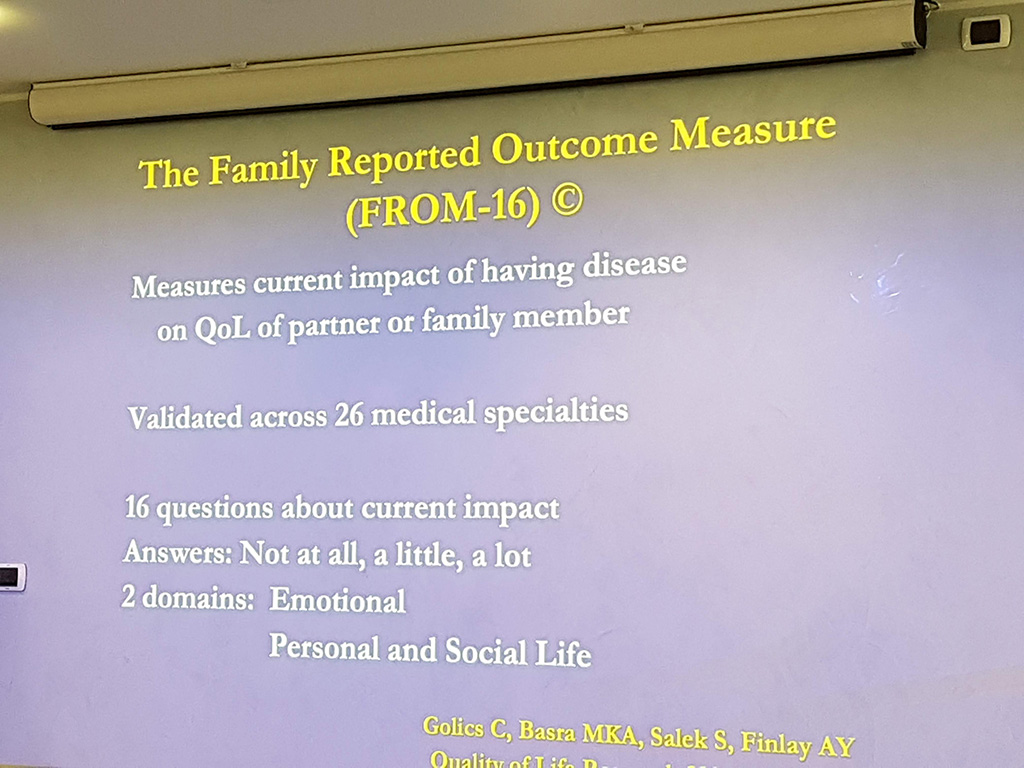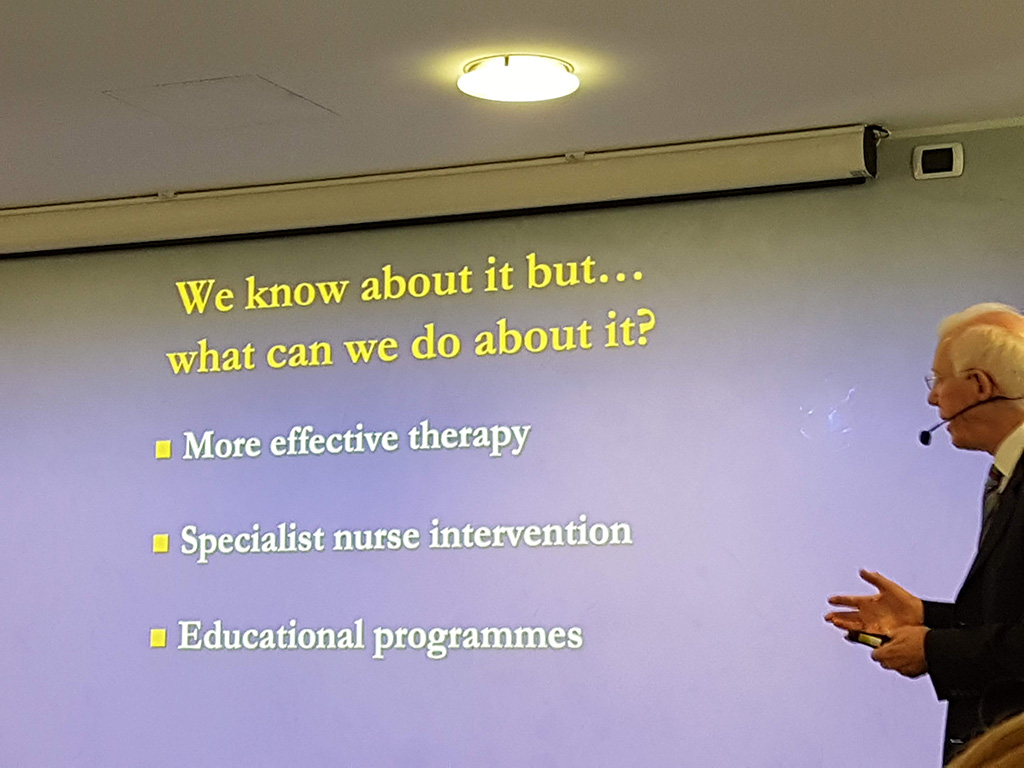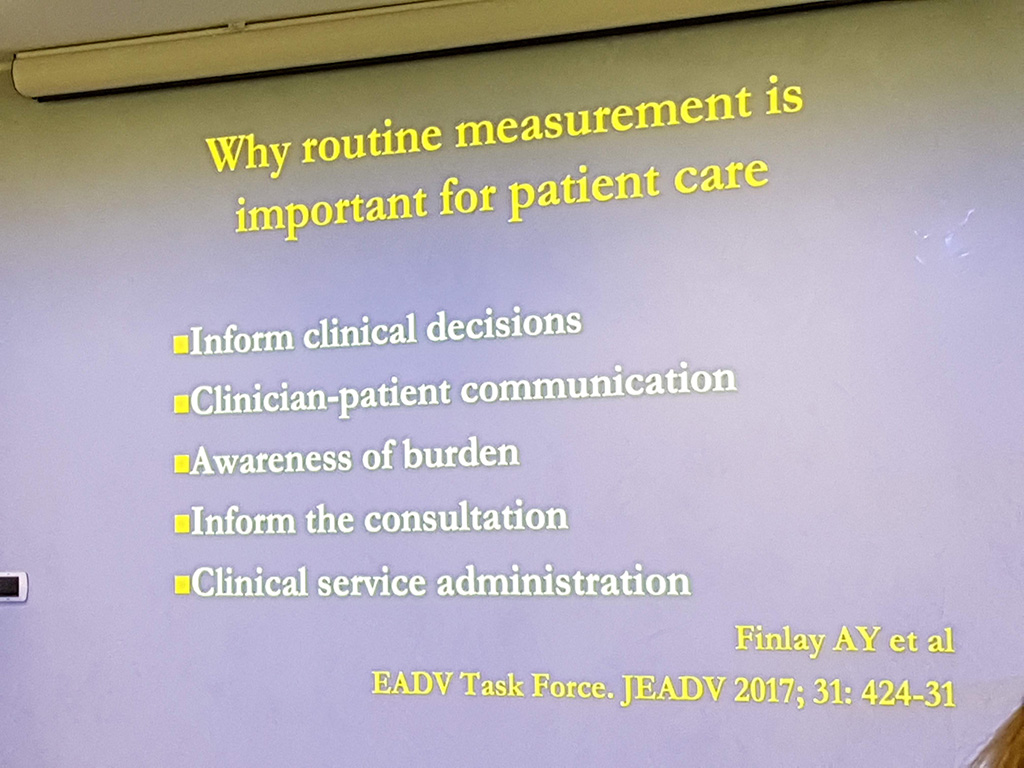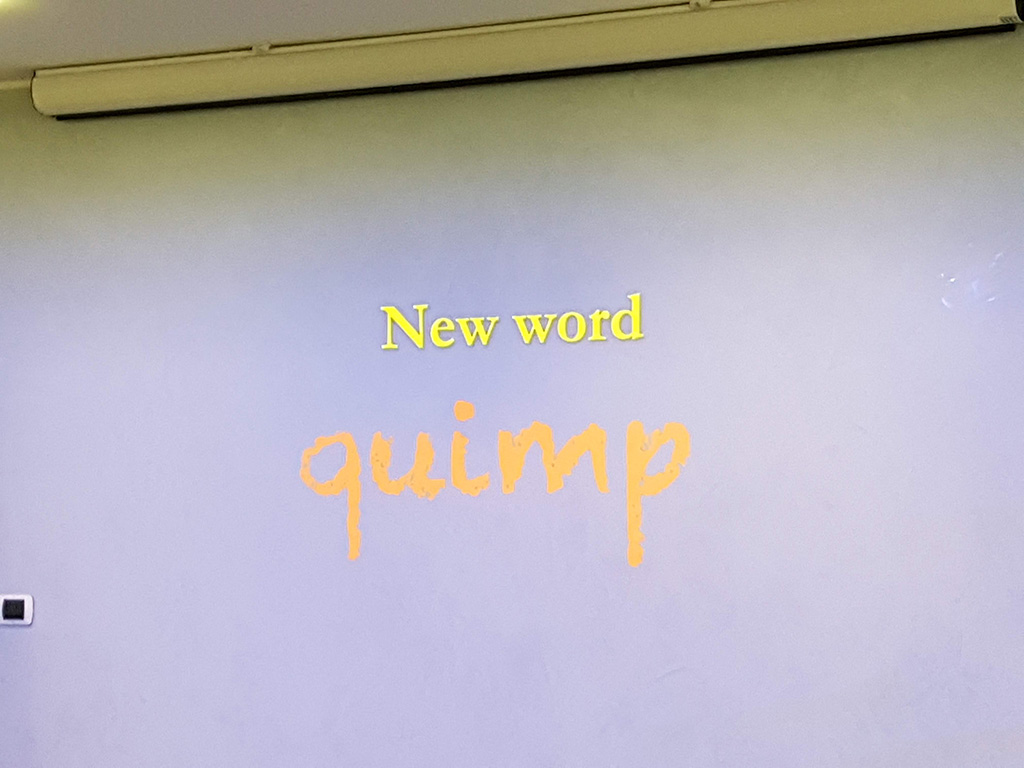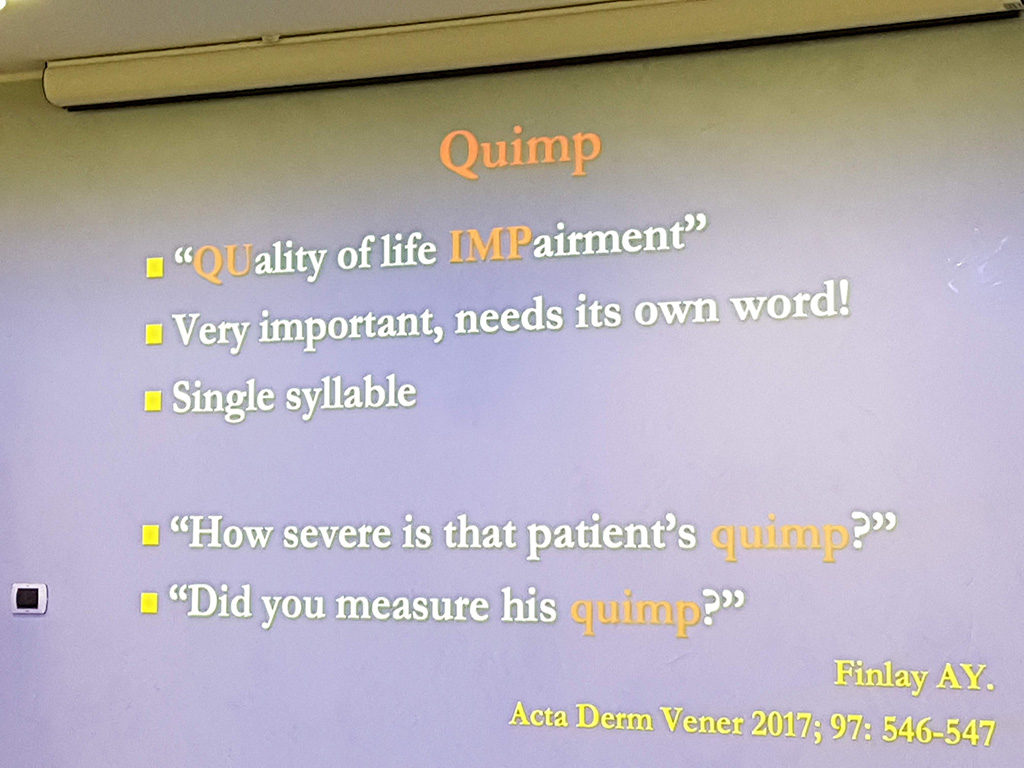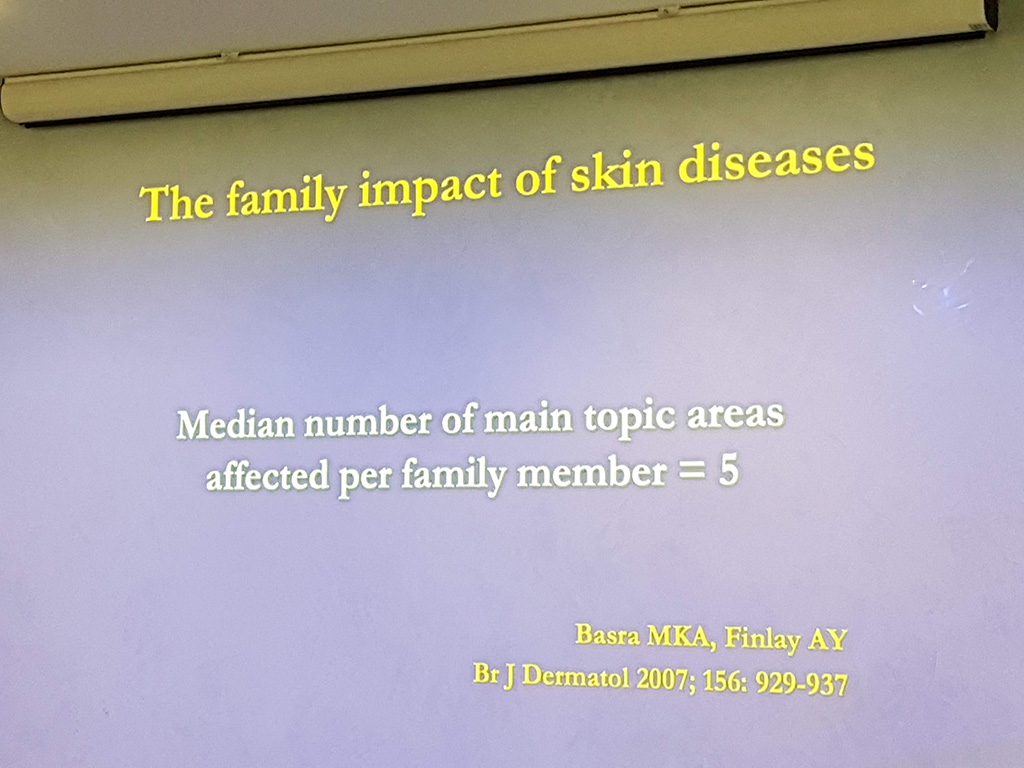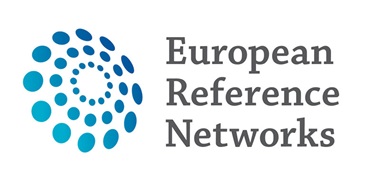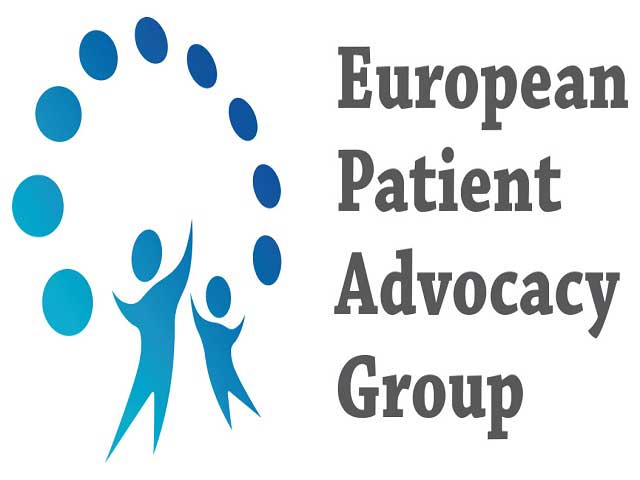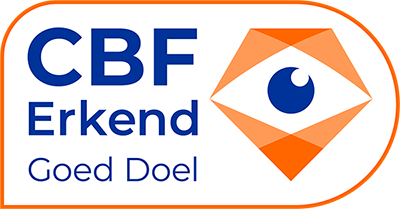The Canadian Global Skin Foundation organised two Congresses in Milan (Italy) from 5-9 June 2019.
The first congress was held on the 5th and 6th of June and was organized for representatives involved with rare skin disorders (RareDERM). The second Congress was on the 7th and 8th, and partly on the 9th. and was intended for representatives of patient organisations representing those with skin conditions, including psoriasis and eczema.
There were 140 attendees from 35 countries at the second conference. The Global Skin Foundation was founded in 2015 and is growing quickly. The speakers came from all over the world and spoke on a broad range of topics that cover not only medical aspects but also genetic and psychosocial aspects.
Various pharmaceutical companies were also present as sponsors and also gave presentations.
At one dinner participants were asked to dress in their own country’s clothing. A very original idea that was also fun!
On the last evening, everyone went to a vineyard and enjoyed great food, natural wine and a beautiful view.
Rare skin Conditions
A condition in general is classified as rare when the condition occurs in less than 1 in 2000 people.
Prof. Dr. Andrew Finlay gave a presentation about understanding the burdens of those with a rare skin condition. He approaches this from different perspectives: now, long term and the effects on the family.
A patient can suffer from symptoms, but also from feeling ashamed, having to do household work alone, and reactions to clothing. There may also be restrictions in not being able to participate in social activities, sports, during study/work, in personal relationships, with sexuality and the effects of treatment.
There are also unique problems such as a lack of understanding by society, lack of understanding by caregivers, and little or no research related to a rare condition,
Andrew described the categories by which the Dermatology Life Quality Index (DLQI) is determined. These are: itching/pain, shame, daily activities, clothing, social life, sports, study/work, relationships, sexual problems, and treatment. A score of indicates 0-1 no effect on the patient’s life, a score of 2-5 a small effect, a score of 6-10 an average effect, a score of 11-20 a large effect and a score of 21-30 an extremely large effect.
Therapy can even deteriorate the quality of life a patient (this was the case at 53%-64% of patients with inflammatory diseases).
The effect of a disease in making life-changing decisions such as which career, getting married or getting children was also discussed. These decisions have a long-term effect. A study showed that having a chronic skin disease has an effect in 66% of the cases when choosing a career, 58% when choosing a job, 52% in relationships, 44% in matters concerning education, 22% when it comes to having children, 20% when making decisions concerning earlier retirement and 14% with housing. To measure these effects a Major Life-Changing Decision Profile (MLCDP) has been created consisting of 5 domains (education, career/work, family/relationships, social and physical).
An investigation into the impact of a disease on the family for diseases, in general, yielded the following results in terms of impact: emotional 92%, daily life 91%, family relationships 69%, sleep and health 67%, holiday 62%, support and care 61%, study/ Work 52%, financial 51%, social life 37% and time planning 14%.
In addition to the DLQI, the family DLQI has also been developed to measure the impact on the family. The following categories are measured: emotional distress, physical well-being, relationships, reactions of others, social life, leisure activities, the burden of care, housekeeping, study/job and expenditure.
Andrew introduced a new word, Quimp, that stands for QUality of Life IMPairment. The question that is asked when measuring this are: How heavy is the patient’s burden, or QUIMP, and is it measured?
The conclusions of the presentation are:
- Rare skin diseases have a major impact on the quality of life.
- These diseases have a major impact on important decisions in life.
- These diseases also affect the patient’s environment.
- A necessity to measure the impact with FDLQI.
- A need for new strategies: more effective therapy, more skin nurses, and specialized educational programs.
Psychological and psychosocial aspects
Life with a rare disease has not only physical aspects but also psychological (such as self-esteem and self-confidence) and psychosocial (as in relationships, at school/work) aspects. As an organisation, we have been adopting a holistic patient and family approach for many years.
Together with dozens of people, we have followed a workshop on these topics given by Prof. Dr. Christy Bundy.
GRIDD project
The GRIDD project (Global Research on the Impact of Dermatological Diseases) is the first worldwide patient-initiated and patients-controlled impact research study in dermatology. The goal is to measure the actual impact of skin diseases from the patient’s perspective.
People living with dermatological conditions have to deal with stigmatisation, shame and other psychosocial challenges in addition to the physical symptoms of their disease. They struggle with access to care and treatment because decision-makers think the impact of these conditions is considerably lower than with most other diseases. Looking at the Disability Adjusted Life Years (DALY) ranking of diseases, it is clear that dermatological conditions do not have a significant impact on the two billion people worldwide who live with this disease.
It is quite necessary that the voice of the patient and the caregiver be heard when health authorities make important decisions all over the world. Also that decision-makers have available validated studies in their own language with data from patients so that patients with dermatological diseases and their families receive the appropriate care.
The GRIDD project is designed to measure global disease burden in a broad spectrum of dermatological diseases by developing and using a new innovative measuring instrument. This instrument is derived from the method Global Research of Impact on Patients (GRIP), where the questions are derived from and are designed together with patients with dermatological diseases.
An authority in this field is Prof. Dr. Christine Bundy (from England) who works with a team of researchers from both Germany and England.
Diversity and change
The Dutch woman, Jitske Kramer, corporate anthropologist, believes in a world open to diversity. She is dedicated to helping leaders and organizations create environments with the right rhythm of strength and love.
Jitske is an expert in the field of diversity, international teamwork, and corporate culture. As a trained ethnographer she did research in Botswana, Uganda before she became an organizational adviser. Jitske is committed to cracking the code to powerful leadership while teaching and advocating inclusive decision-making processes. It is her desire to treat and cure human fragmentation by connecting people (again) through their differences. She tries to build strong tribes, safe for diversity, and ready for change.
Jitske gave a very interactive and challenging presentation. Her subject was ‘ Diversity & Inclusion. Her thesis is that an organization (‘ Tribe ‘ in anthropology) is safe for a variety of people and is ready for change. Problems in organizations are hidden and become more and more visible when they are not resolved. It starts with a joke and proceeds from sarcasm and many intermediate steps, such as gossip, not communicating and sabotage, to eventually retreat and/or war.
Jitske outlined the role of ‘ Power ‘ and the role ‘ Love ‘. The person with power is purposeful, wants to see results, sets boundaries, wants to perform, and is rebellious. The person with love is relationship-oriented, connects with people, is loyal, presumes confidence, and looks at the whole holistically. Using a metafore with a coconut and a peach, she illustrated this further.
Living library sessies
On Sunday 10 sessions were organized in the ‘ Living library ‘ with 10 different topics. Participants could participate in up to two different sessions of 30 minutes together with an expert/mentor in one subject matter. Lex gave two sessions on ‘ Governance & Organisational effectiveness ‘.
What we gained at this conference
A lot in many areas! A small list:
- Contacts with other patient organizations, such as the Canadian Skin Patients Alliance and Chinese Rare diseases.
- Dome organization, through which we can reach and help more patients, families and caregivers.Contacts with various pharmaceutical companies. Many companies have corporate social responsibility programs through which, among other things, patient organisations are also supported.
- Lots of information which we also share on our website.
- Contacts with potential speakers for our global conference in the Netherlands.
- New ideas for our global conference in the Netherlands.
- New ideas for fundraising.
- Free social media analysis and advice.
